Dirk Koetter spoke with the press on Monday afternoon, less than 24 hours after the Tampa Bay Buccaneers fell to 1-2 on the season with a narrow 37-32 loss to Los Angeles in their home opener. In the interim, Koetter had an opportunity to review the tape from that game and gain a more detailed understanding of how the Bucs came up just short in their furious comeback attempt.
So, upon further review, here are a few things Dirk Koetter and the rest of us learned from – and/or what new questions were raised by – the Buccaneers' Week Three defeat.
1. While he has spent plenty of time dissecting the end-game decision-making on Sunday night, there's actually a choice from much earlier in the contest that may have contributed even more to the disappointing final outcome.
Pictures from the Buccaneers' Week 3 matchup with the Rams.
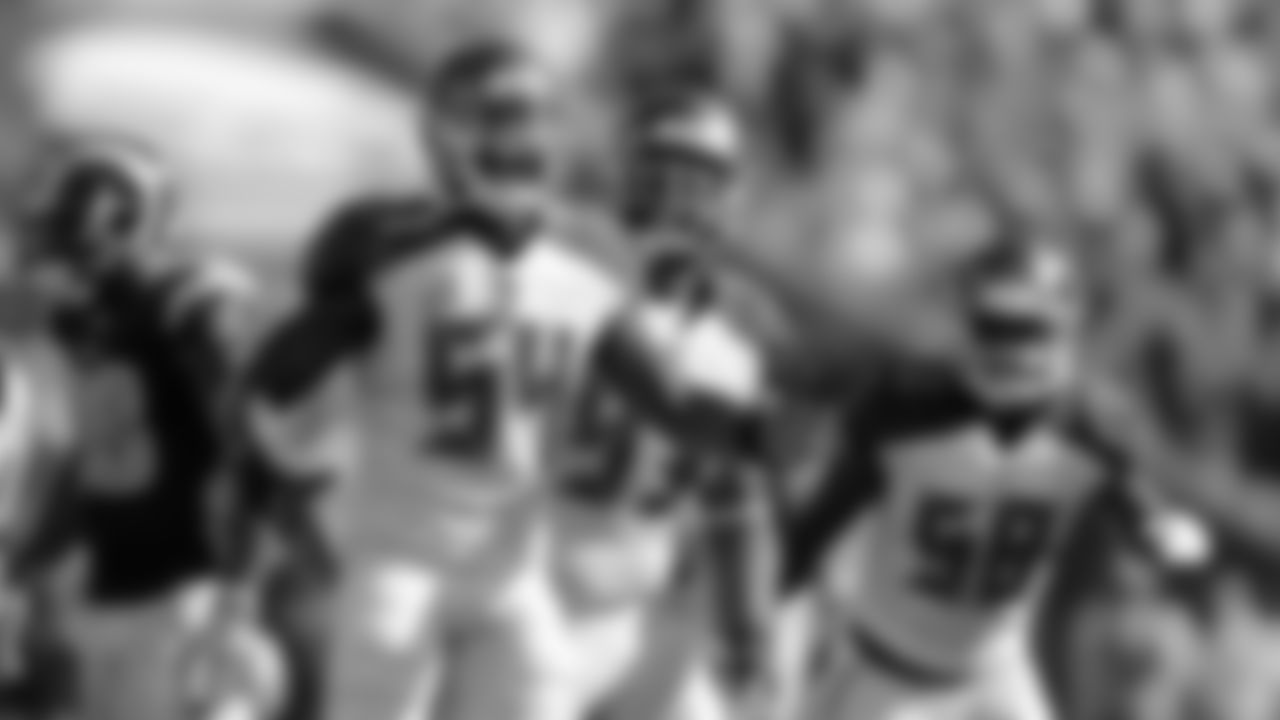

93 DT Gerald McCoy
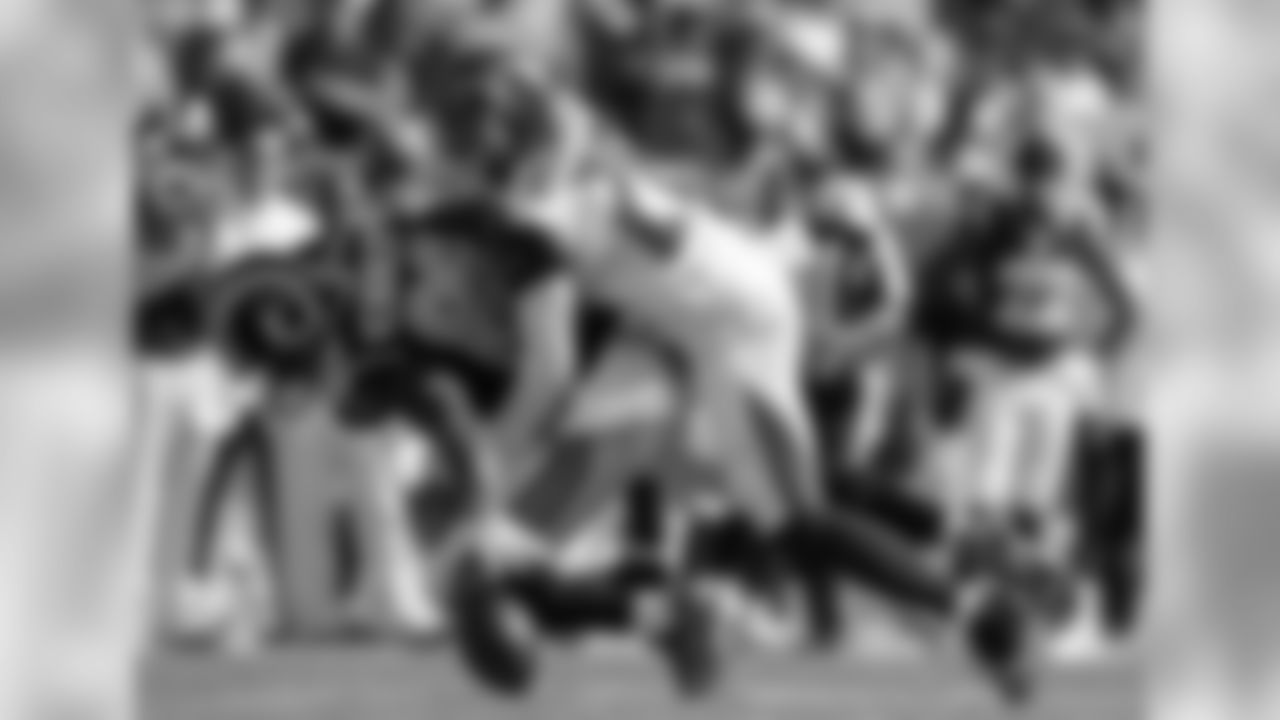
28 CB Vernon Hargreaves
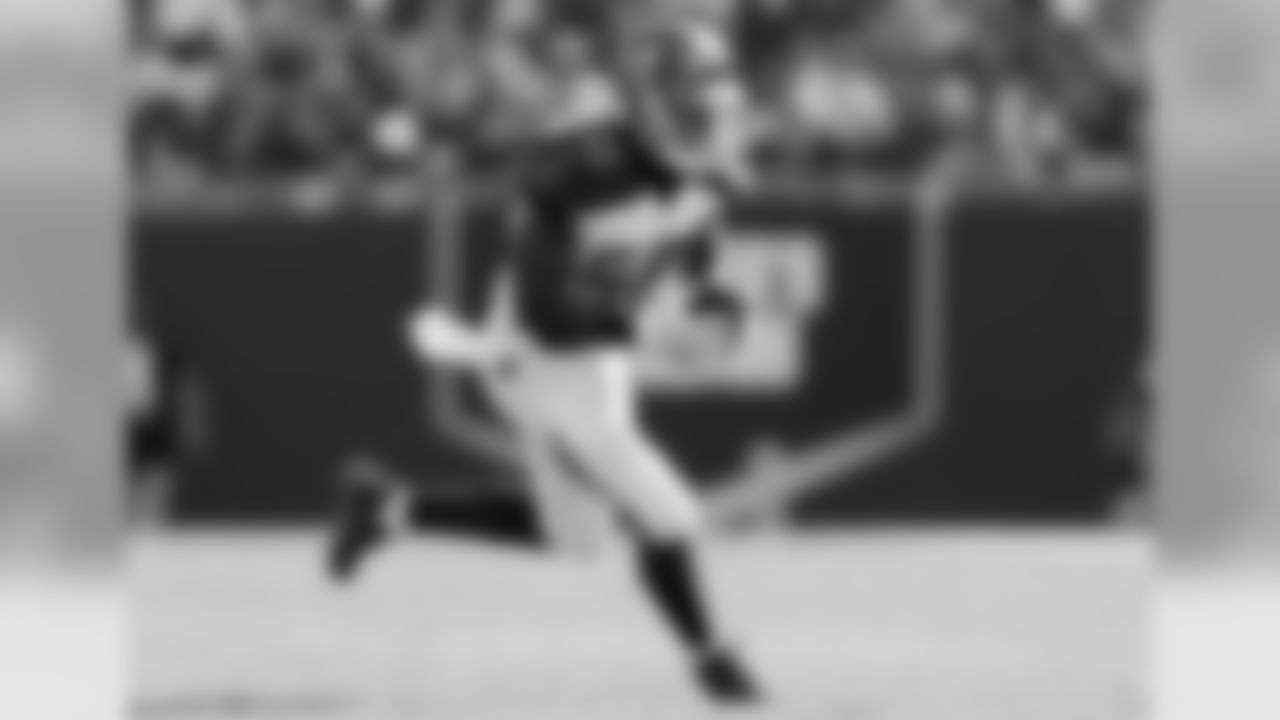
58 LB Kwon Alexander
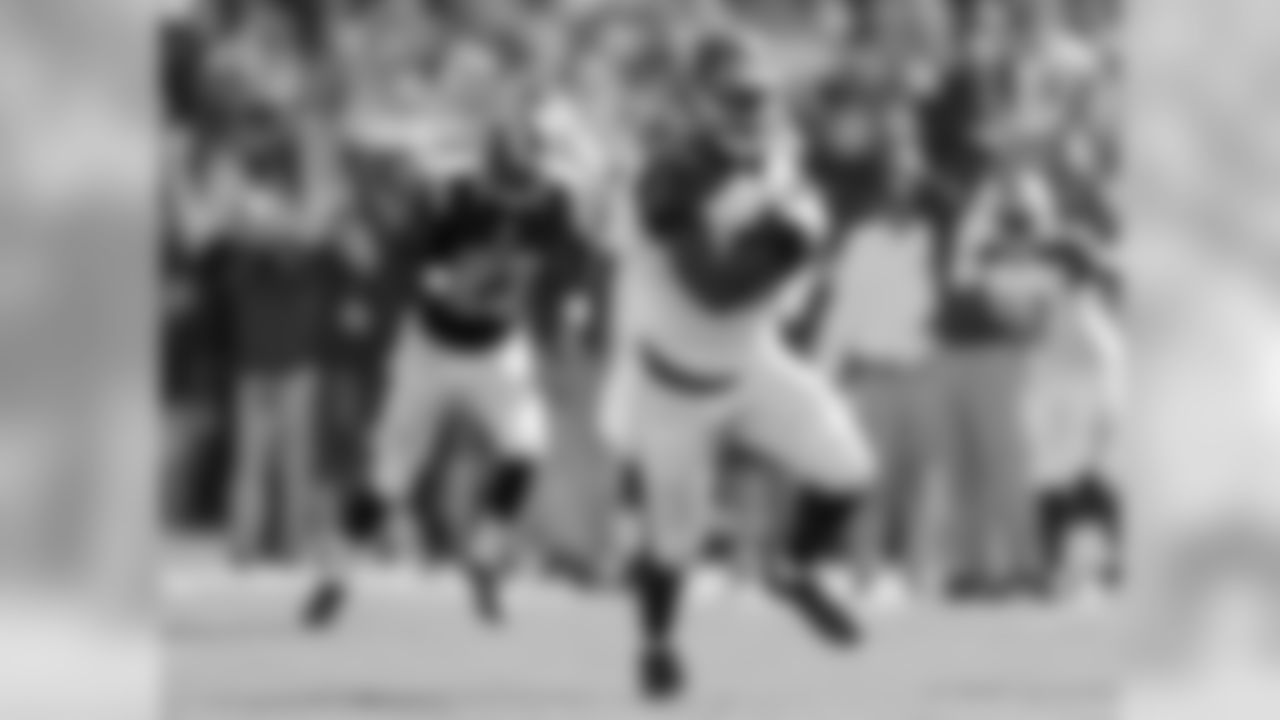
58 LB Kwon Alexander
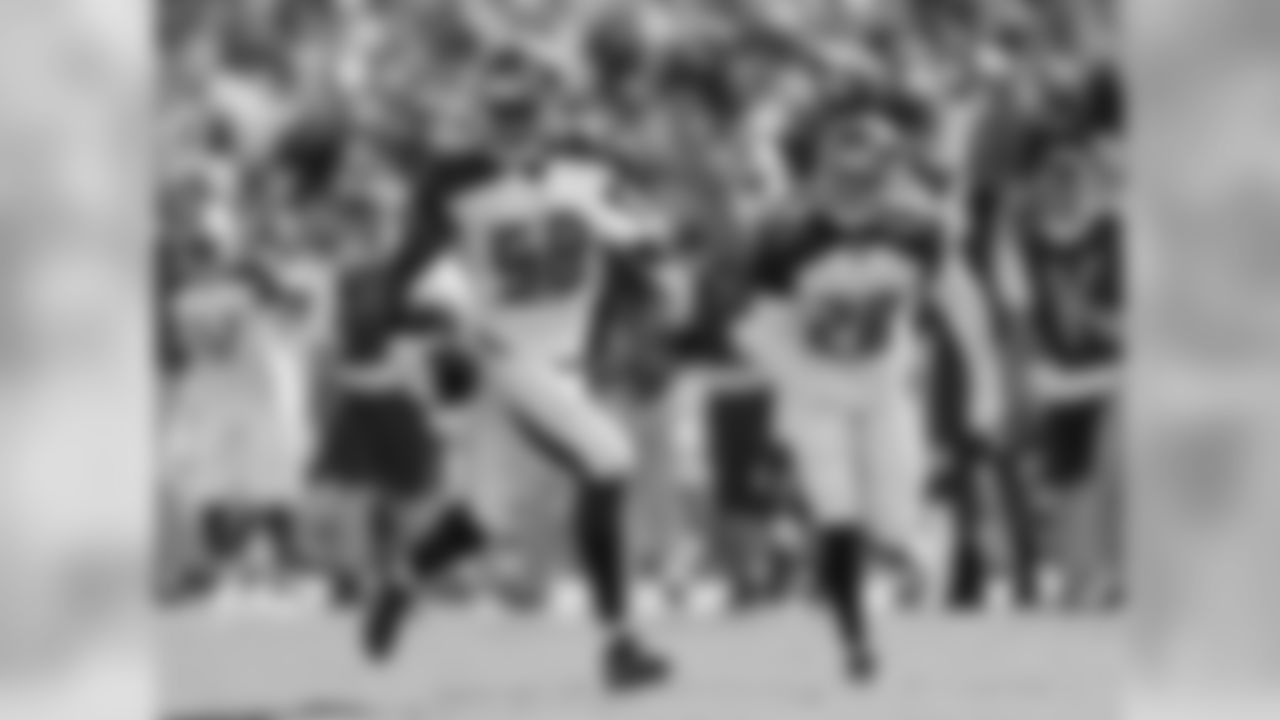
58 LB Kwon Alexander

58 LB Kwon Alexander and #28 CB Vernon Hargreaves

58 LB Kwon Alexander
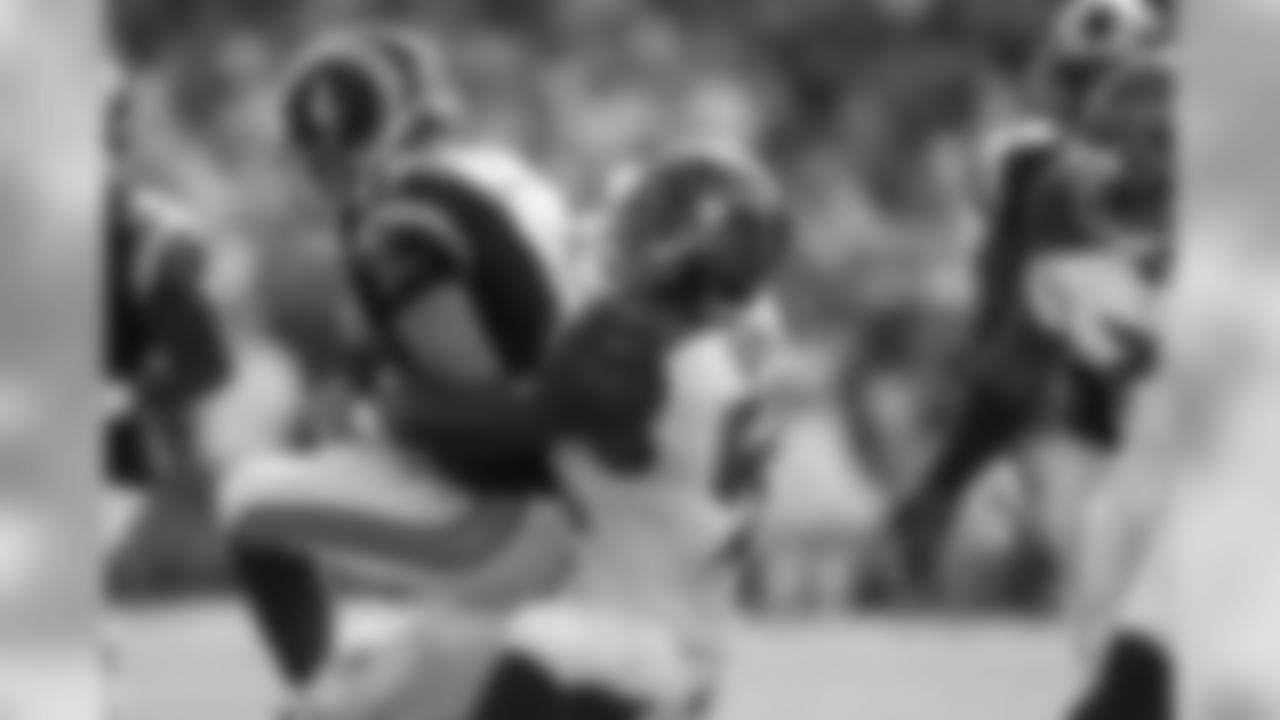
54 LB Lavonte David
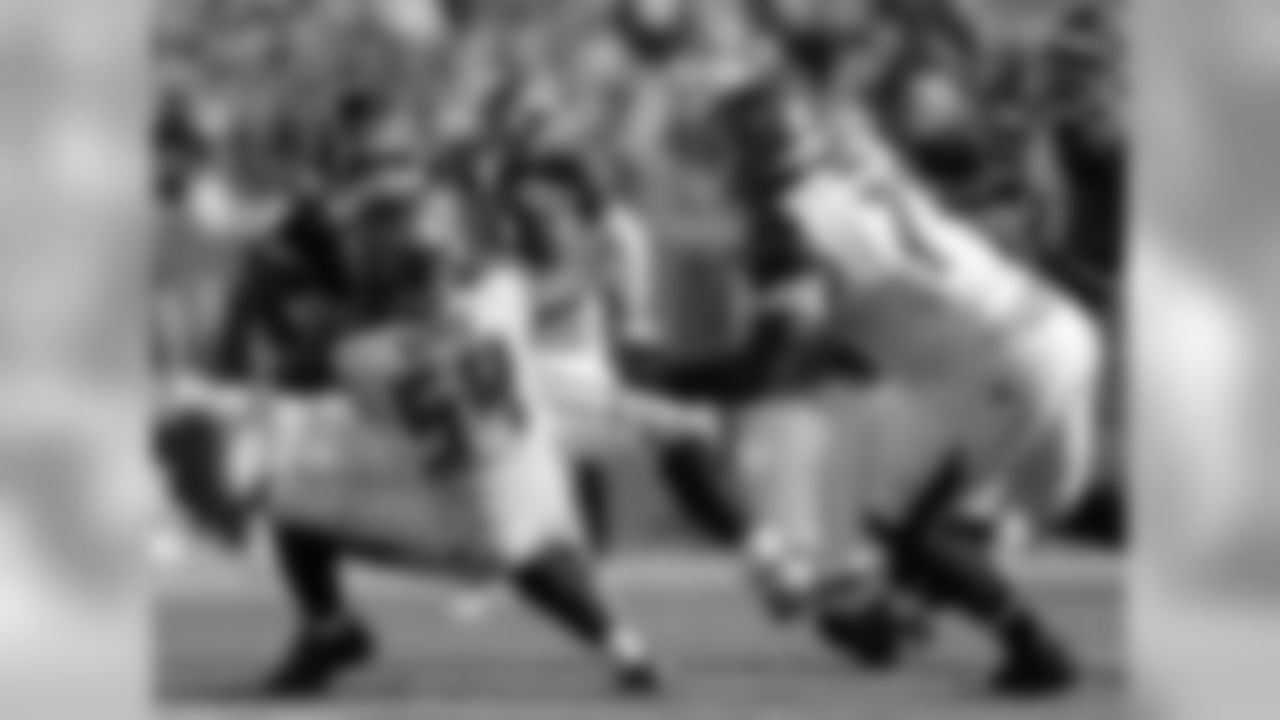
54 LB Lavonte David

54 LB Lavonte David and #93 DT Gerald McCoy
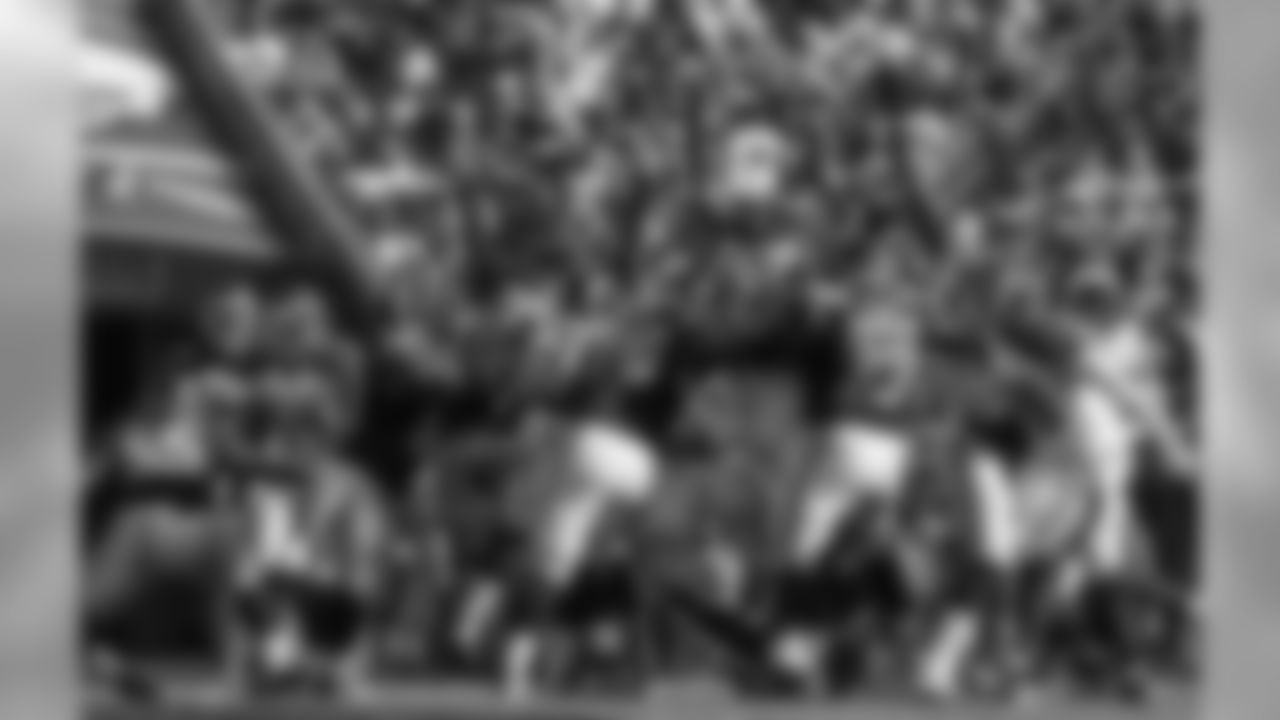
93 DT Gerald McCoy
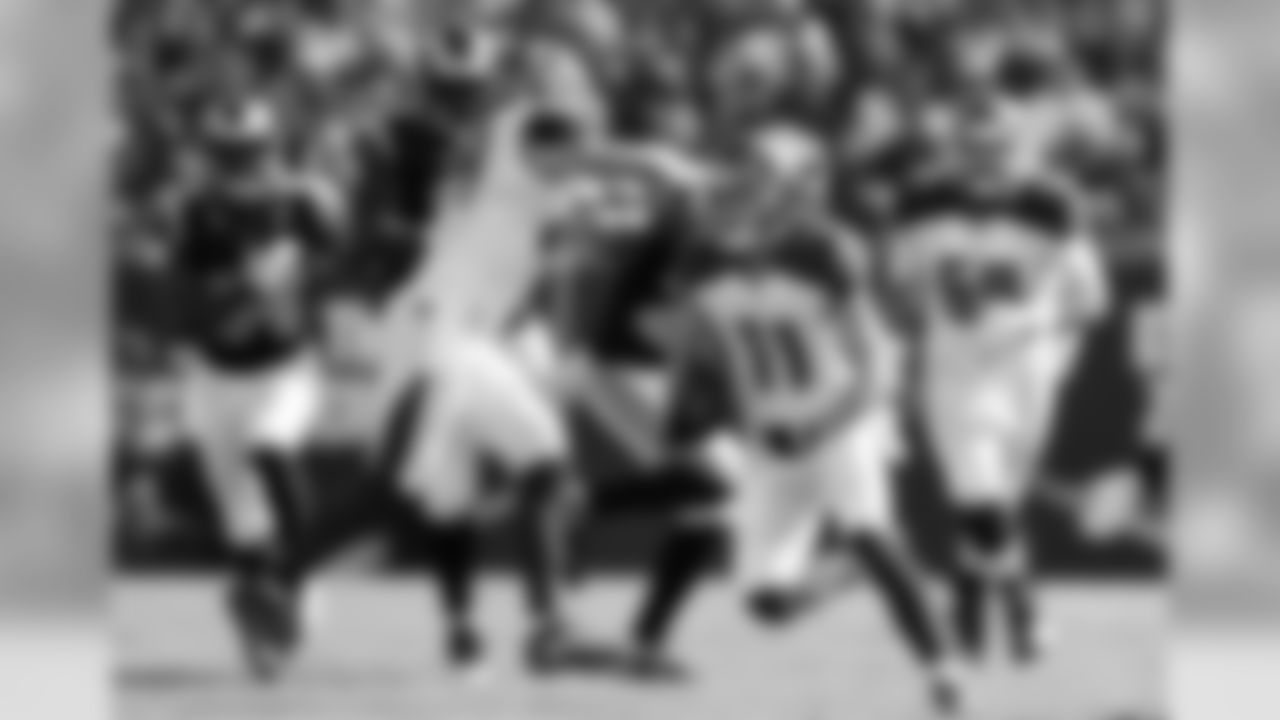
11 WR Adam Humphries
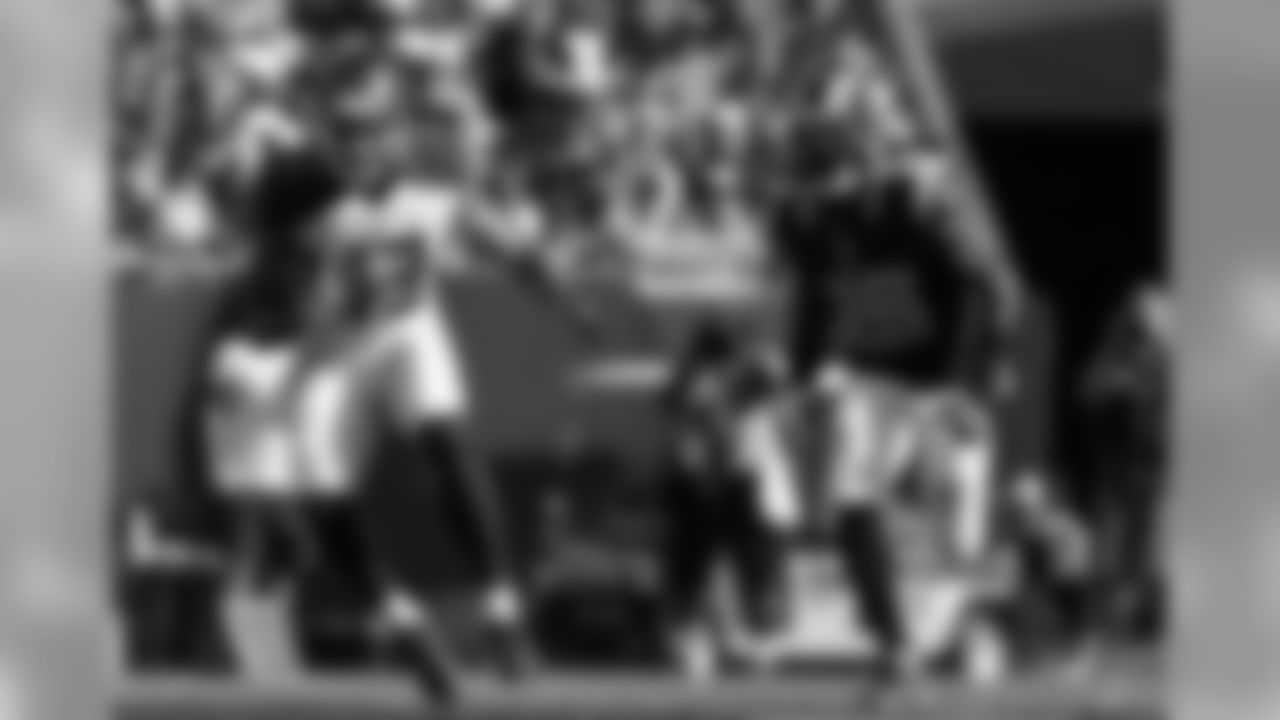
13 WR Mike Evans
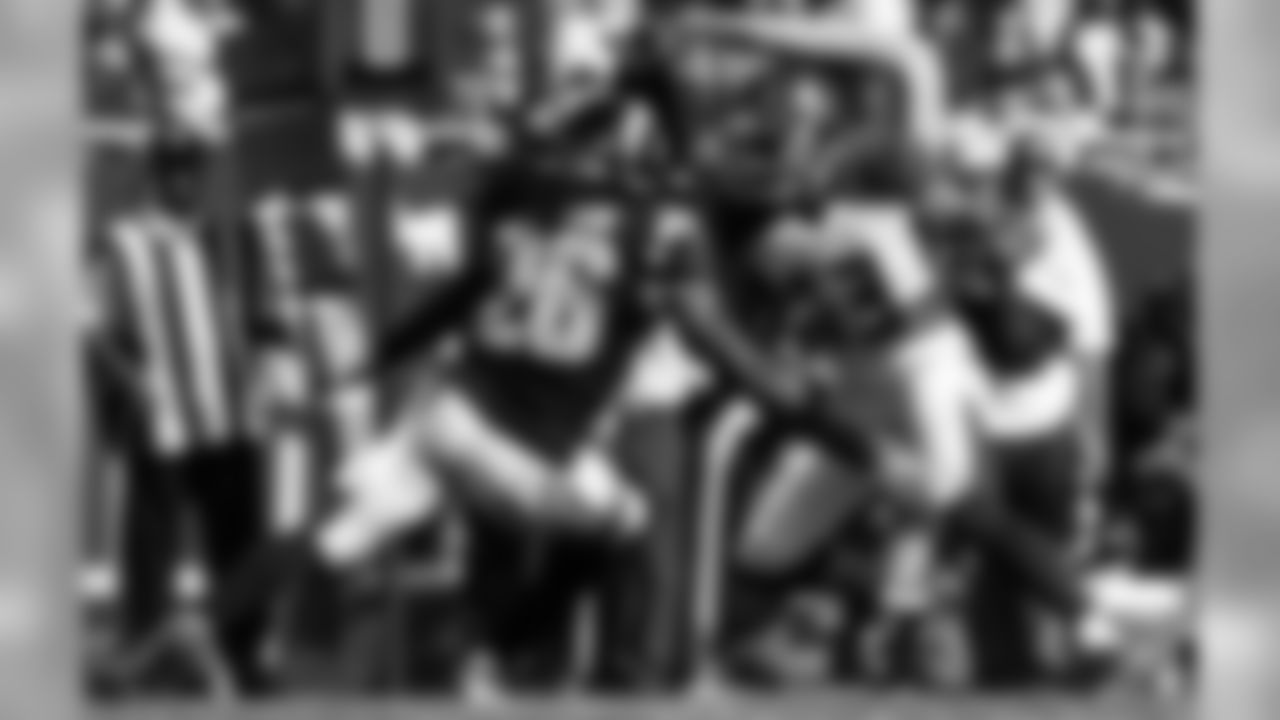
13 WR Mike Evans
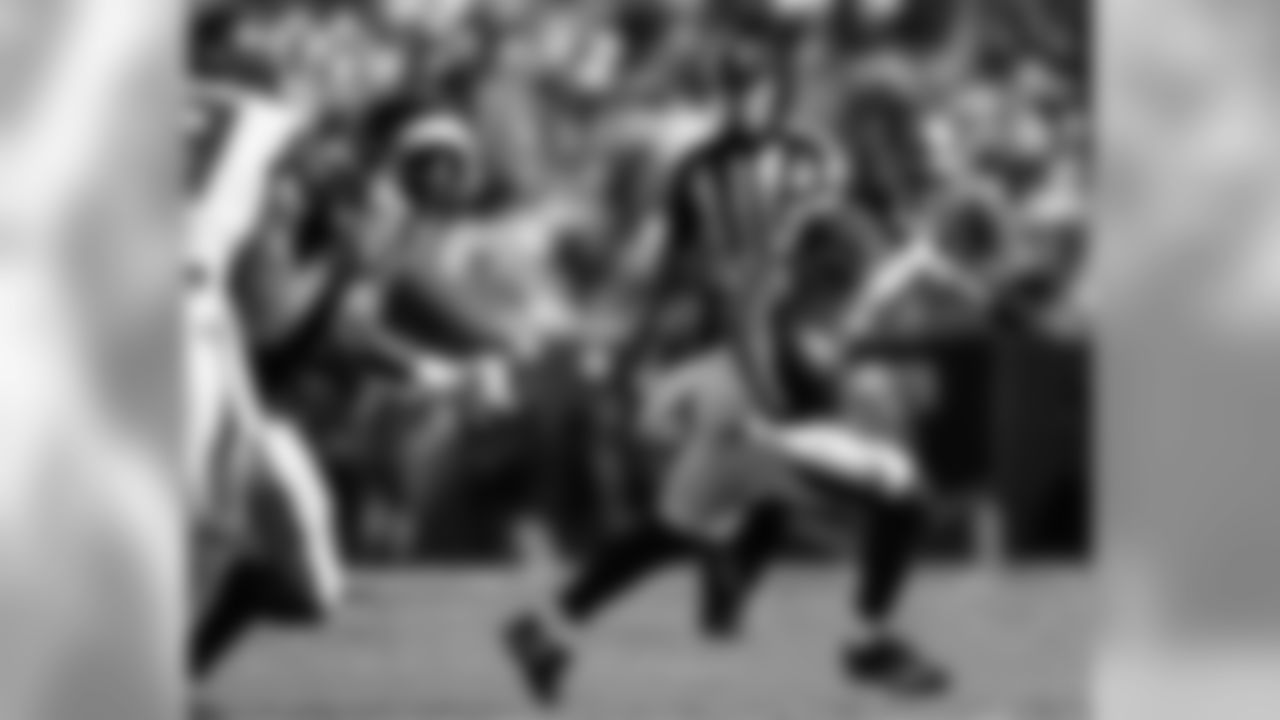
11 WR Adam Humphries
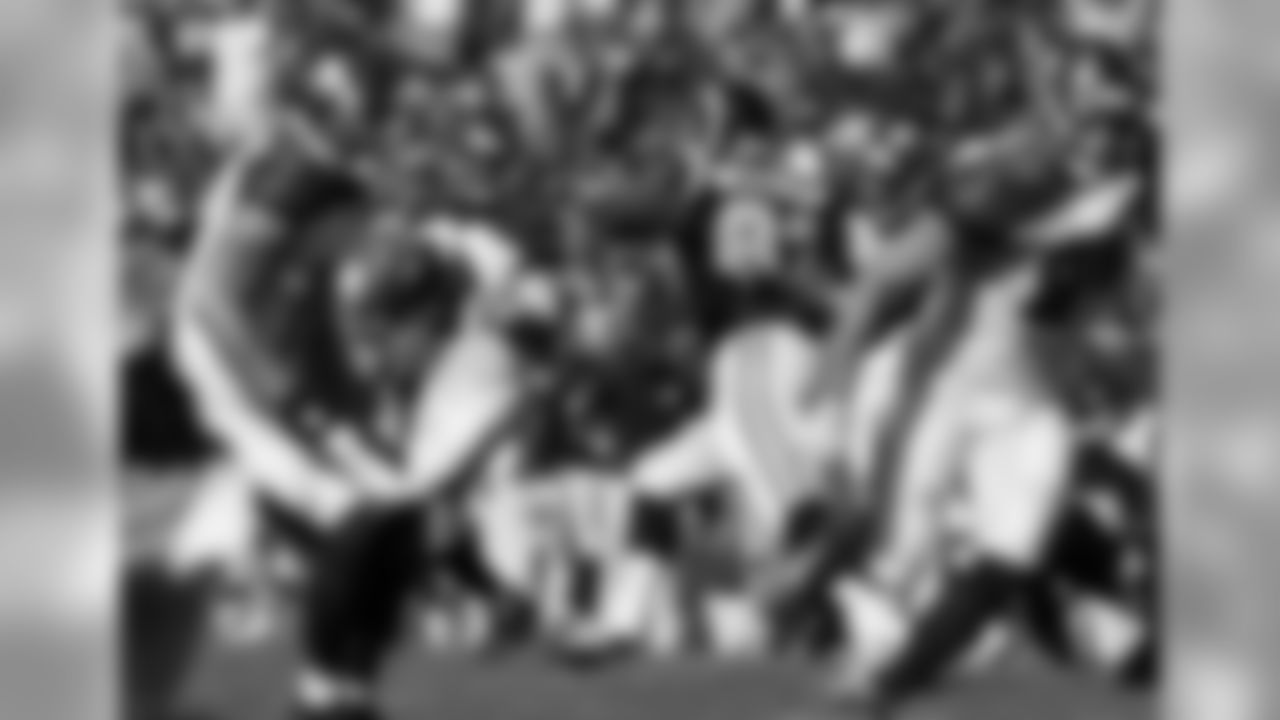
3 QB Jameis Winston

3 QB Jameis Winston

3 QB Jameis Winston
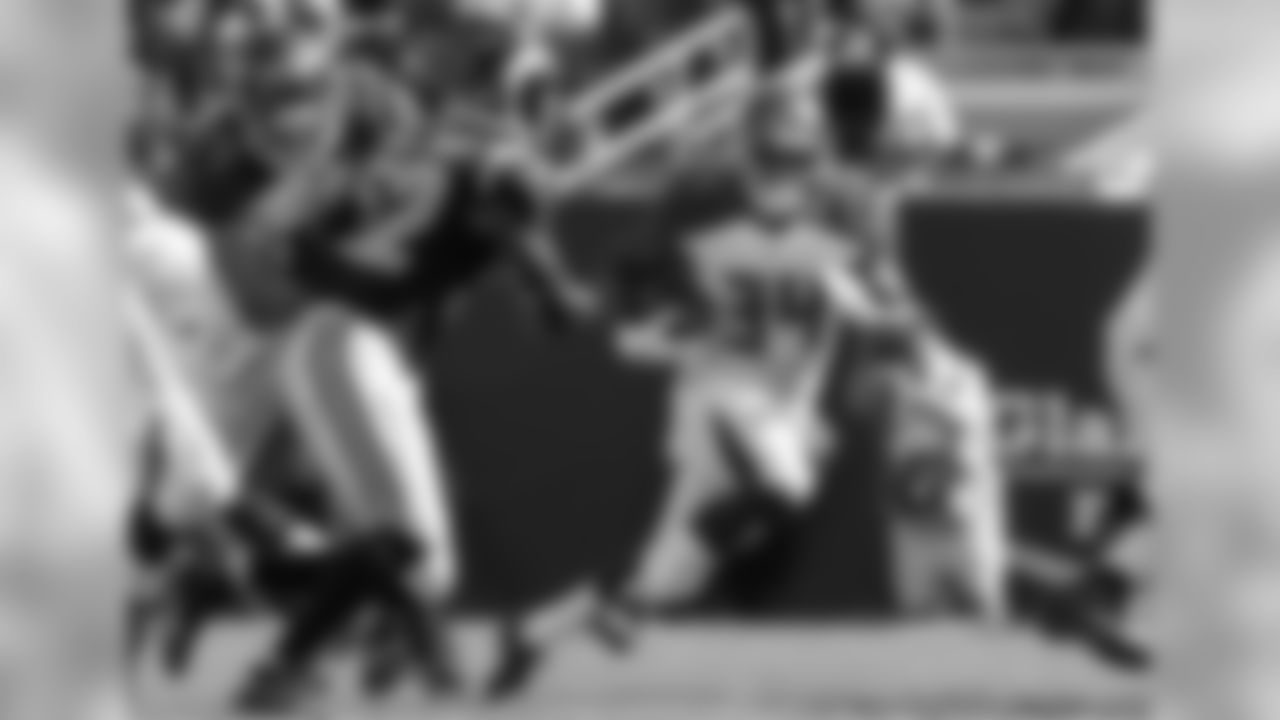
34 RB Charles Sims
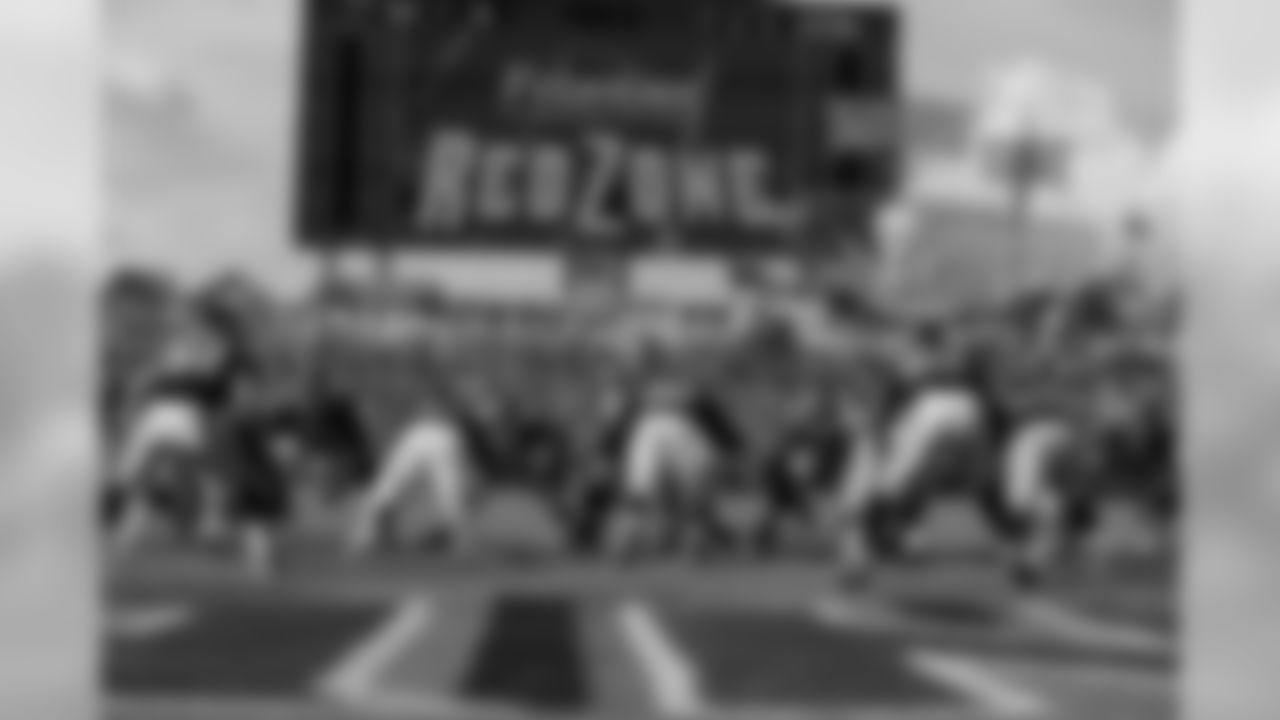
3 QB Jameis Winston
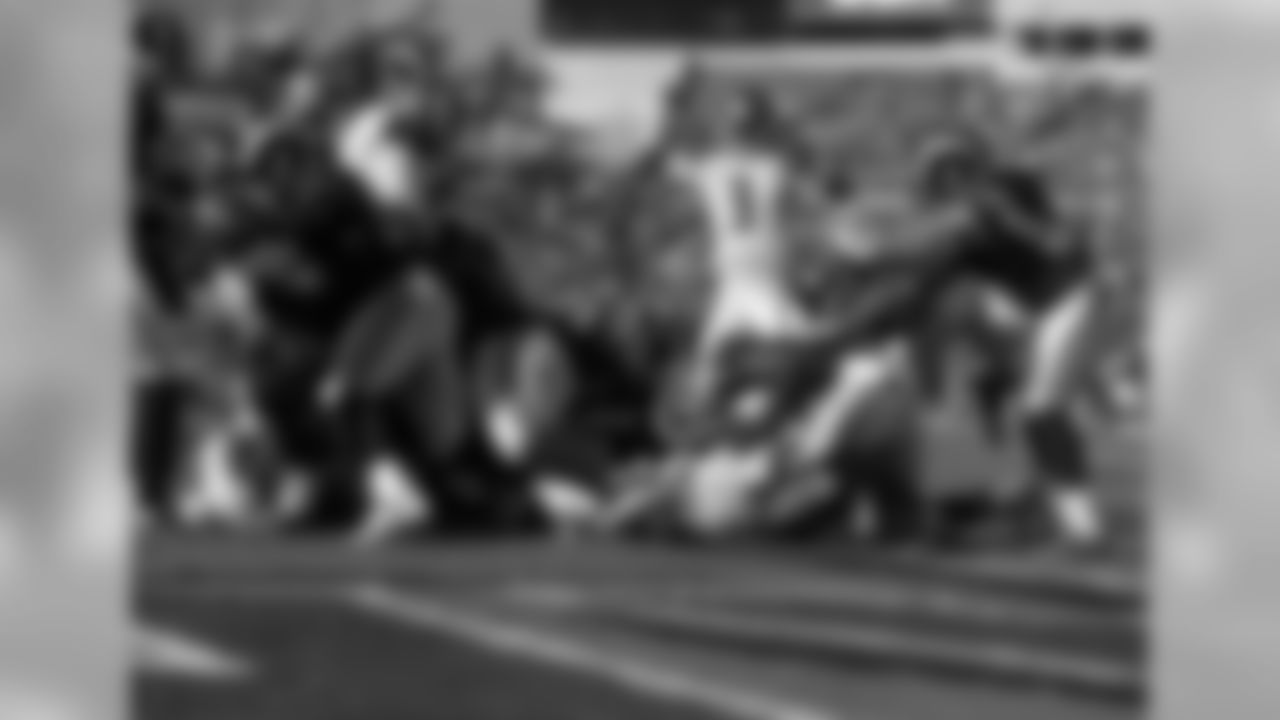
3 QB Jameis Winston
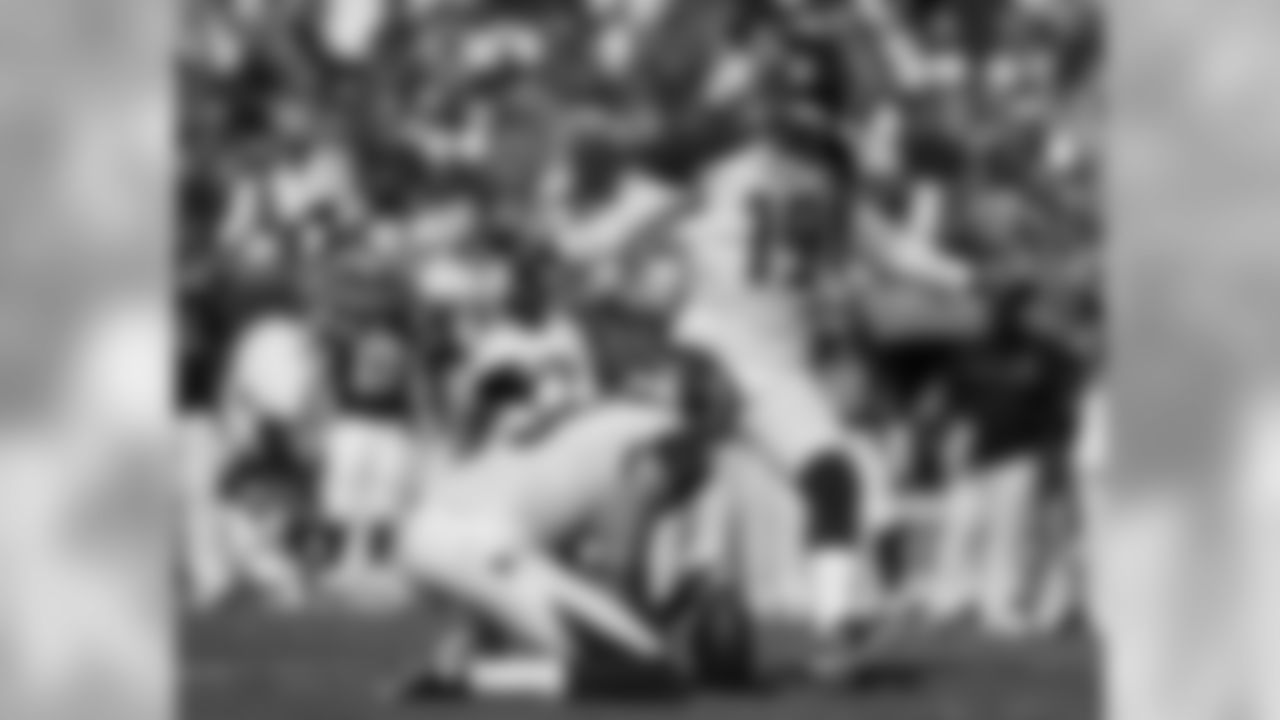
19 K Roberto Aguayo

13 WR Mike Evans

34 RB Charles Sims
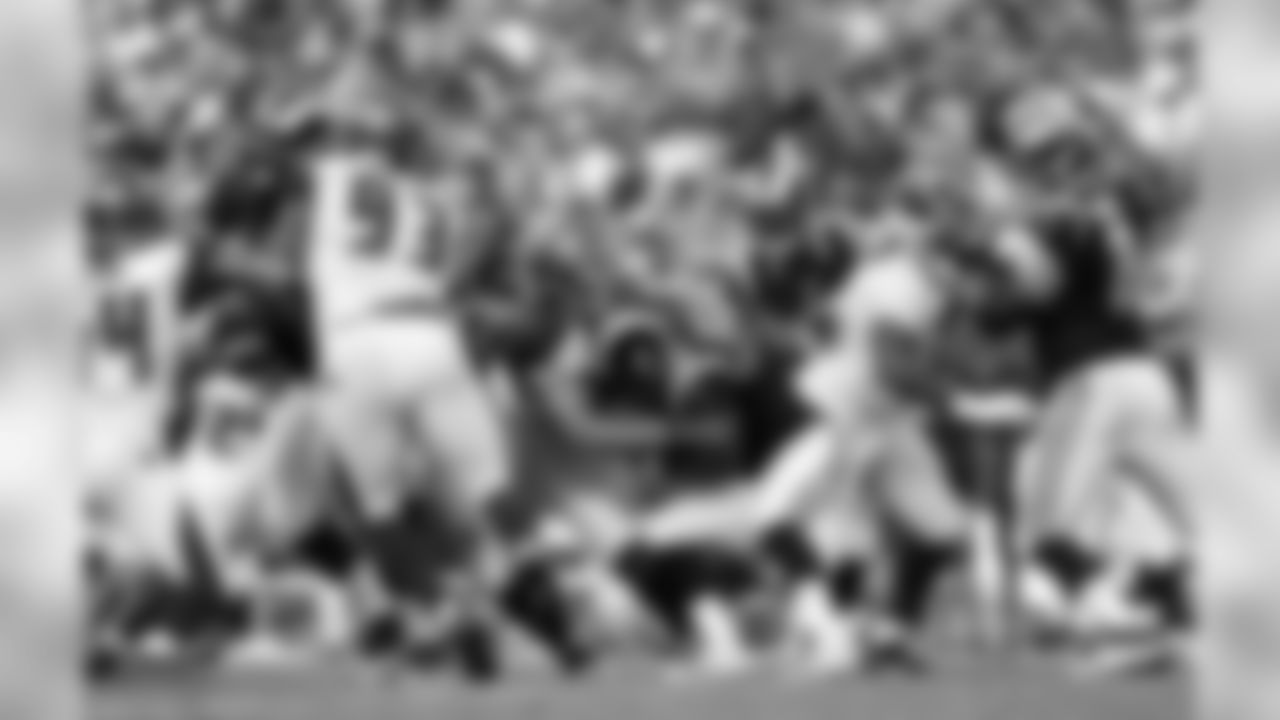
23 S Chris Conte
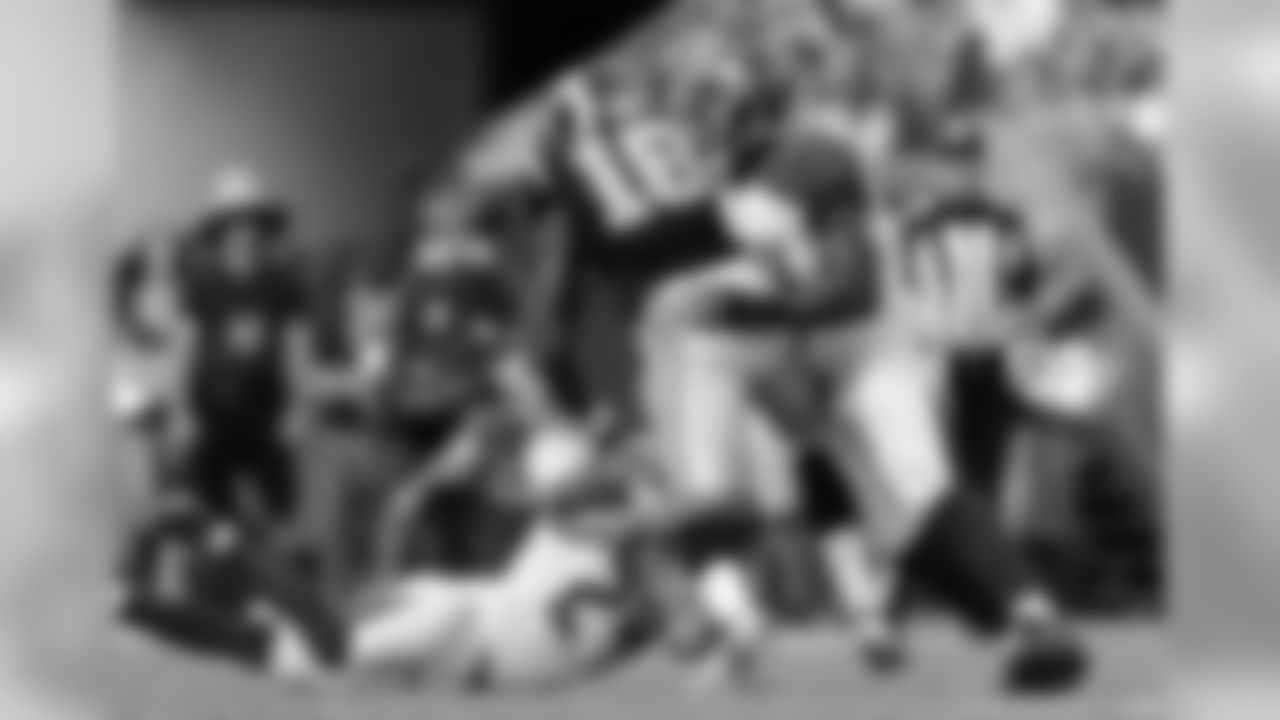
24 CB Brent Grimes and #54 LB Lavonte David
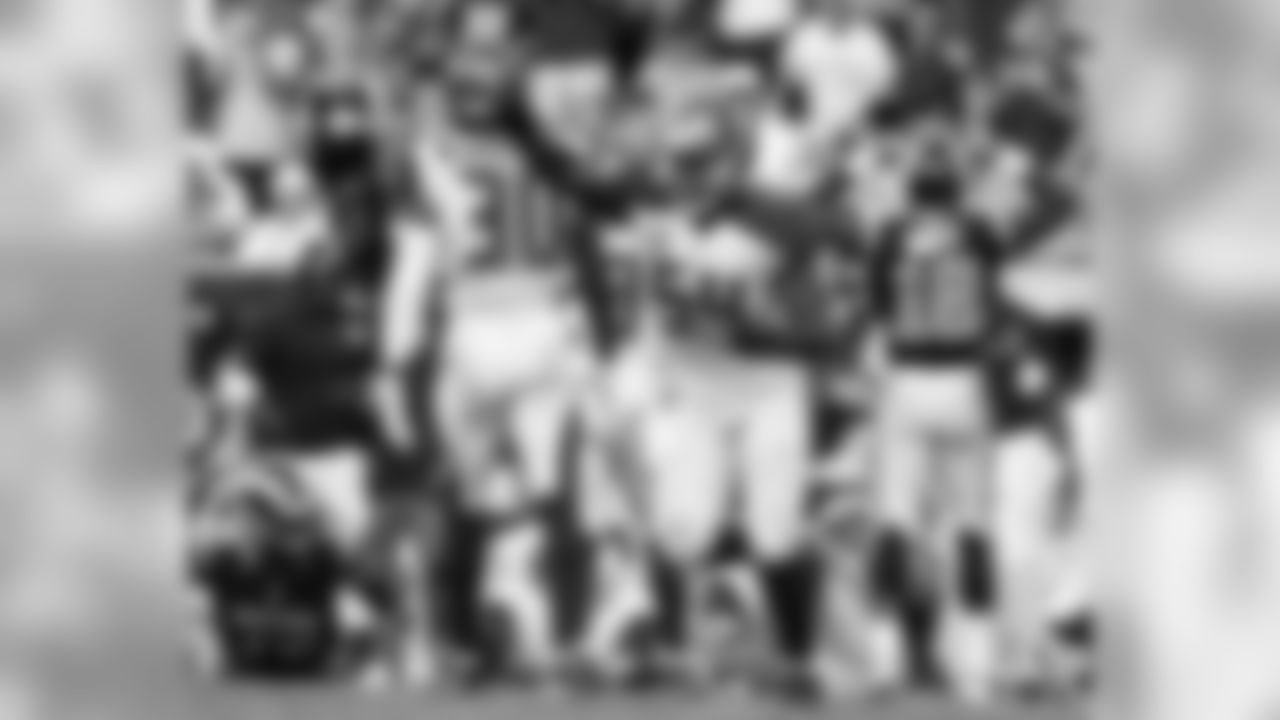
54 LB Lavonte David
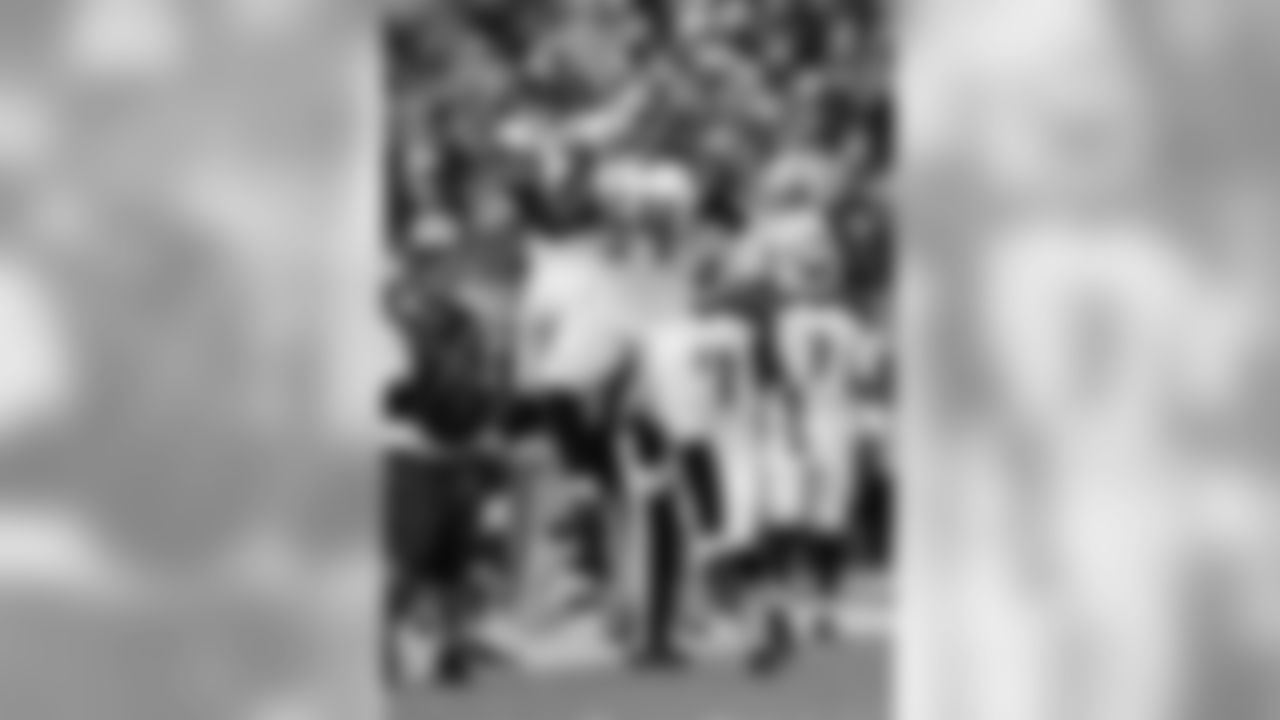
97 DT Akeem Spence and #54 LB Lavonte David
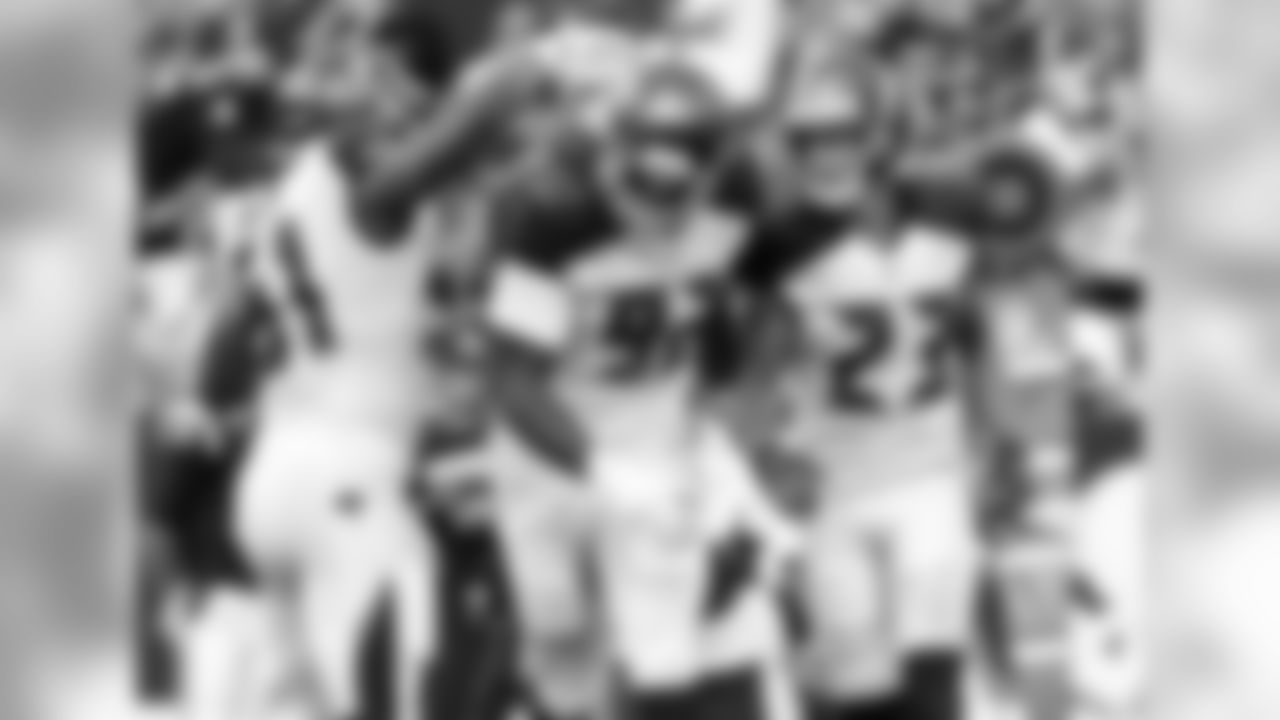
51 LB Daryl Smith, #92 DE William Gholston, and #23 S Chris Conte
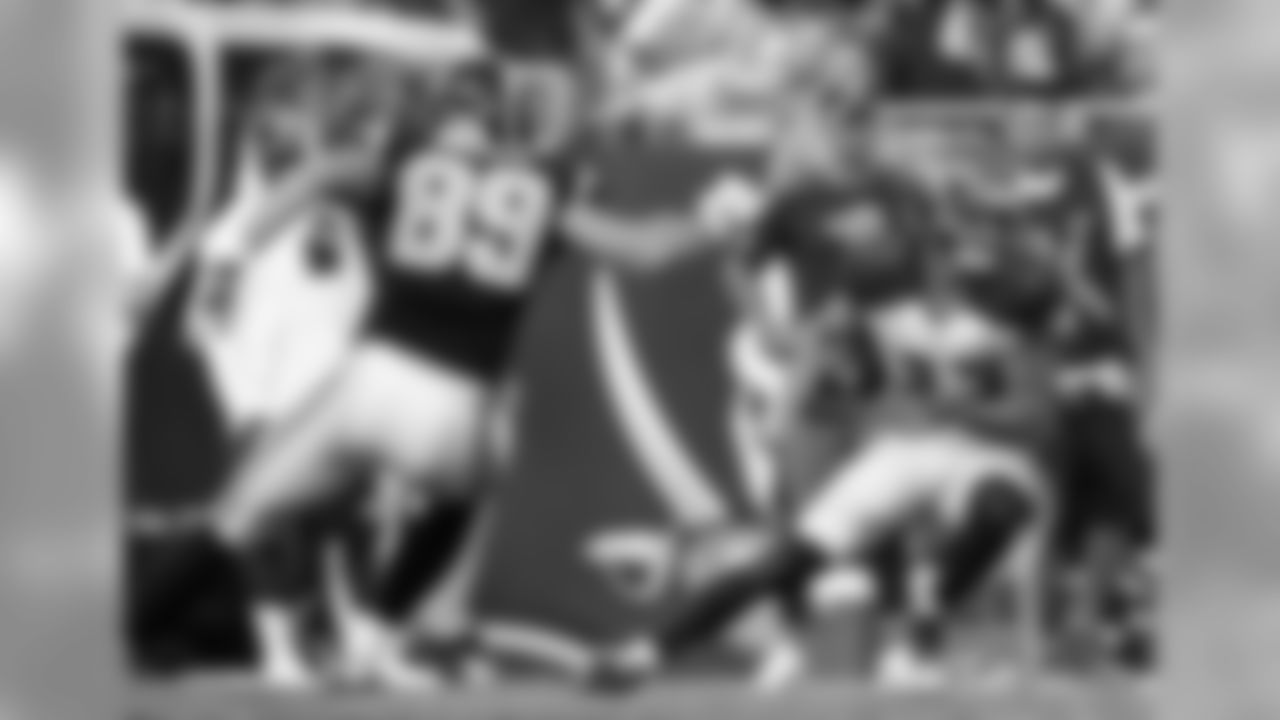
23 S Chris Conte
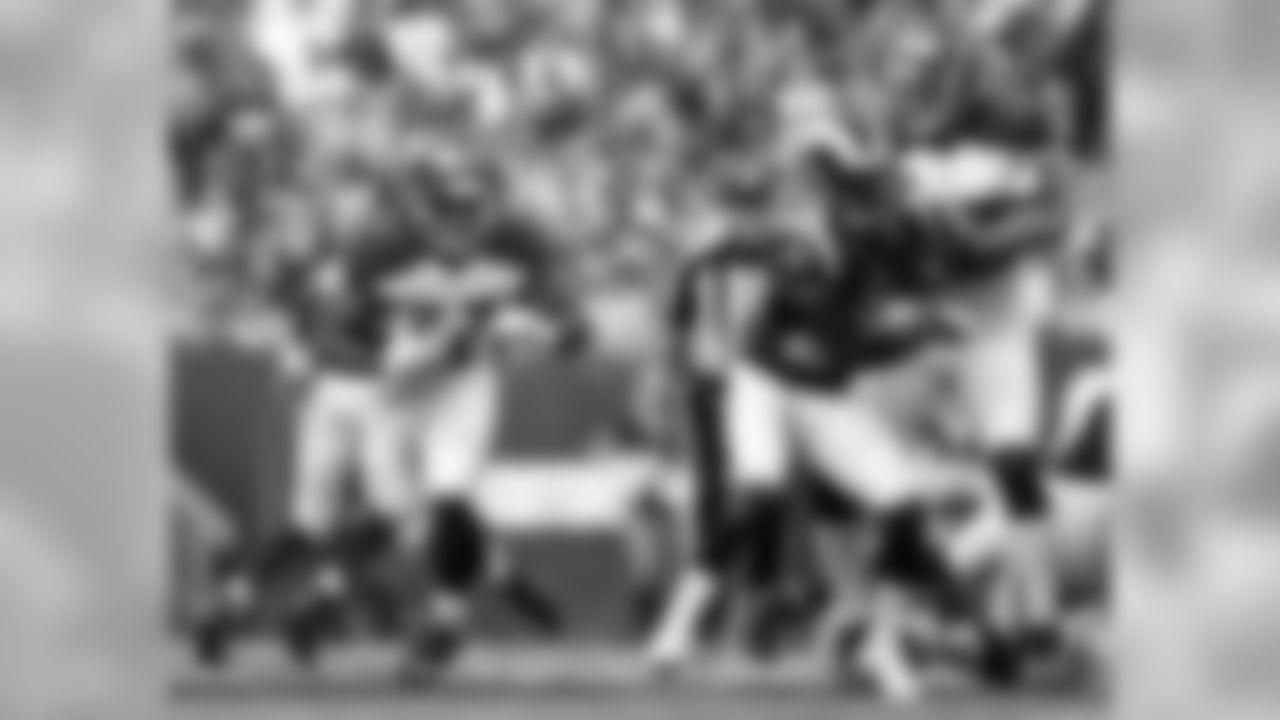
32 RB Jacquizz Rodgers
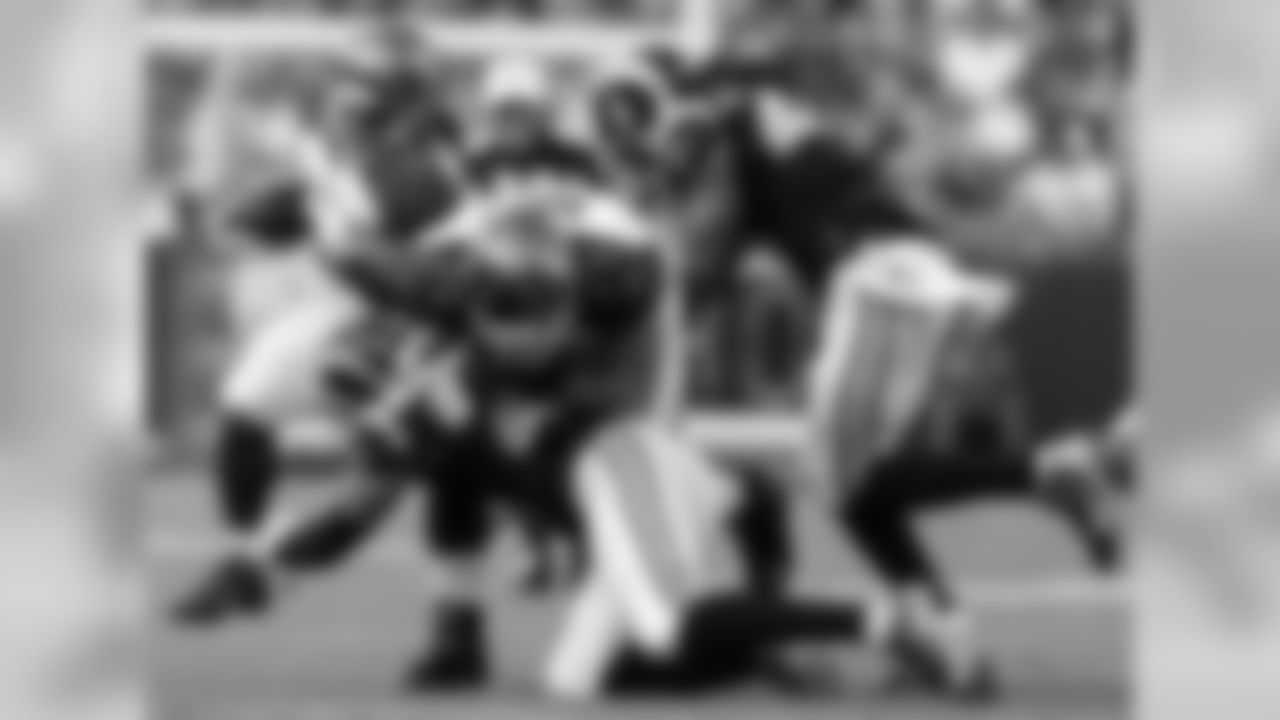
32 RB Jacquizz Rodgers

32 RB Jacquizz Rodgers
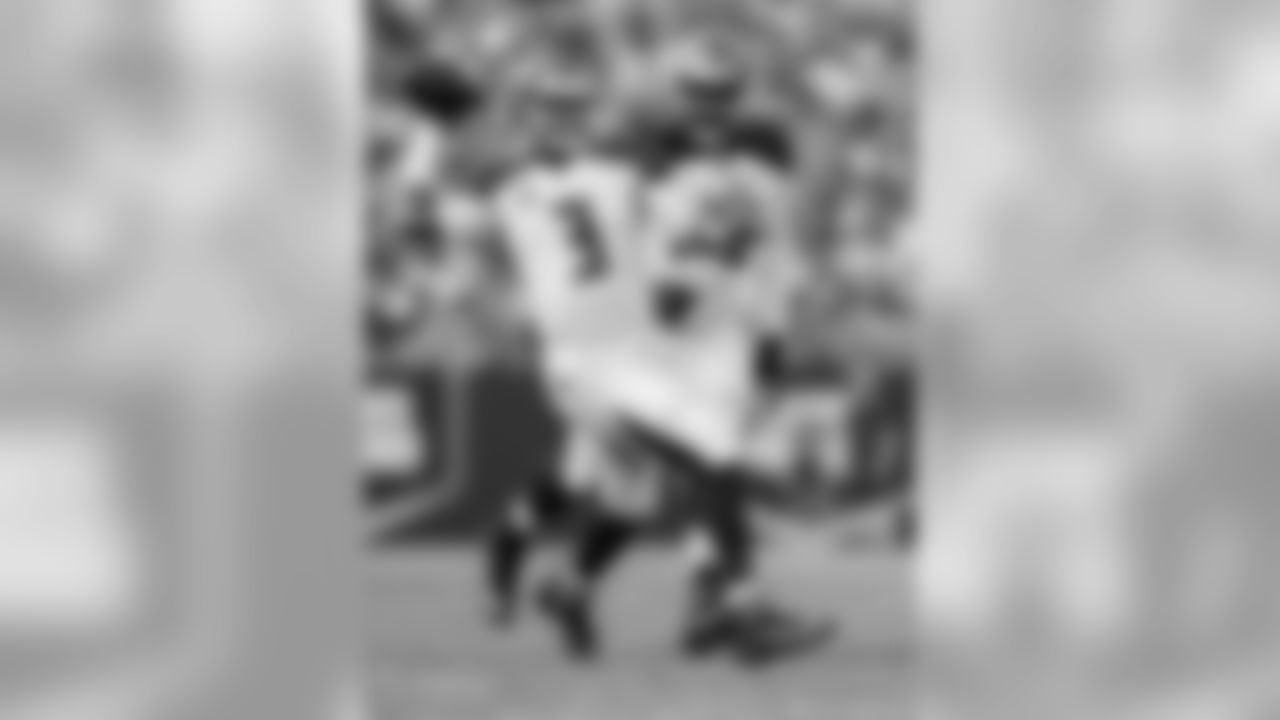
3 QB Jameis Winston
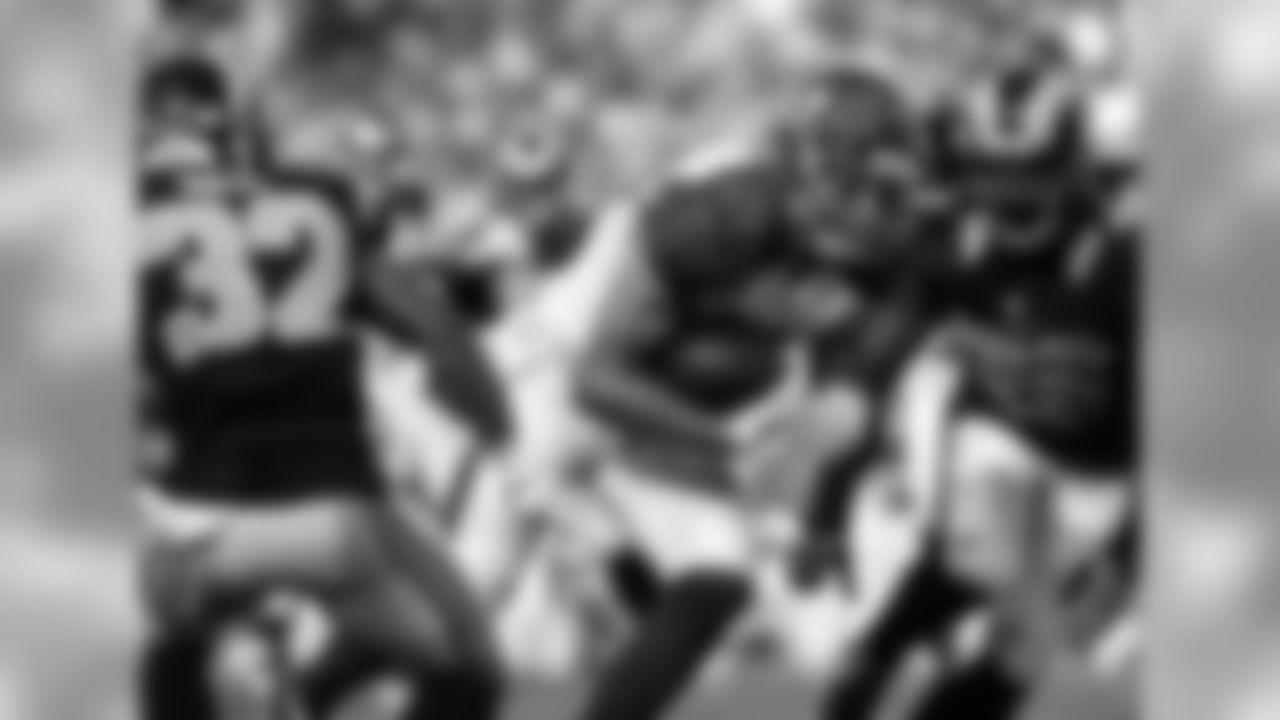
84 TE Cameron Brate
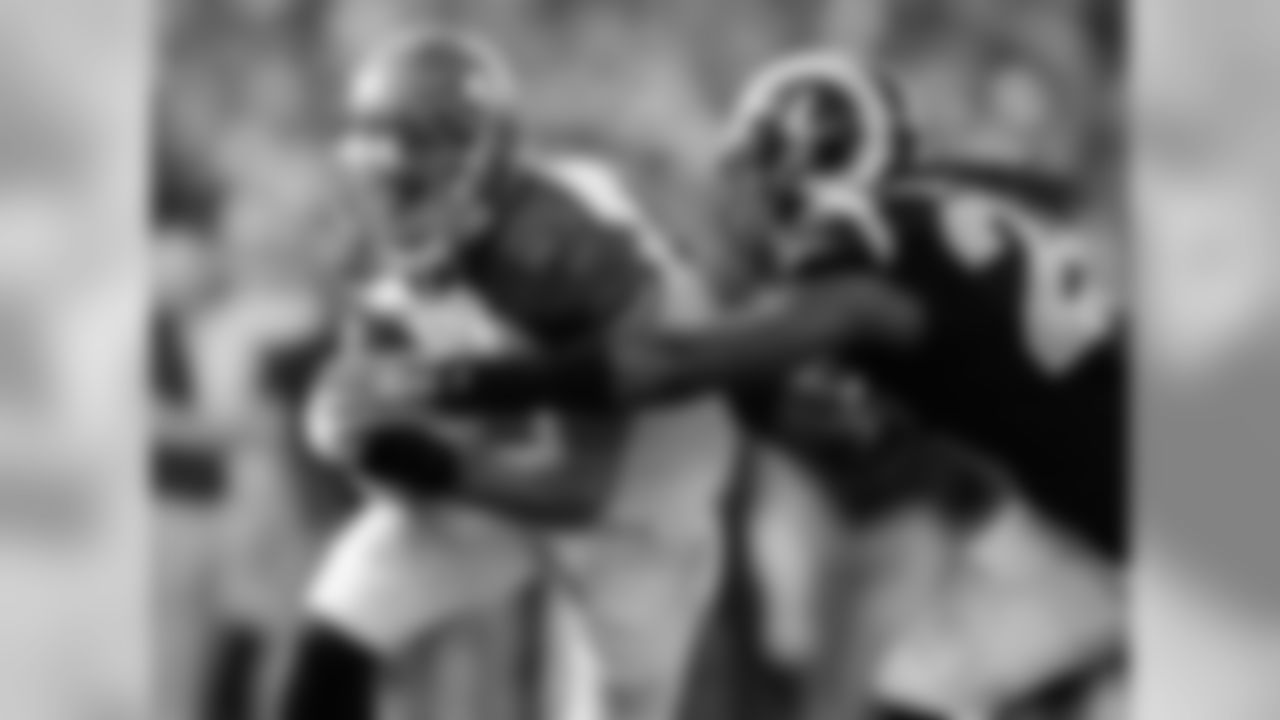
84 TE Cameron Brate
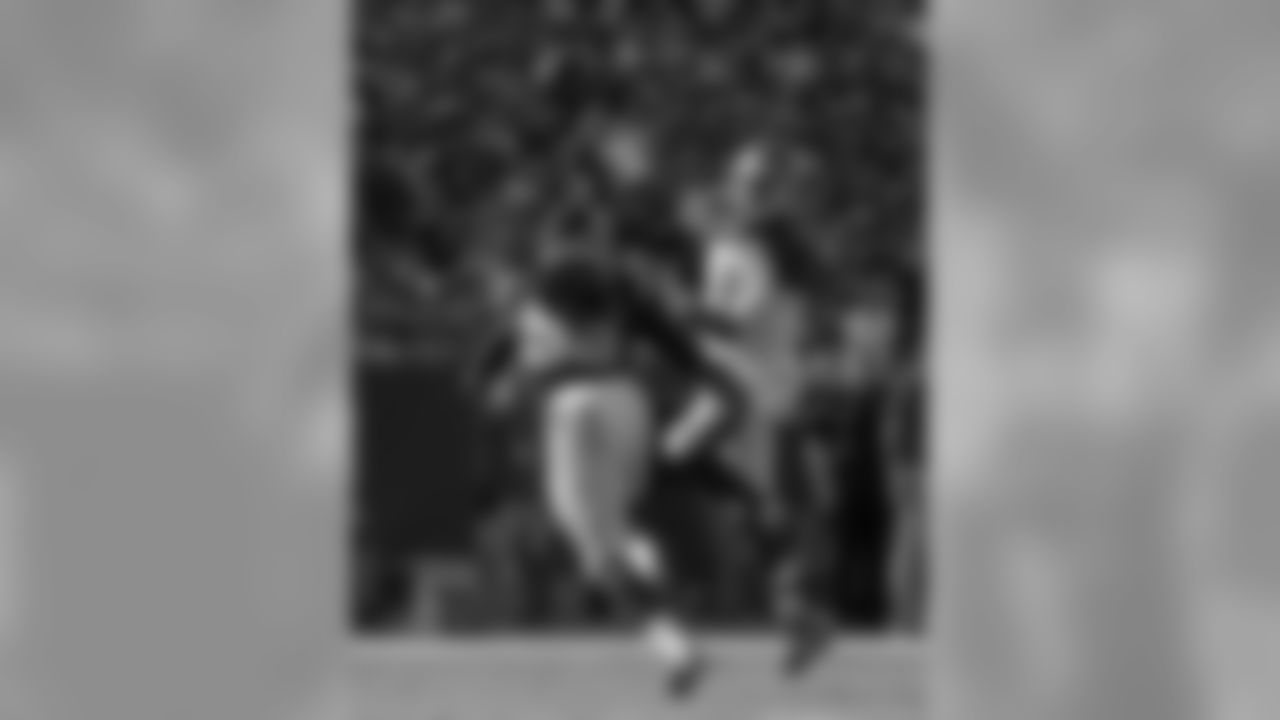
3 QB Jameis Winston
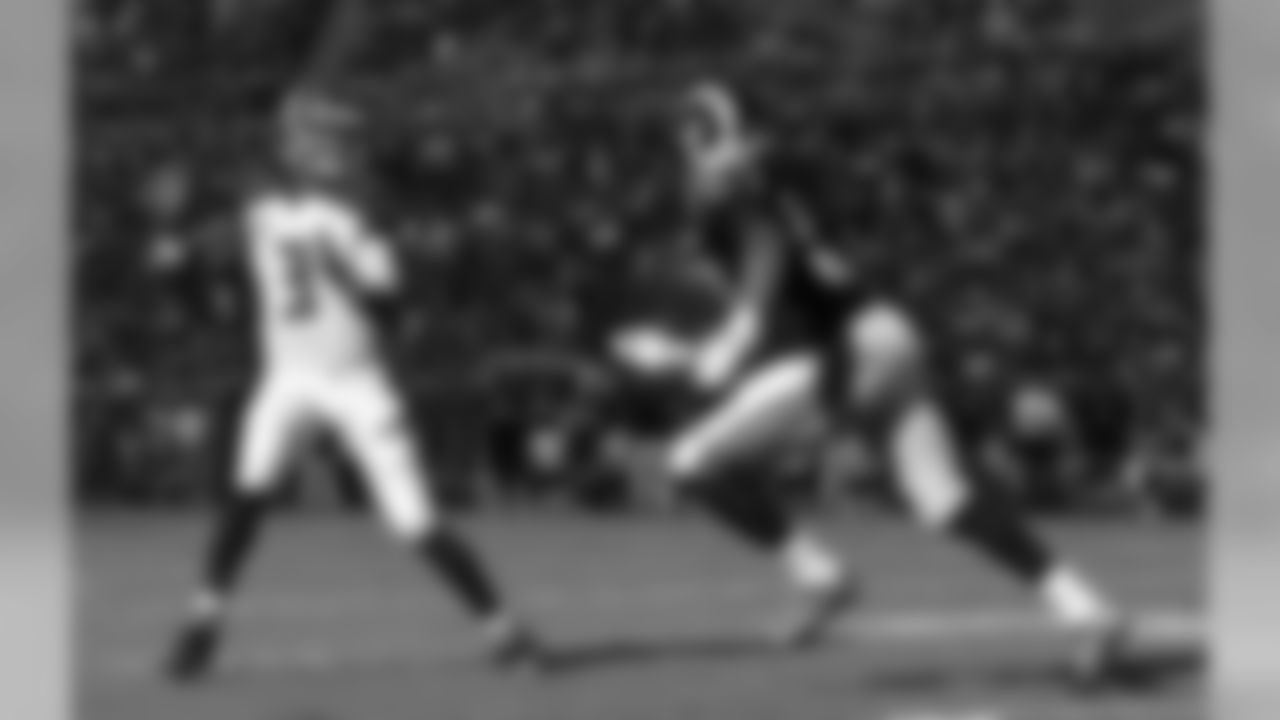
3 QB Jameis Winston
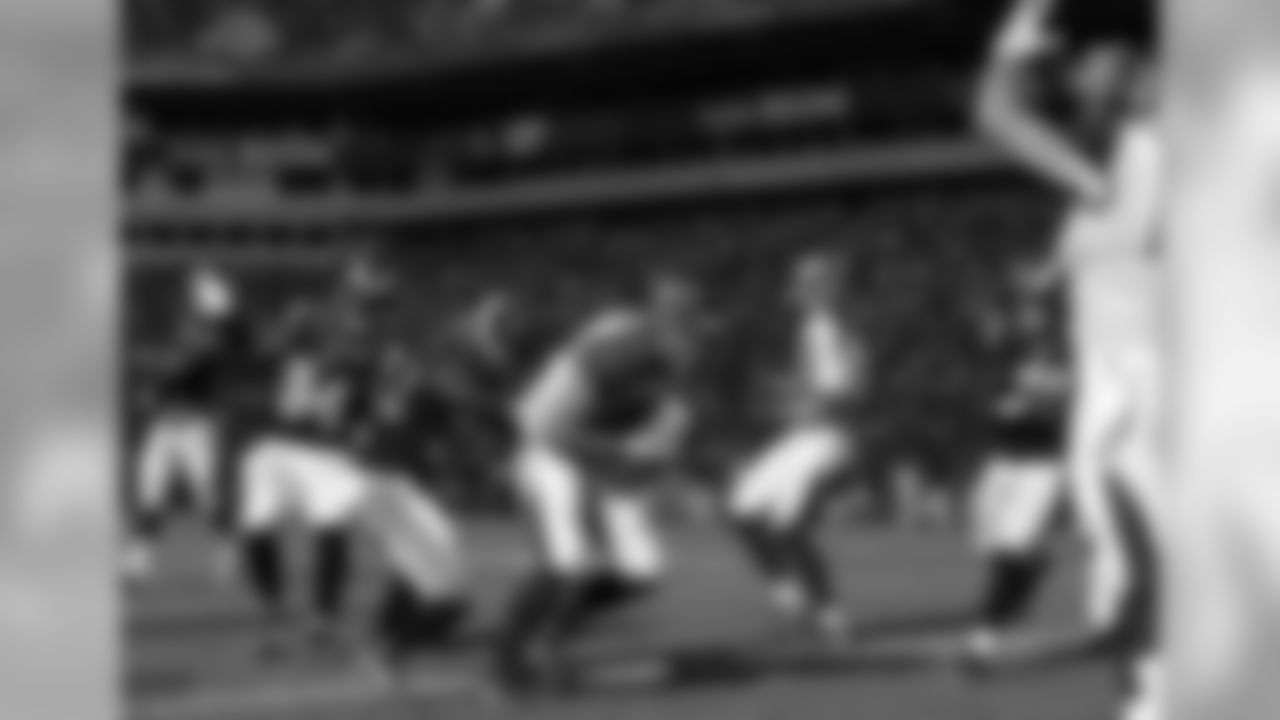
84 TE Cameron Brate
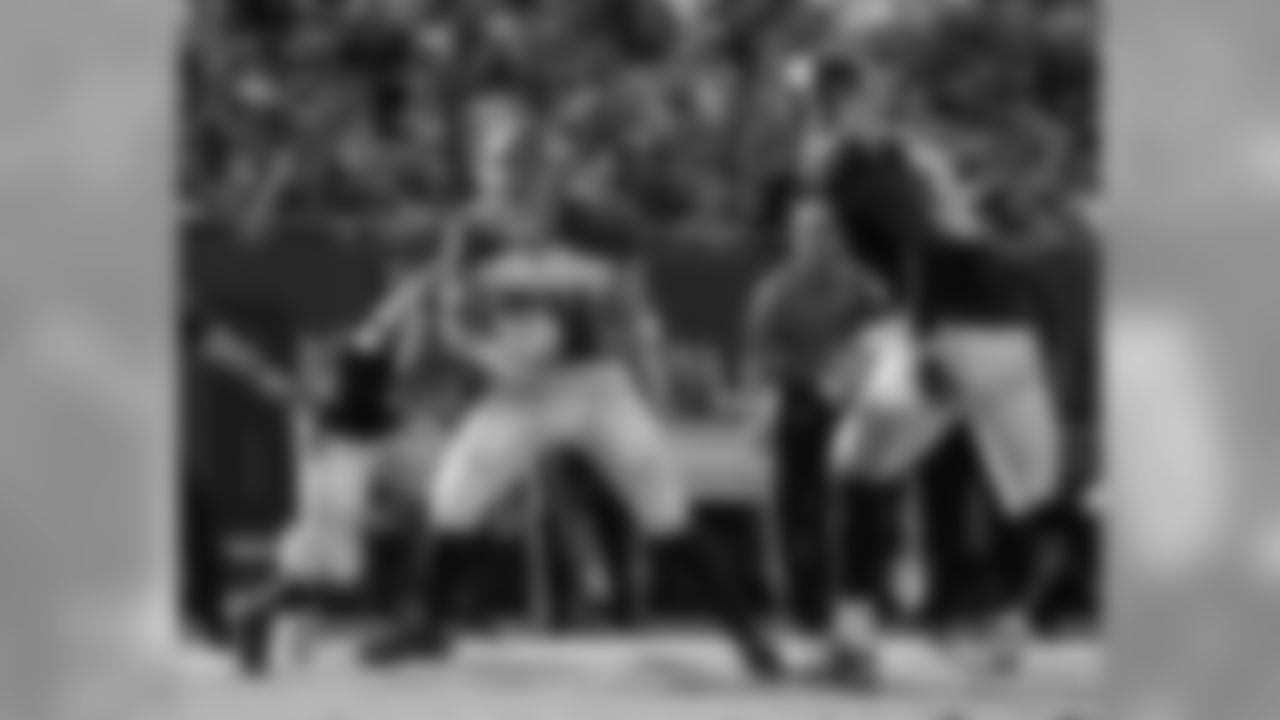
84 TE Cameron Brate
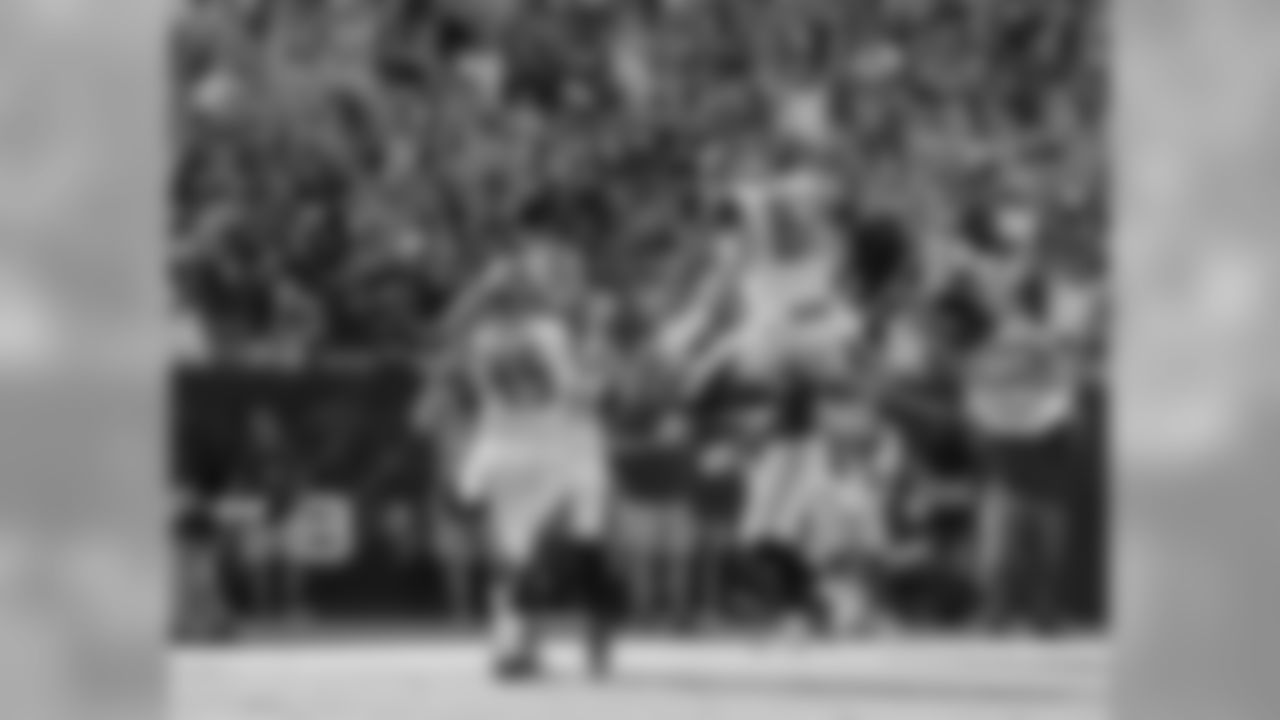
84 TE Cameron Brate, #45 TE Alan Cross, and #82 TE Brandon Myers

84 TE Cameron Brate and #45 TE Alan Cross
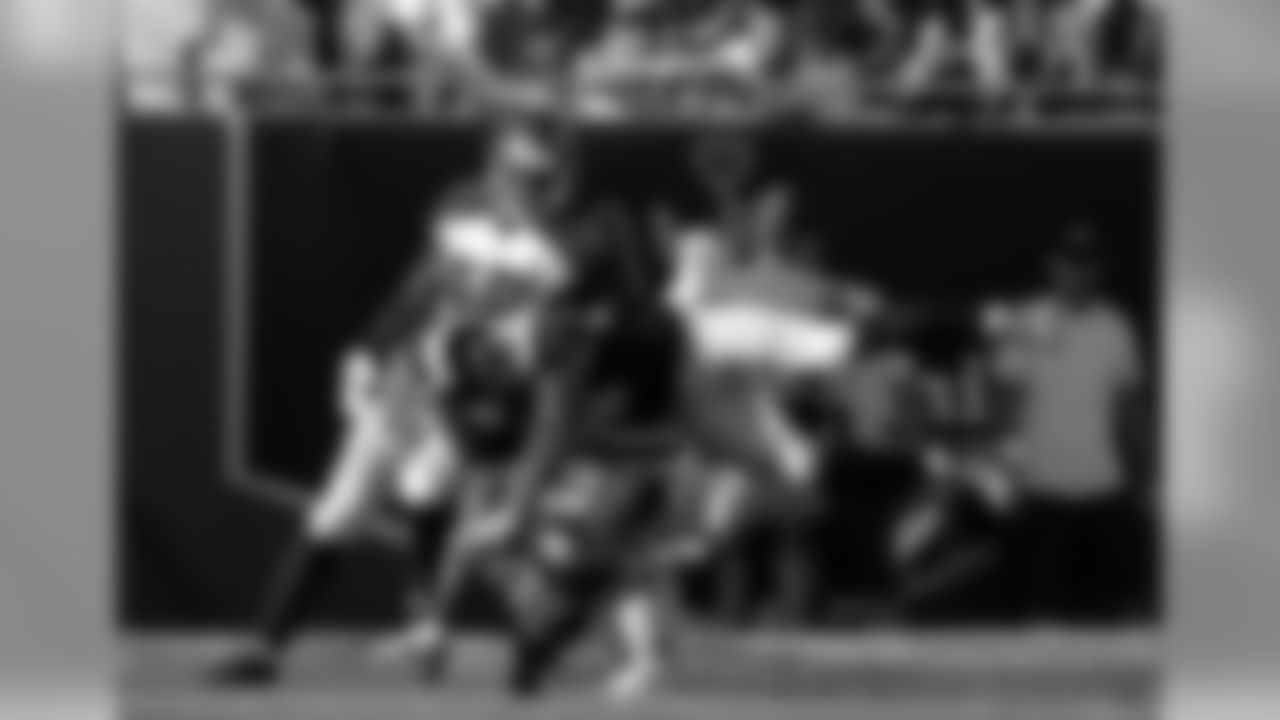
58 LB Kwon Alexander and #30 S Bradley McDougald
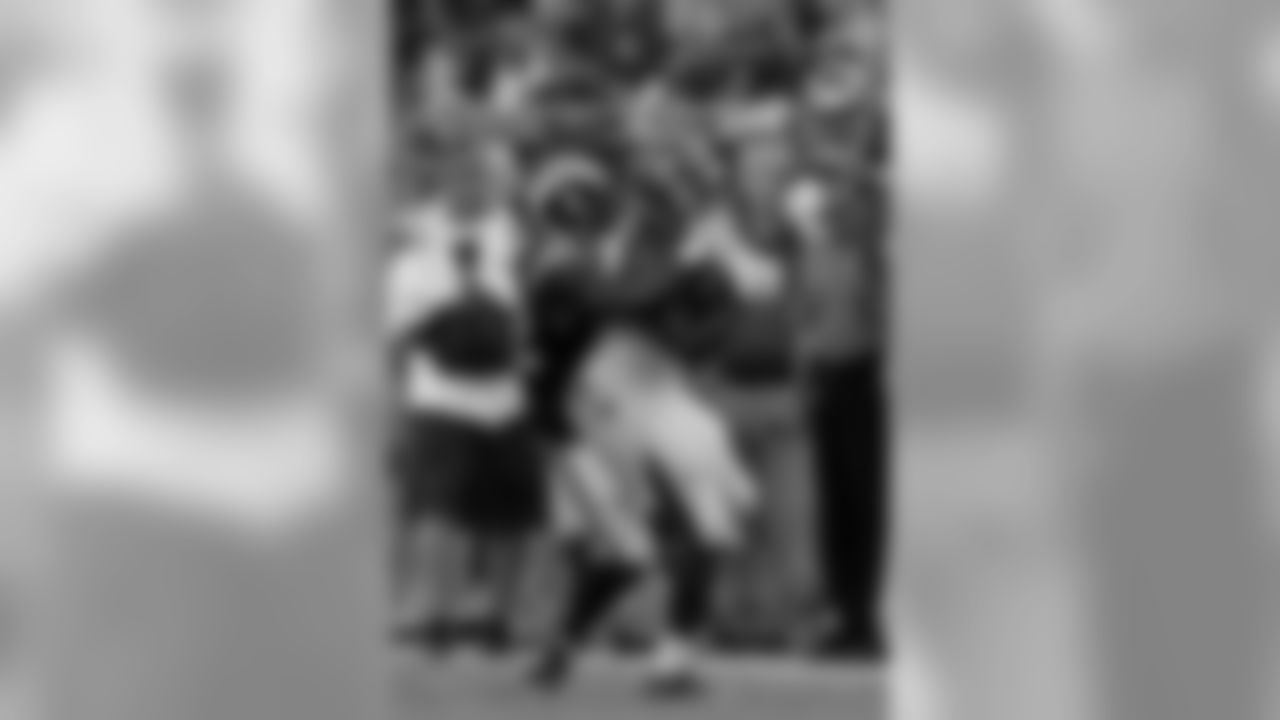
34 RB Charles Sims
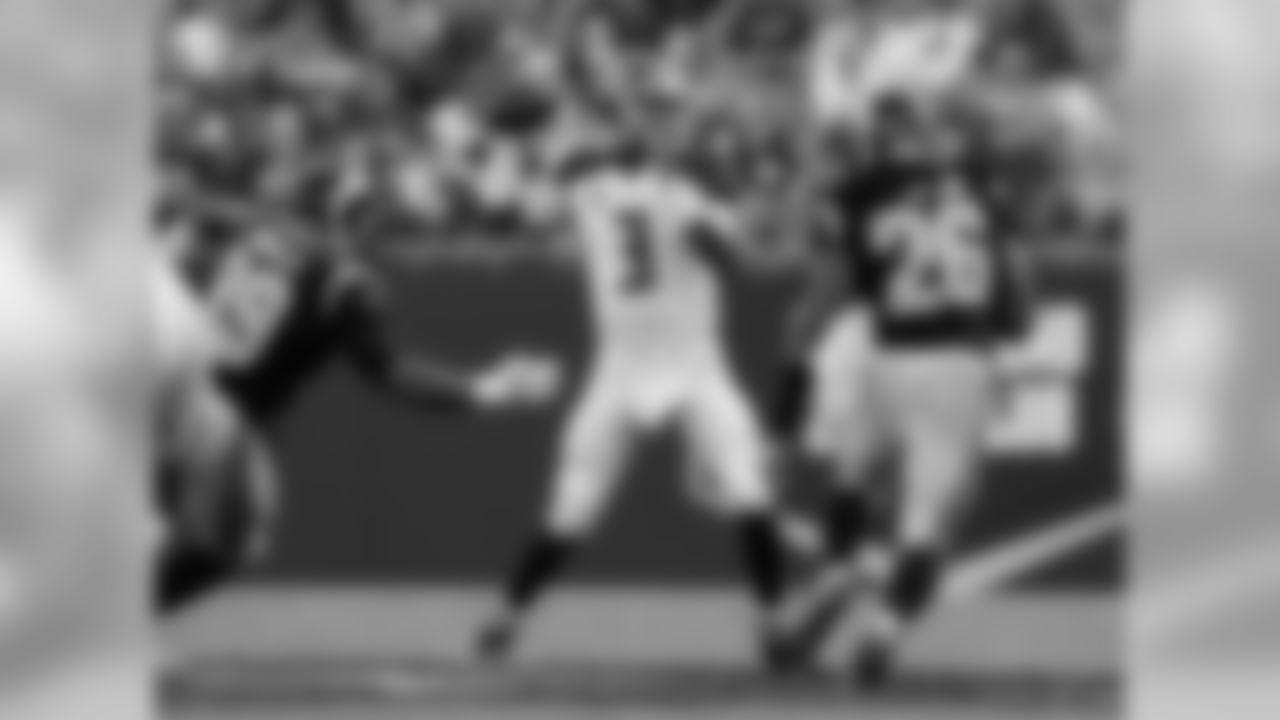
3 QB Jameis Winston
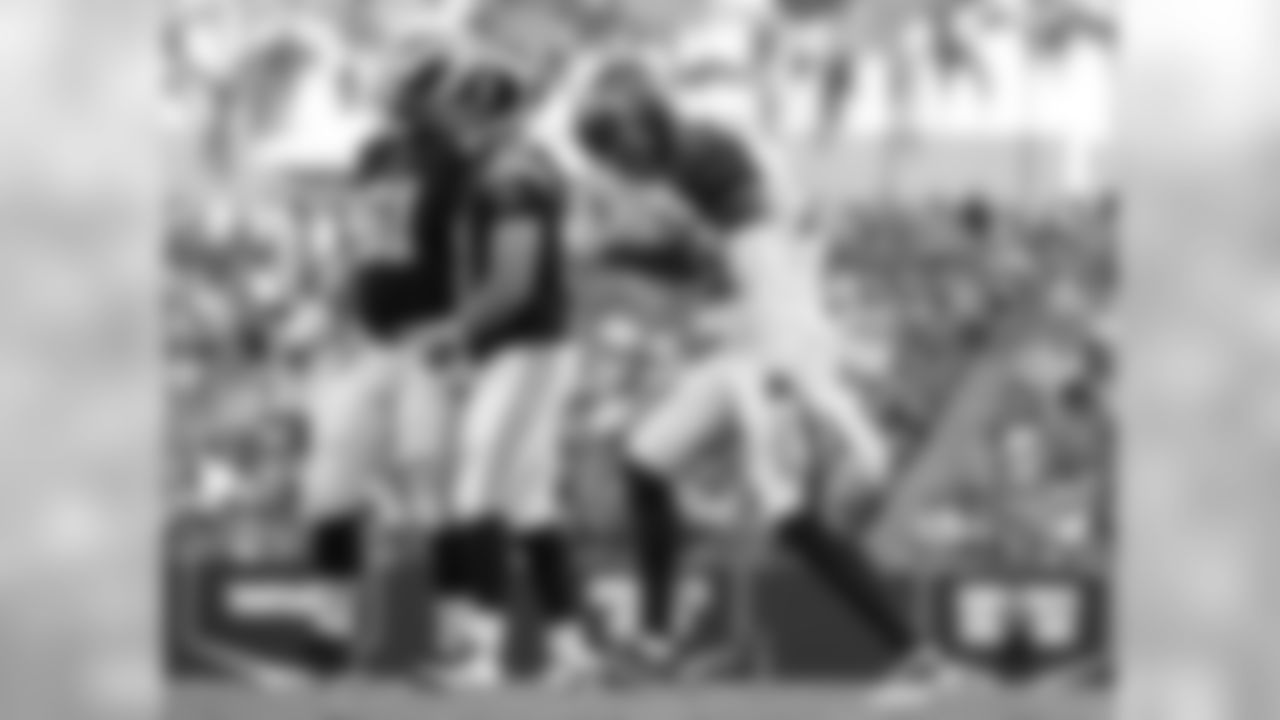
30 S Bradley McDougald

Bucs vs. Rams

58 LB Kwon Alexander and #95 DE Howard Jones
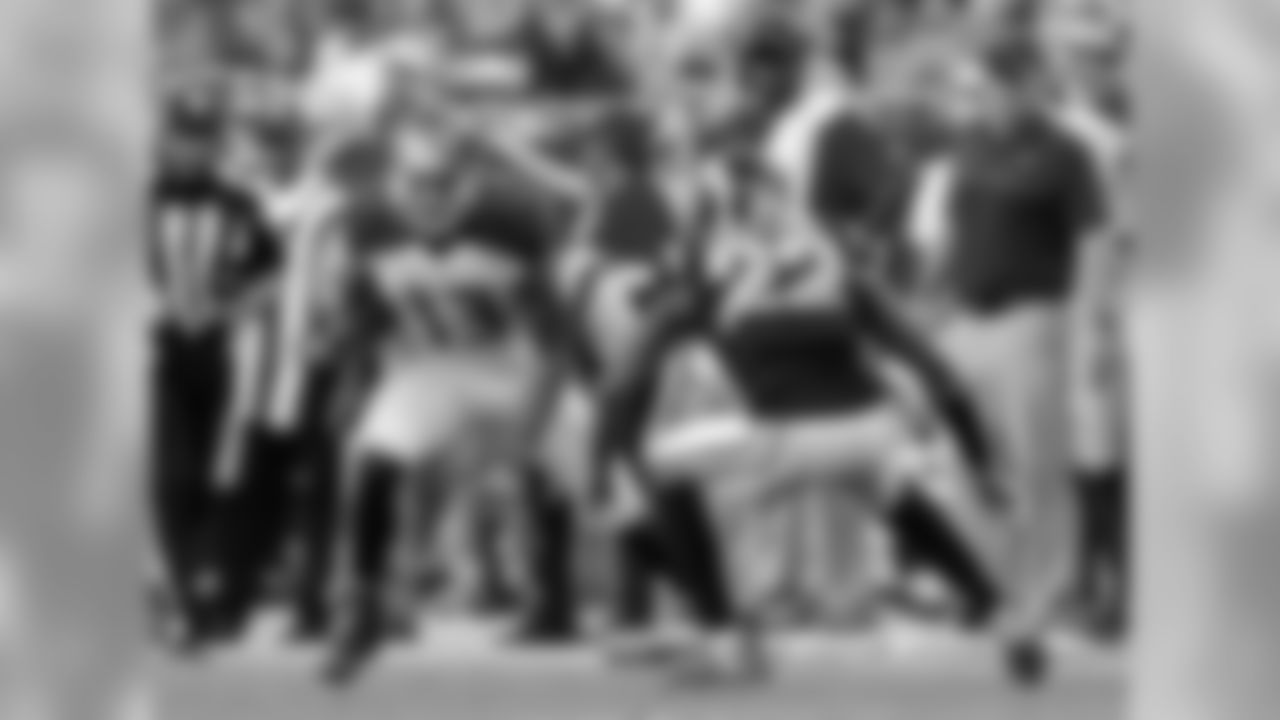
13 WR Mike Evans
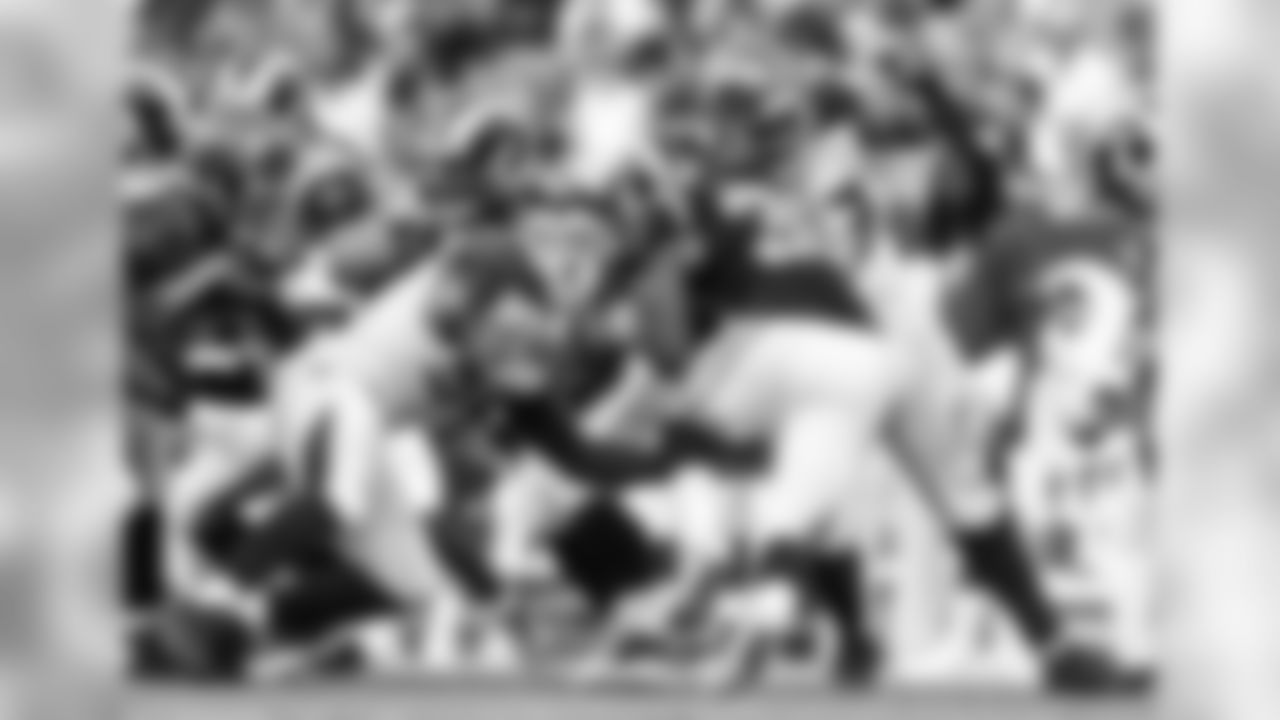
54 LB Lavonte David
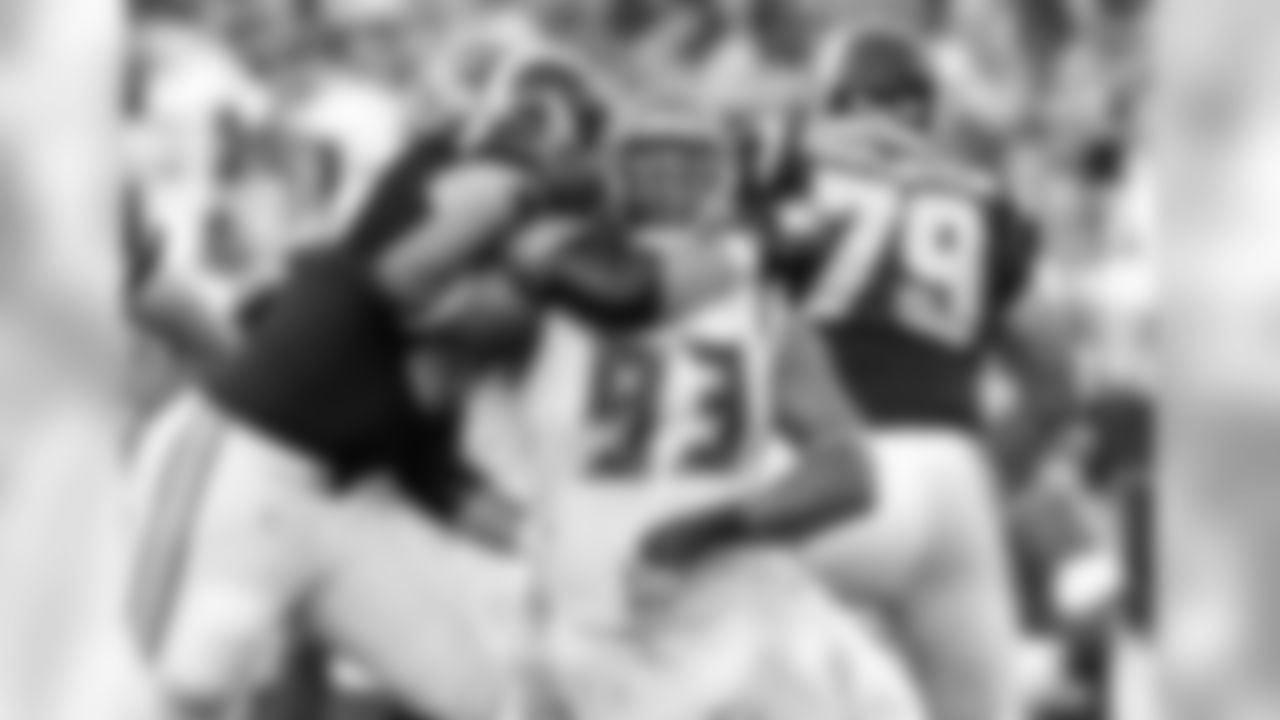
93 DT Gerald McCoy
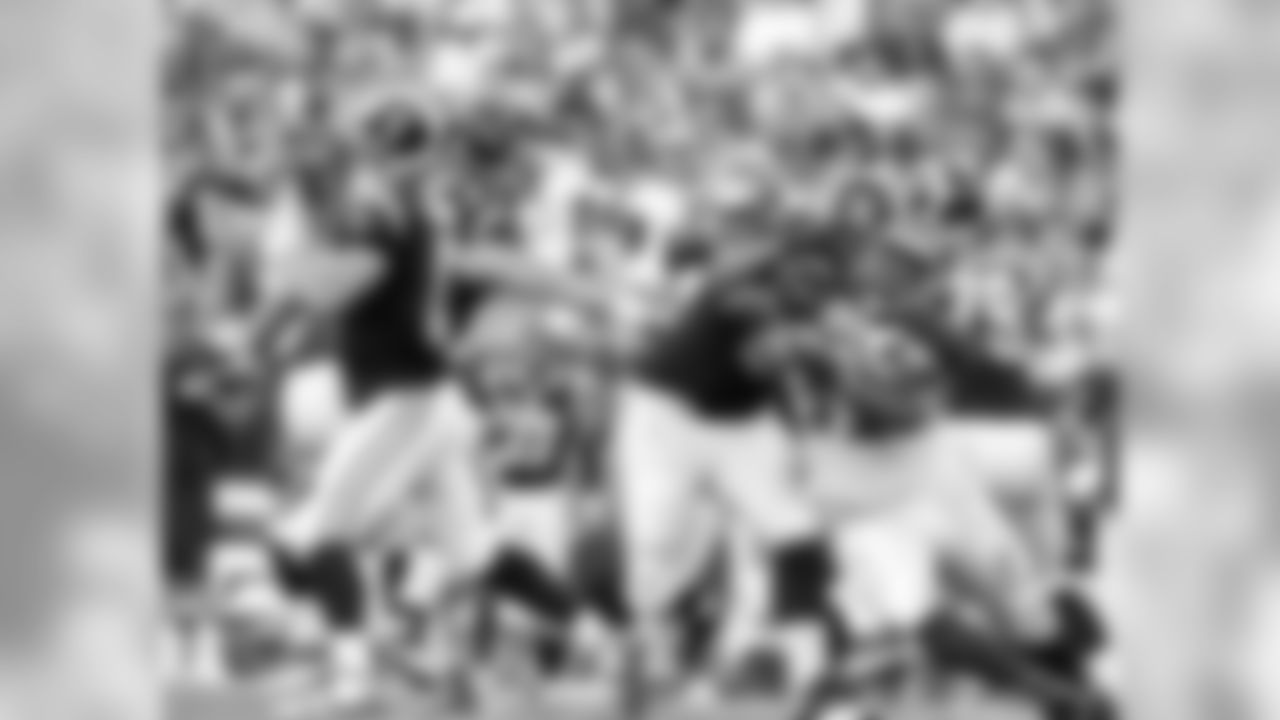
93 DT Gerald McCoy
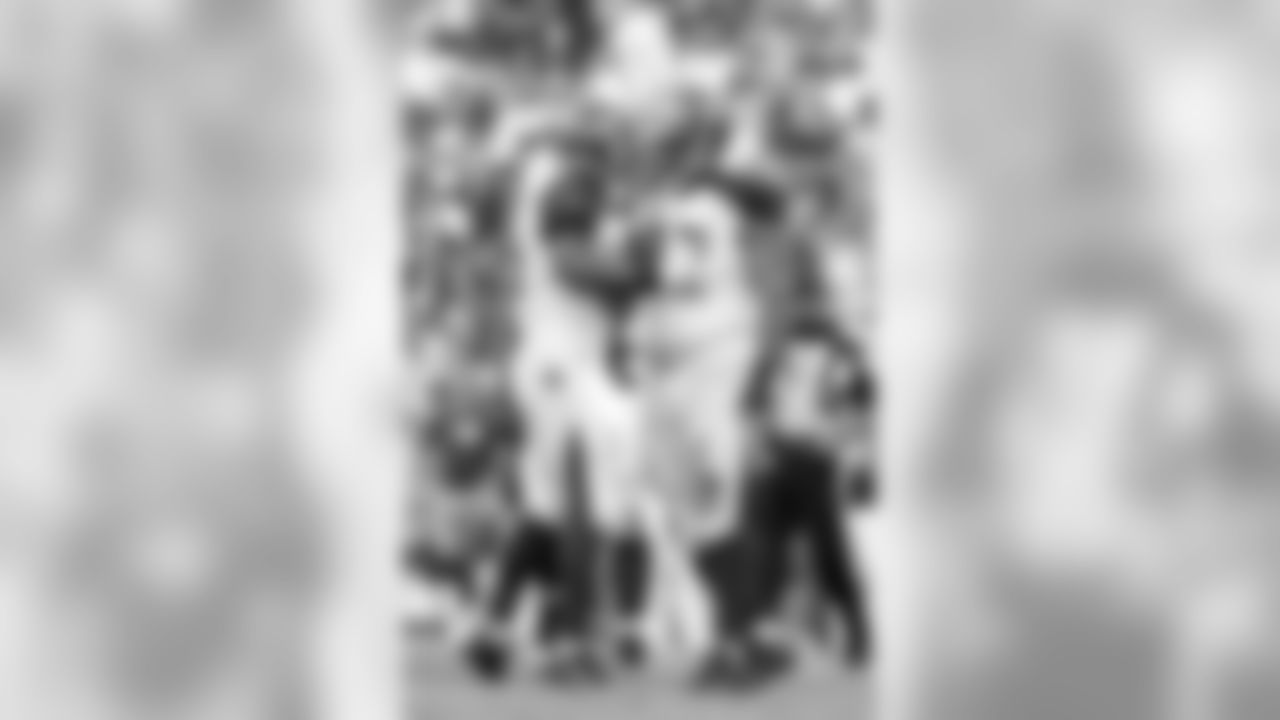
93 DT Gerald McCoy
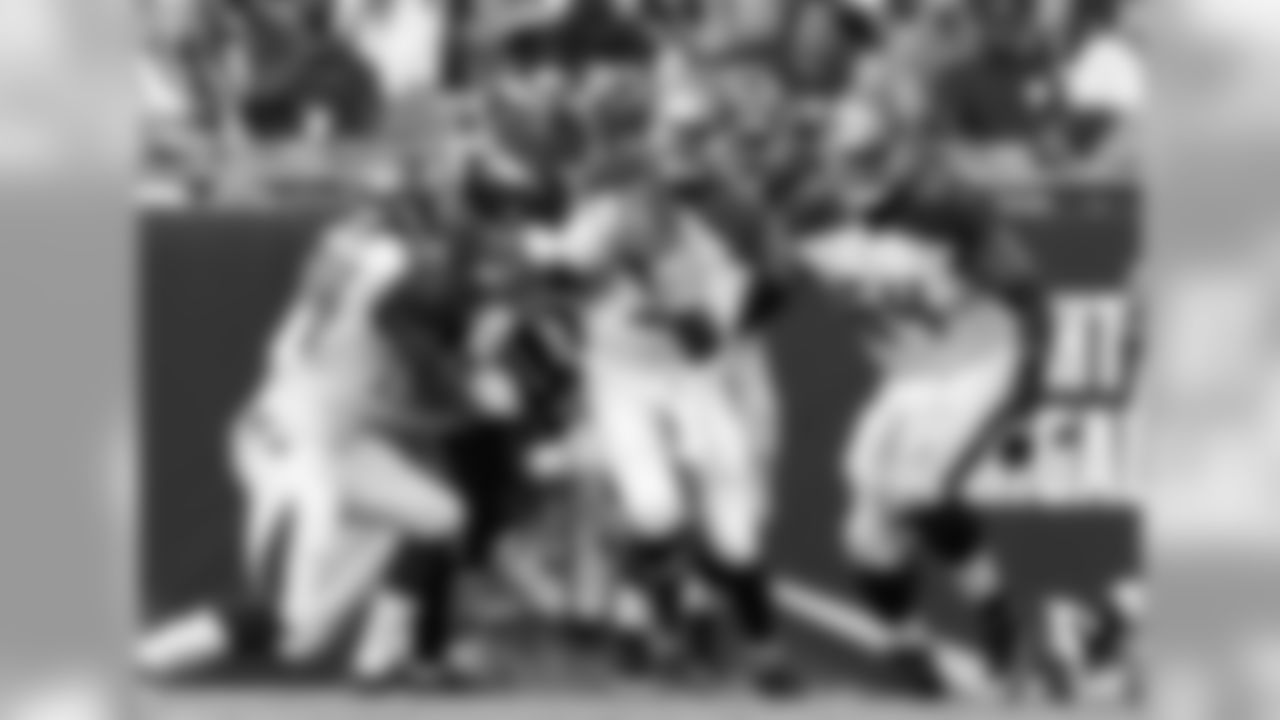
3 QB Jameis Winston
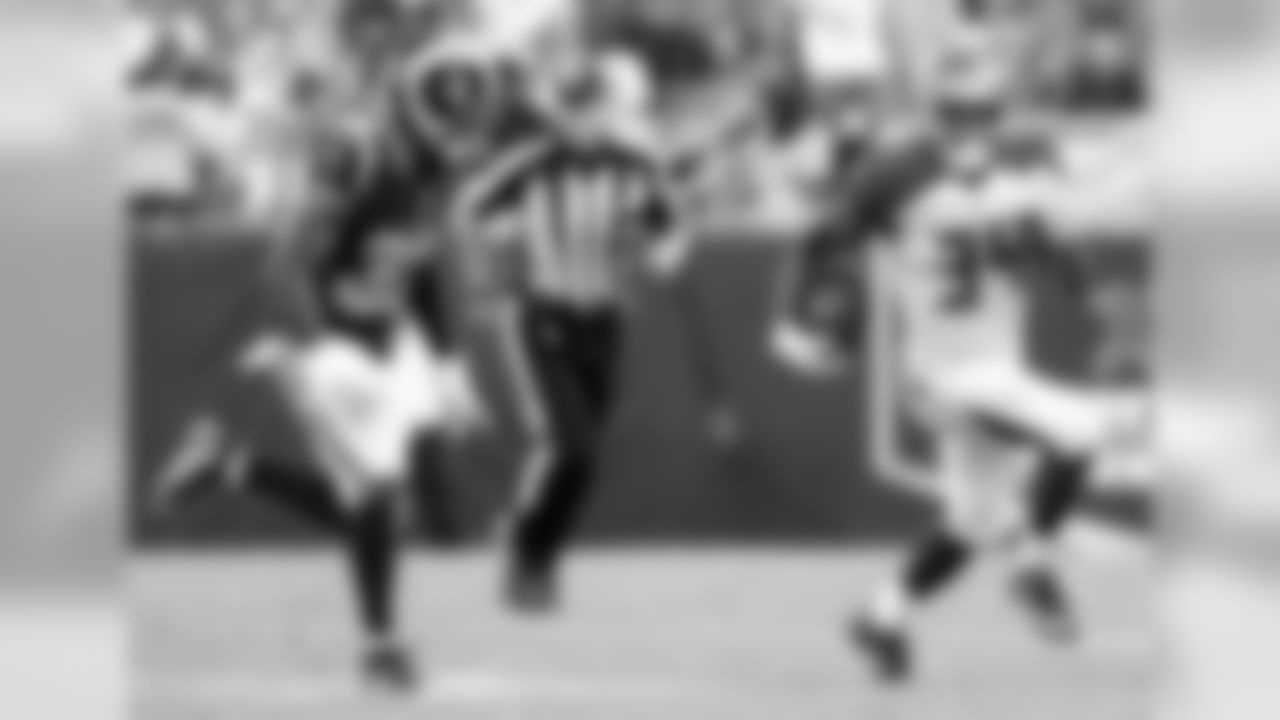
34 RB Charles Sims
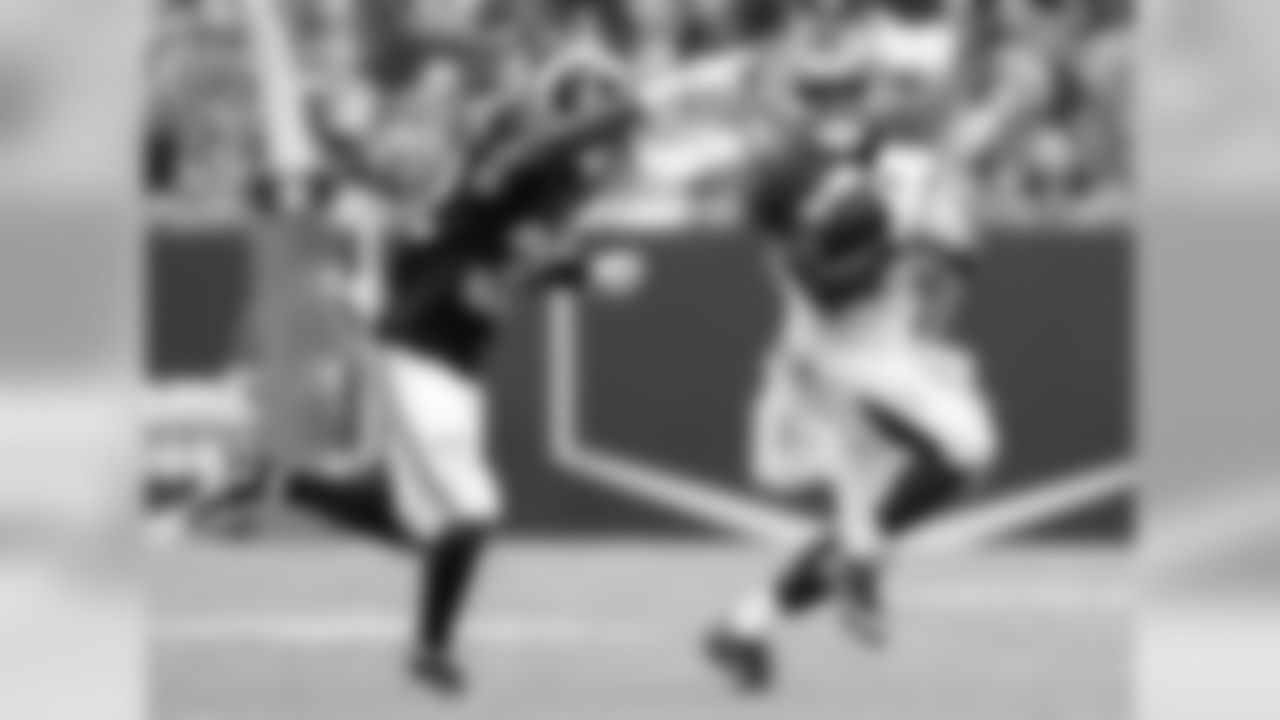
34 RB Charles Sims
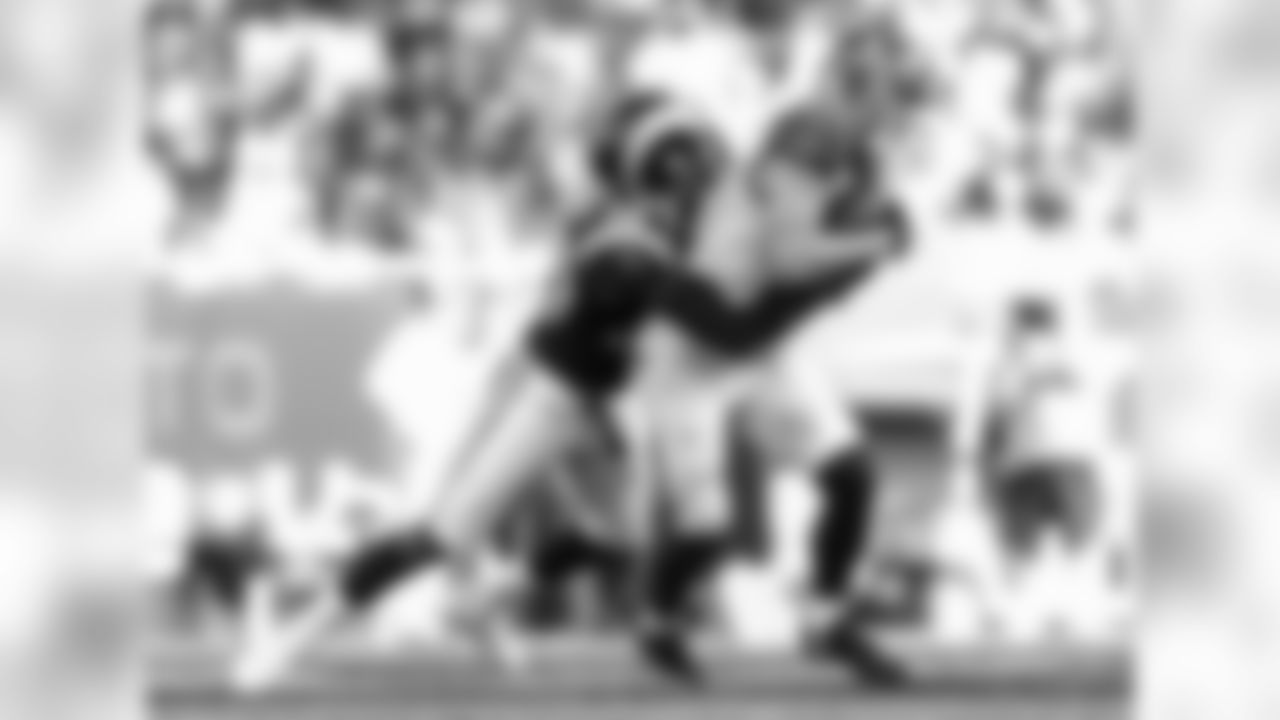
11 WR Adam Humphries

45 TE Alan Cross
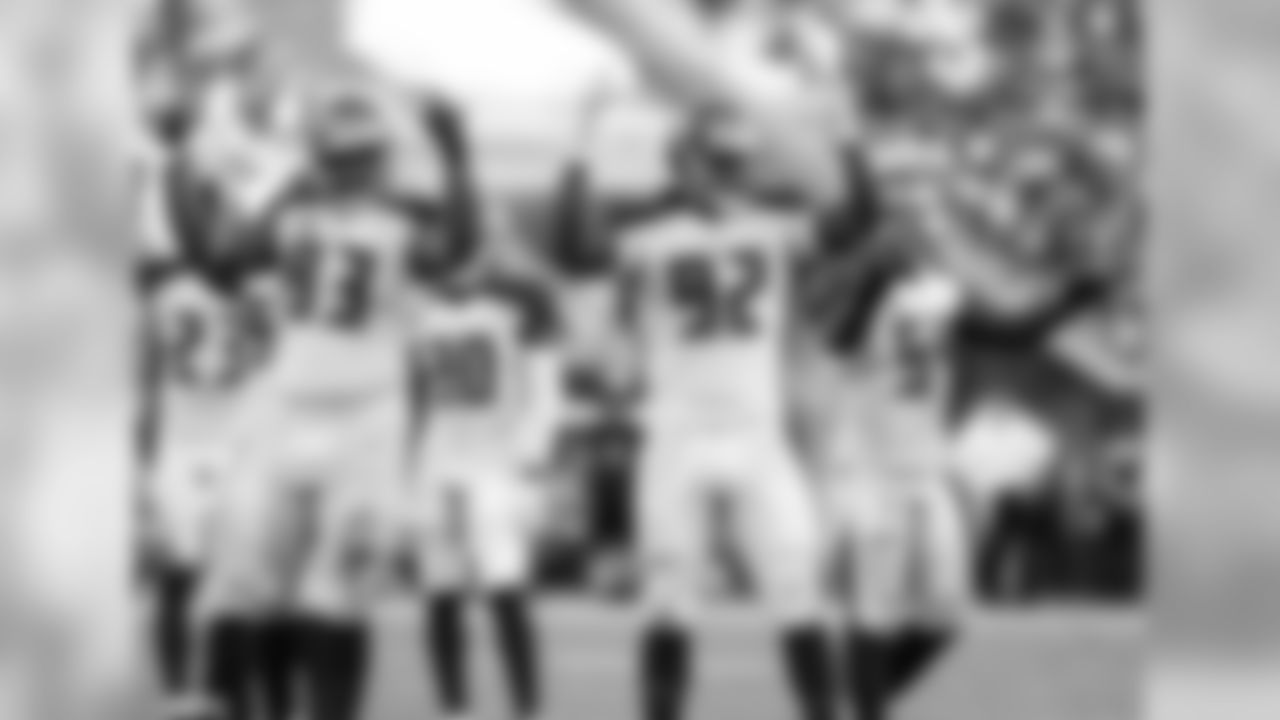
93 DT Gerald McCoy and #92 DE William Gholston
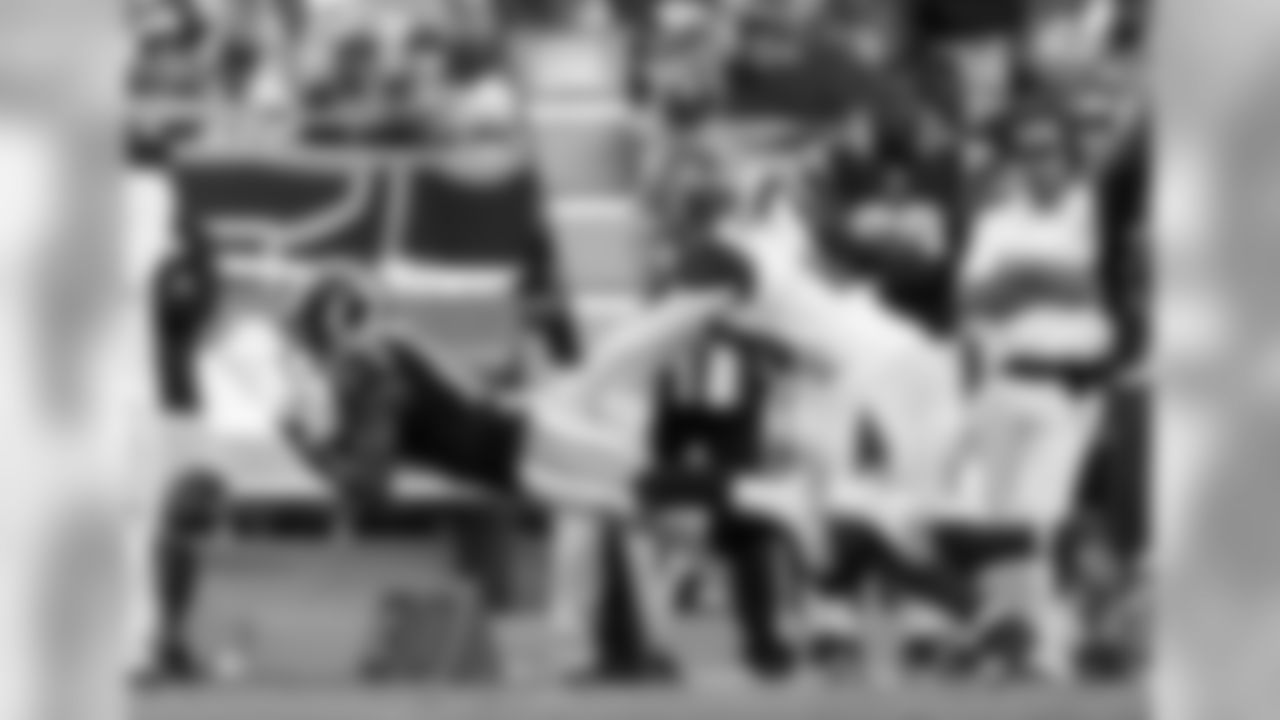
28 CB Vernon Hargreaves
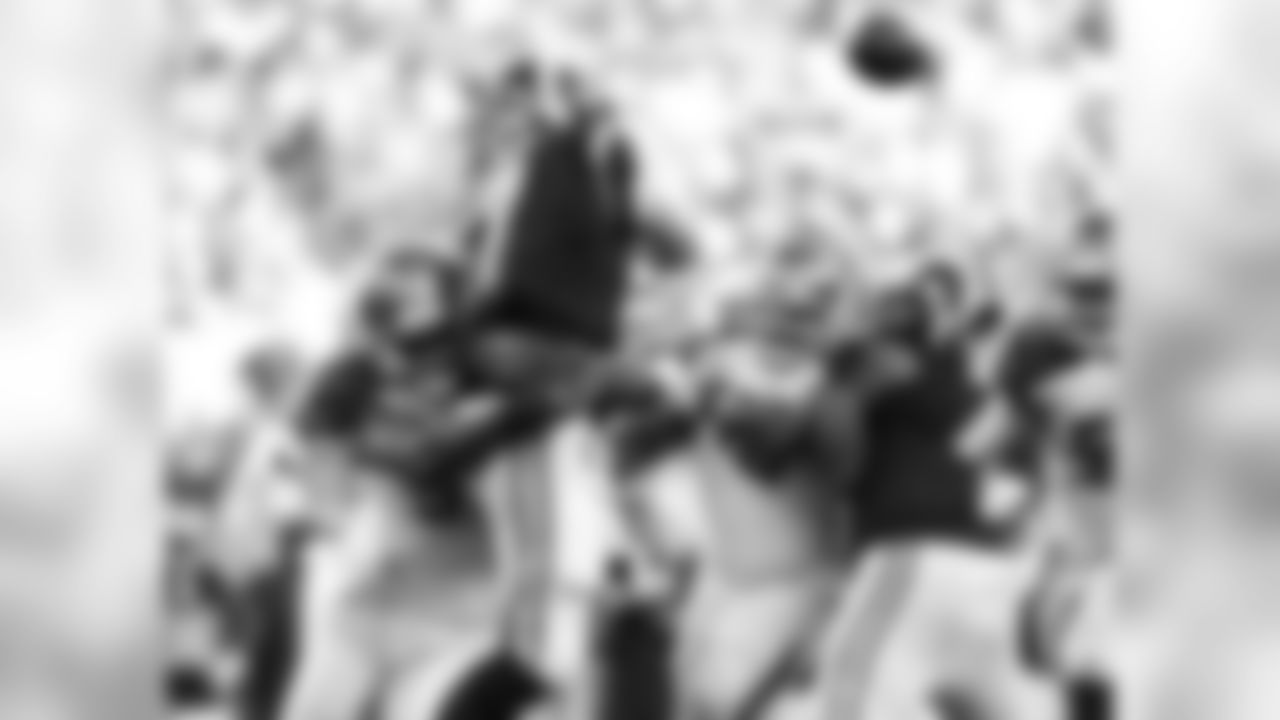
95 DE Howard Jones
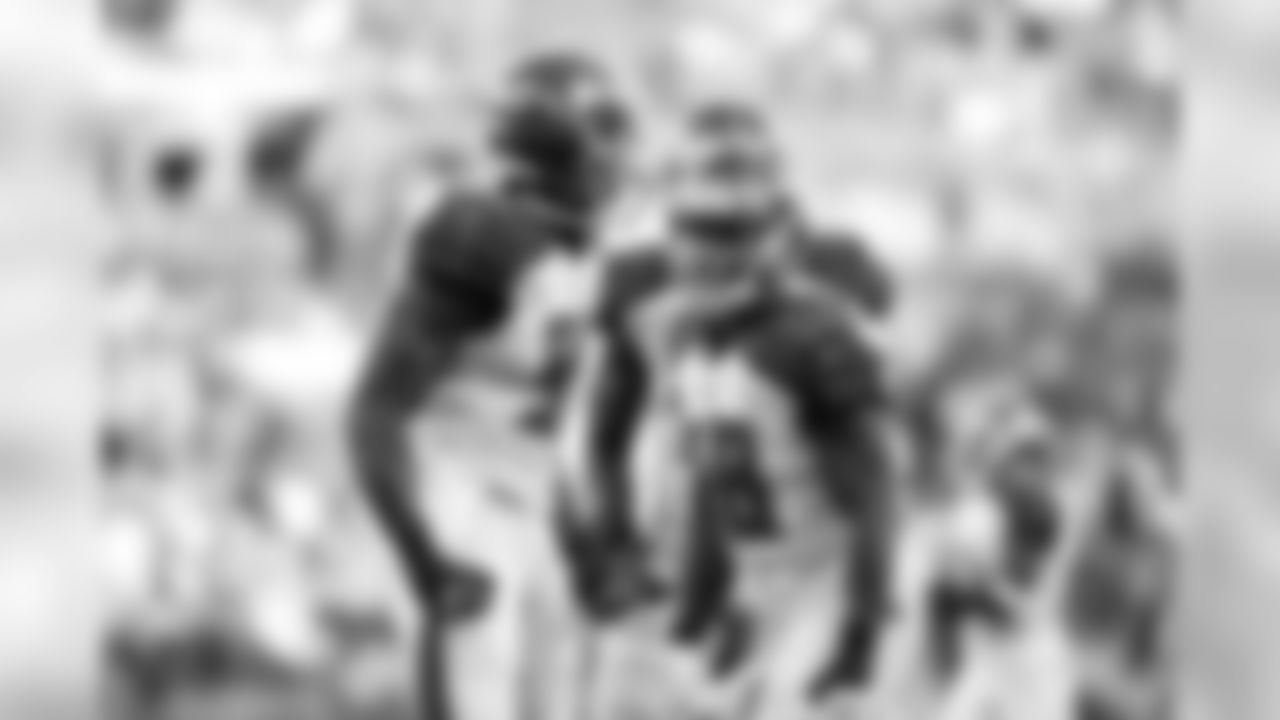
95 DE Howard Jones
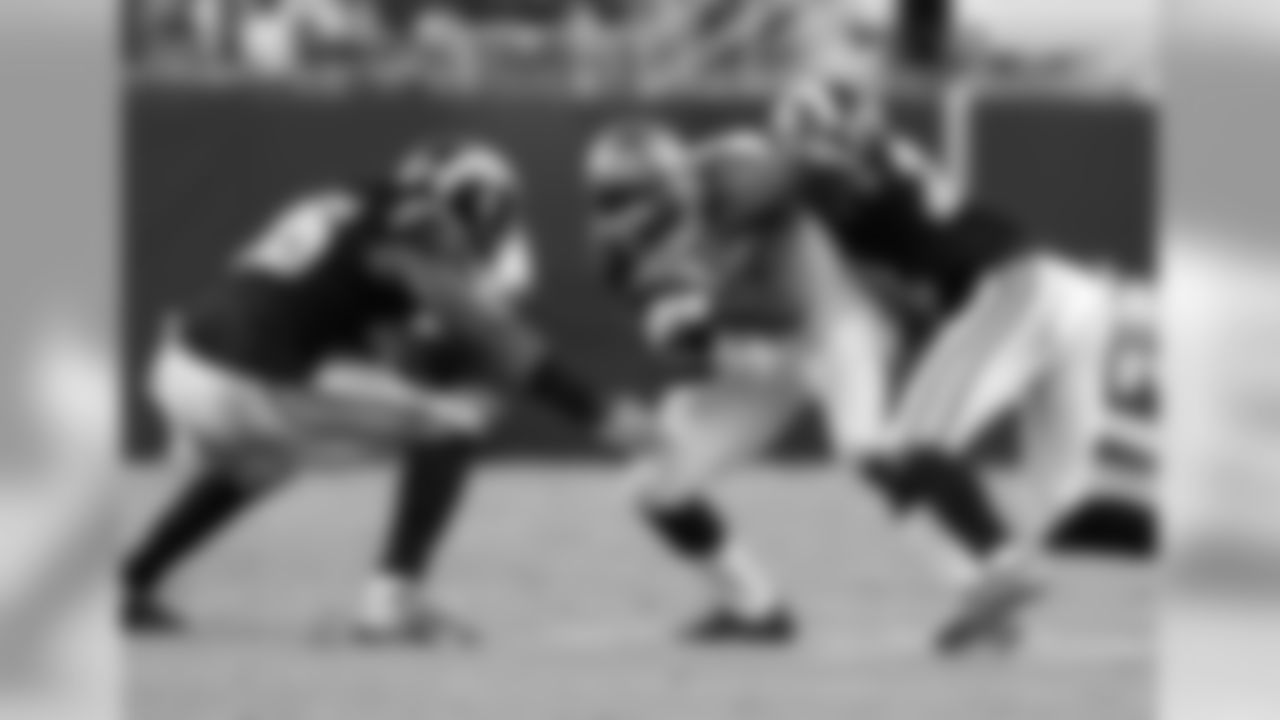
34 RB Charles Sims
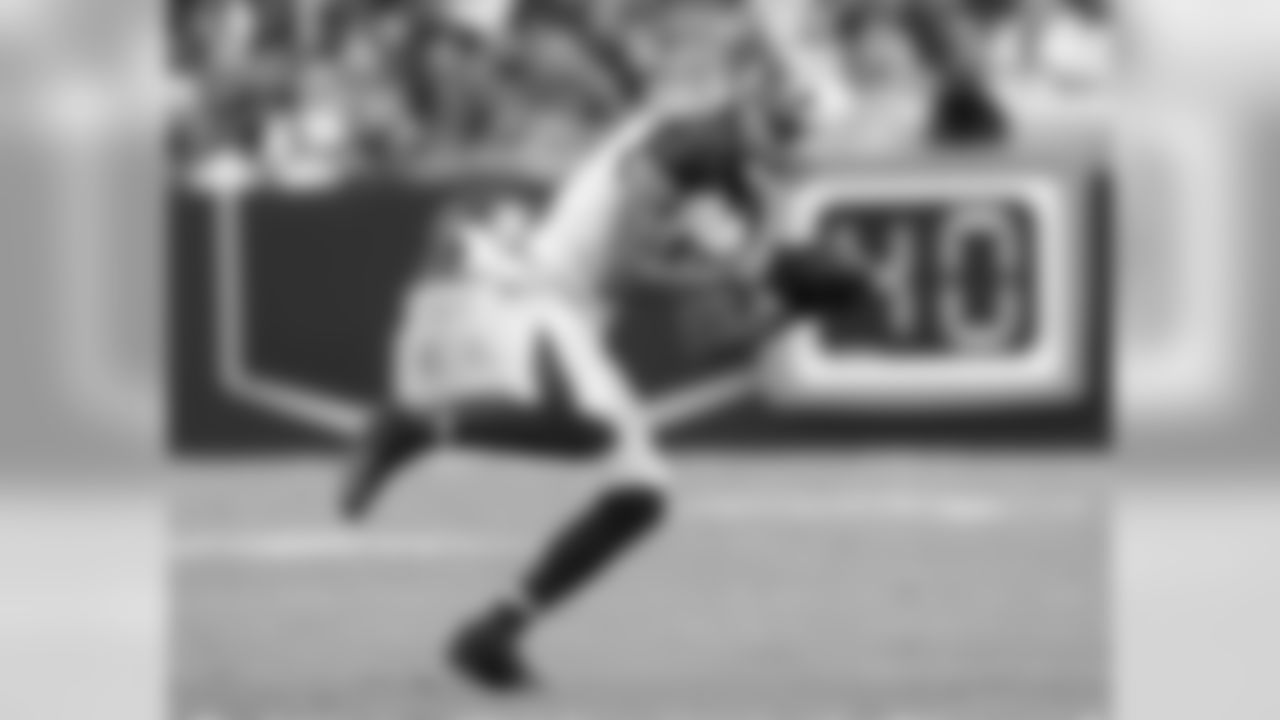
13 WR Mike Evans
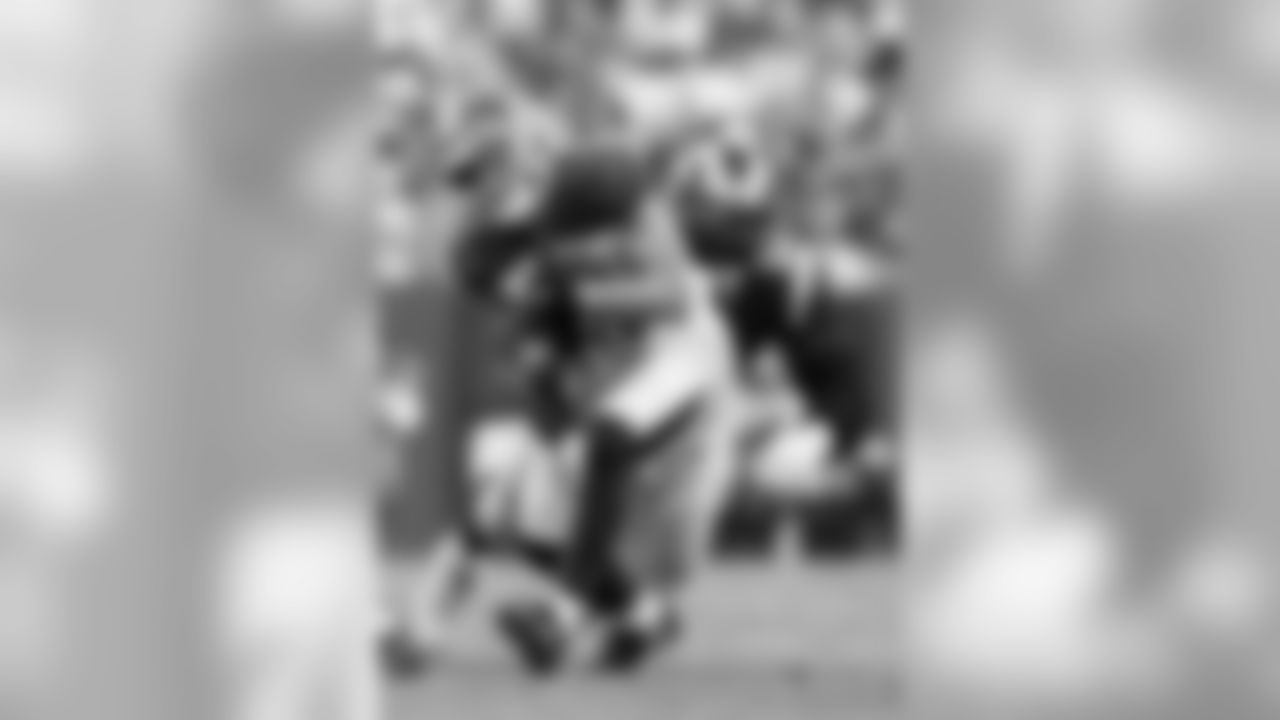
11 WR Adam Humphries
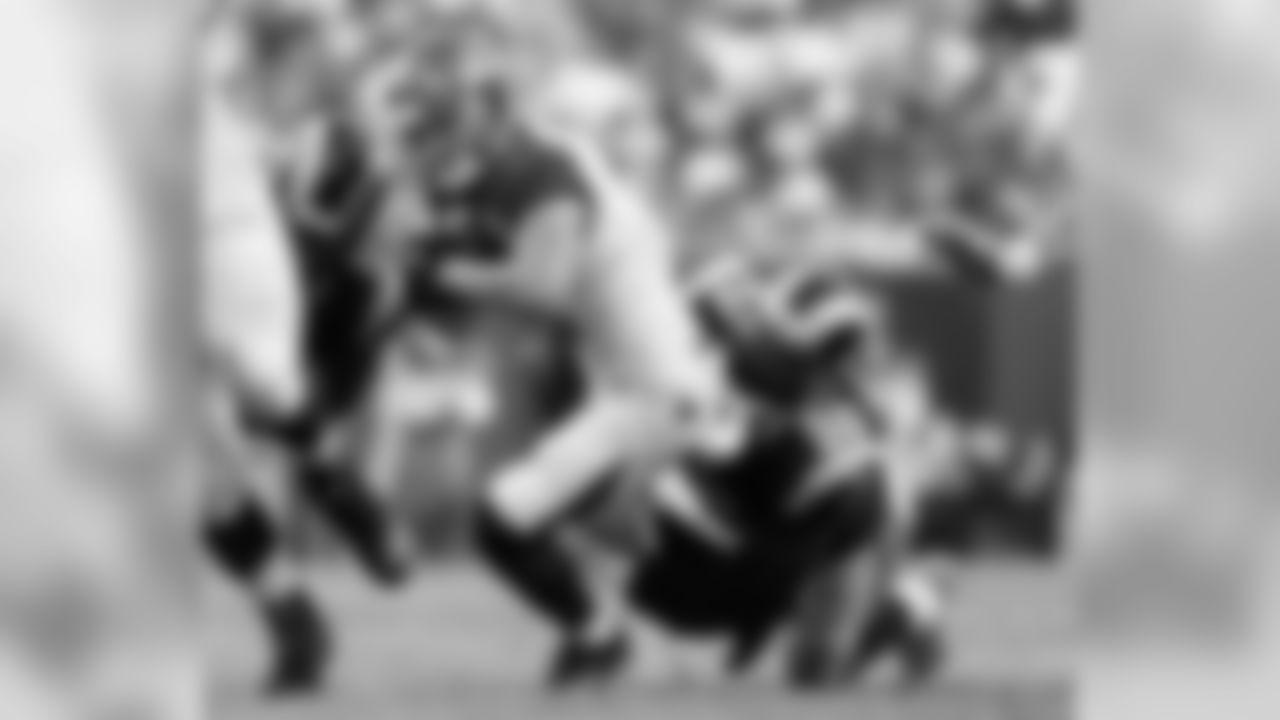
11 WR Adam Humphries
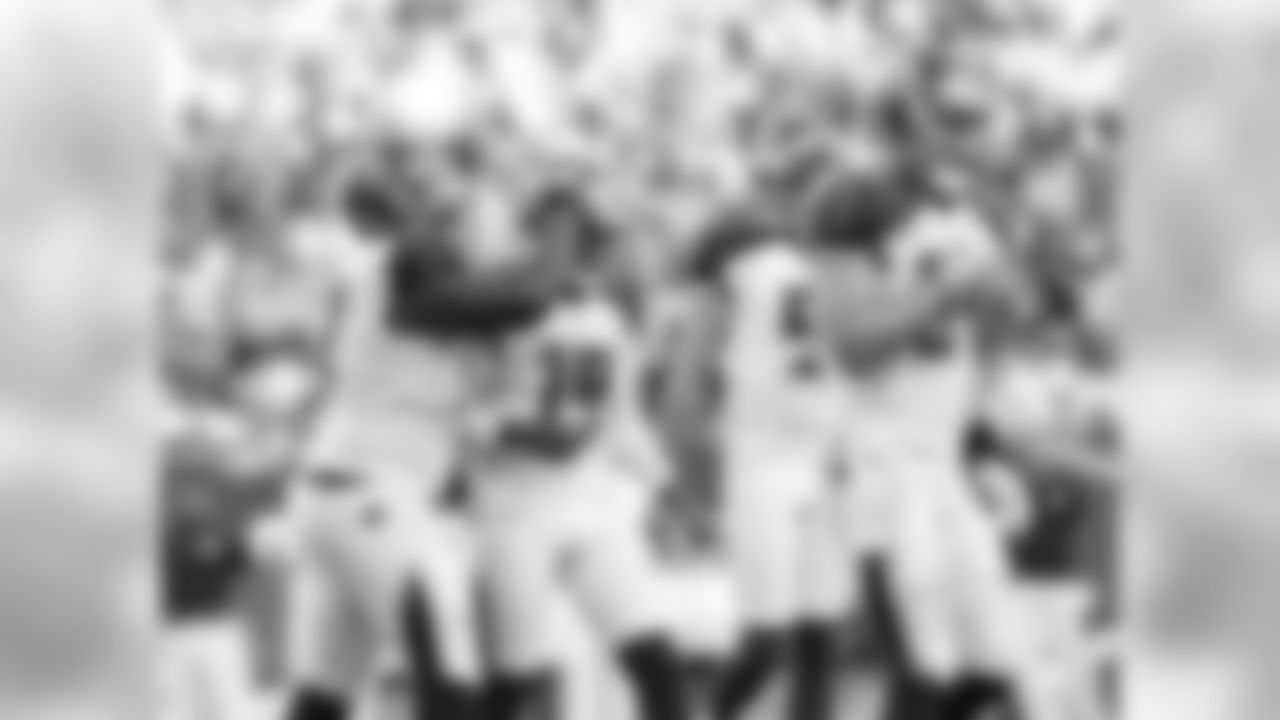
19 K Roberto Aguayo
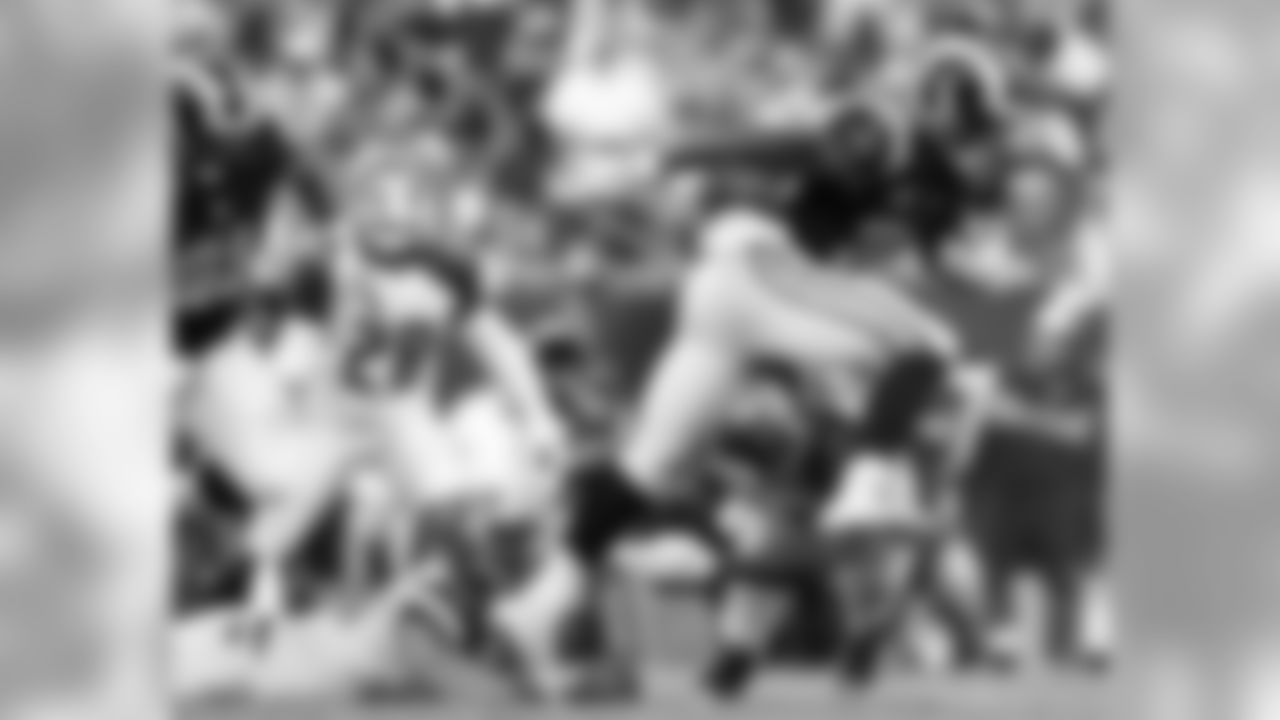
37 S Keith Tandy
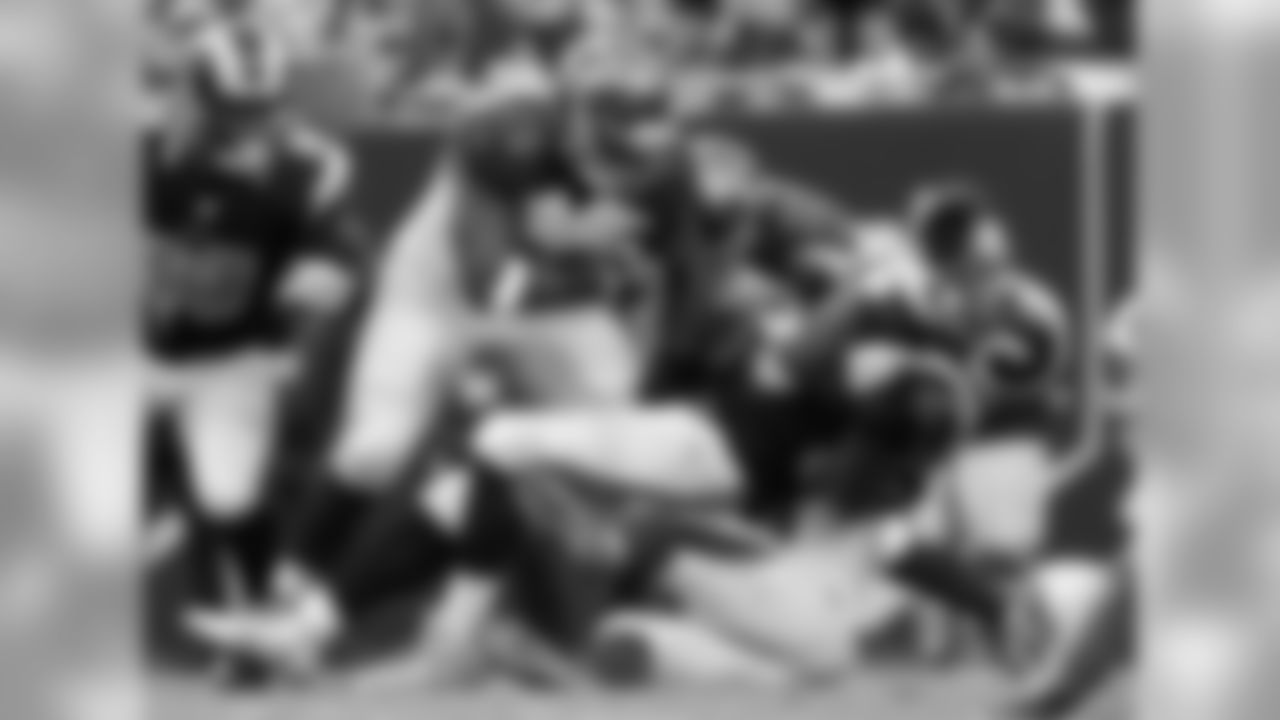
75 DT DaVonte Lambert and #30 S Bradley McDougald

13 WR Mike Evans
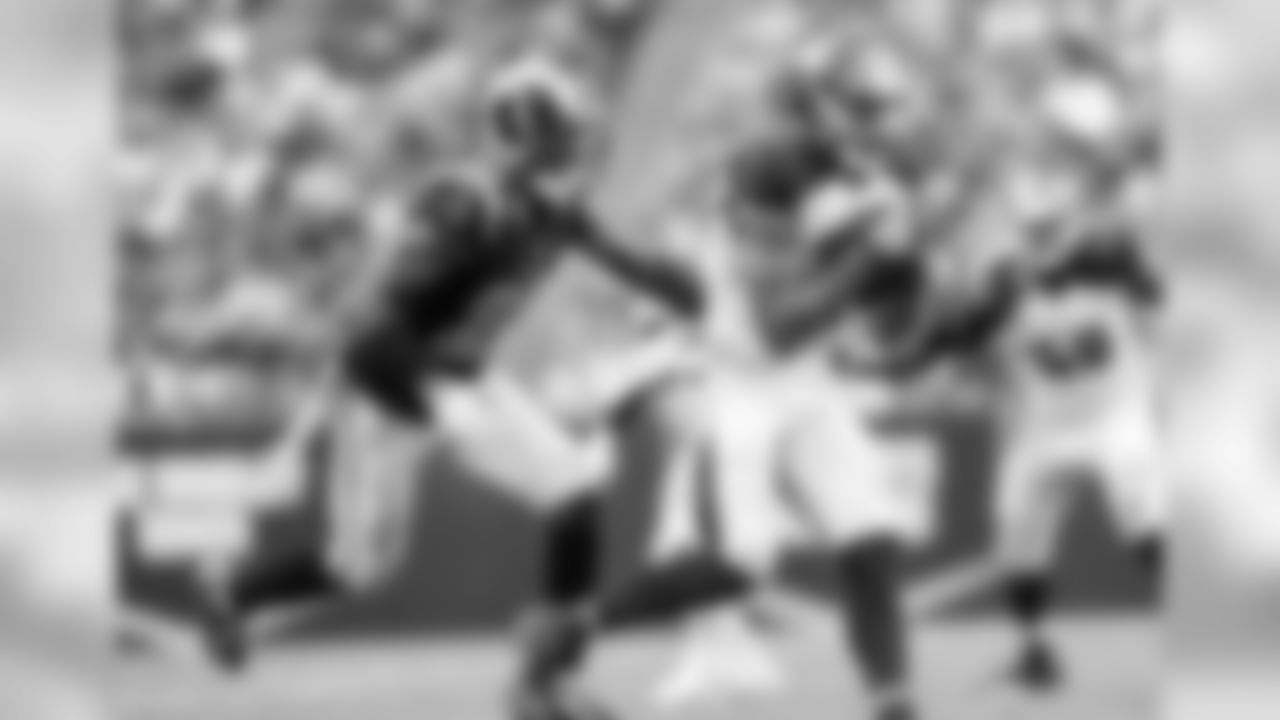
13 WR Mike Evans
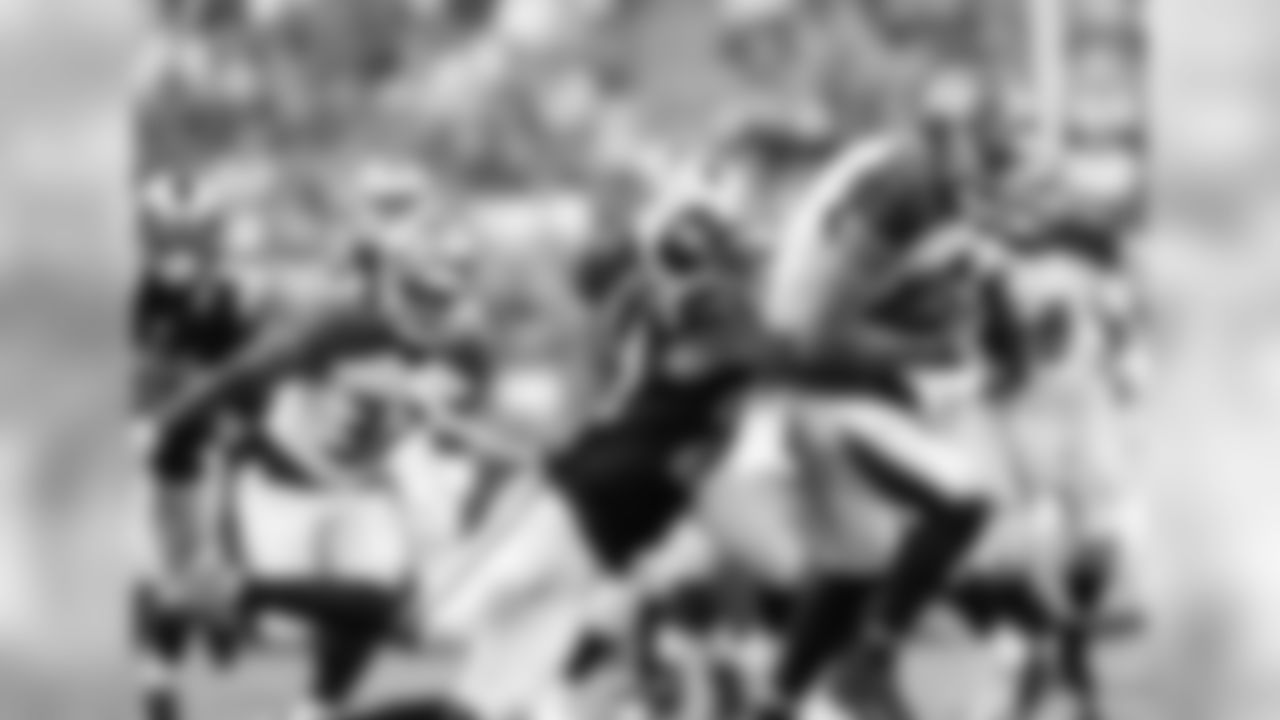
13 WR Mike Evans

3 QB Jameis Winston
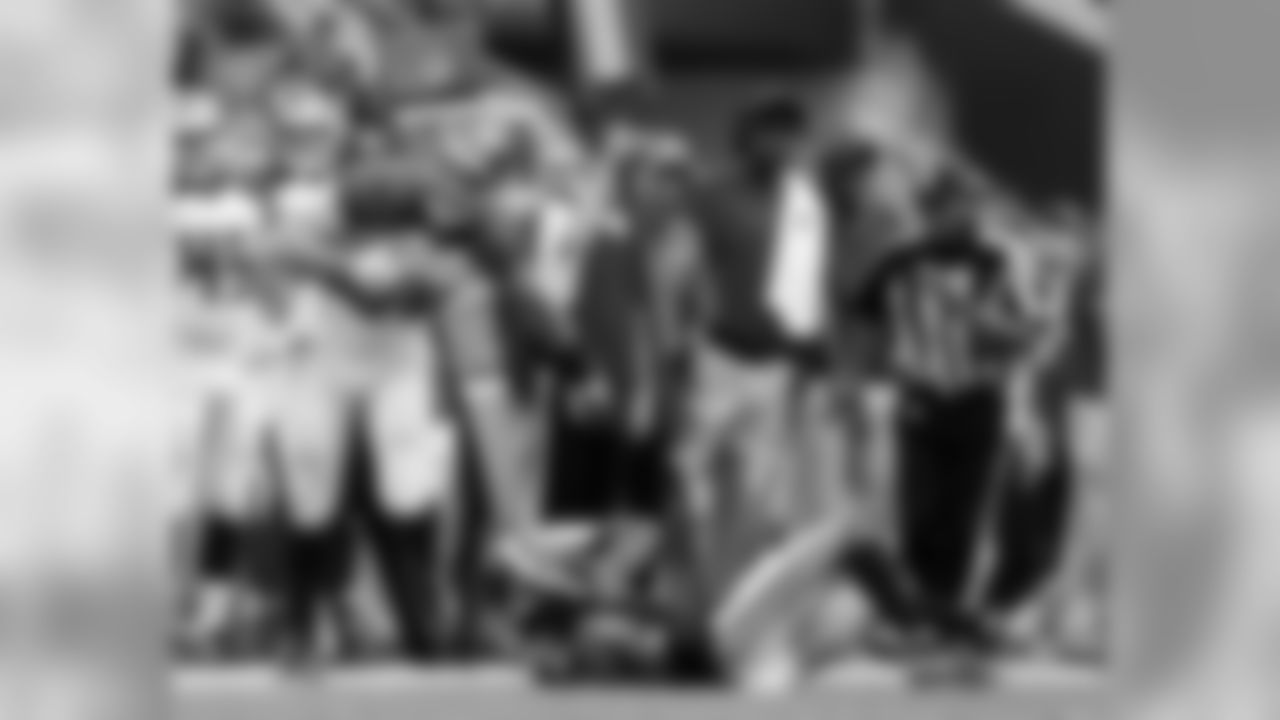
84 TE Cameron Brate
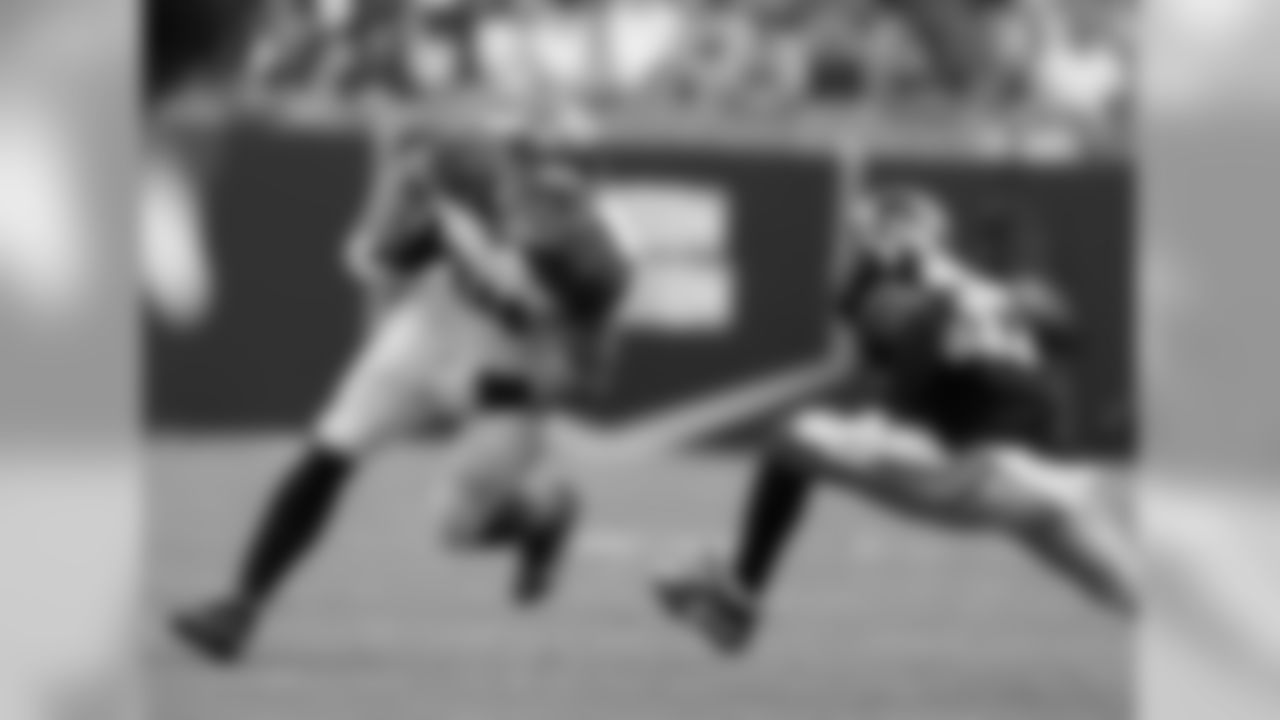
84 TE Cameron Brate
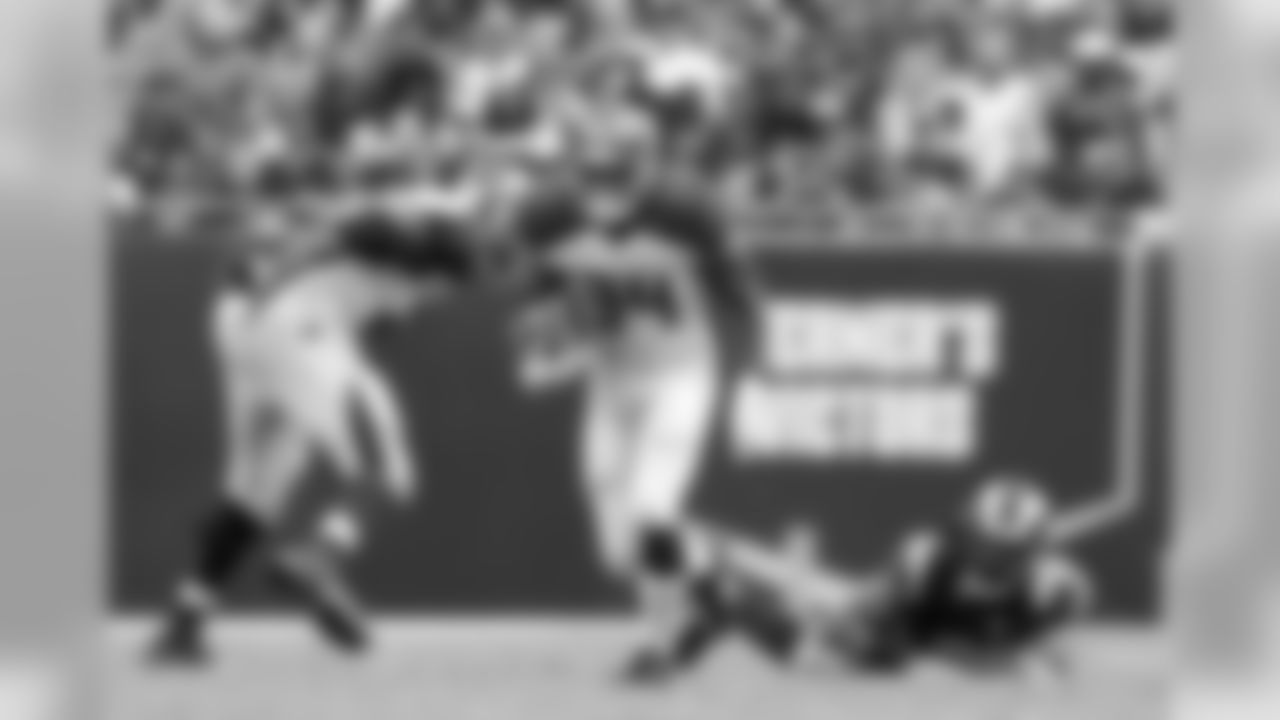
34 RB Charles Sims
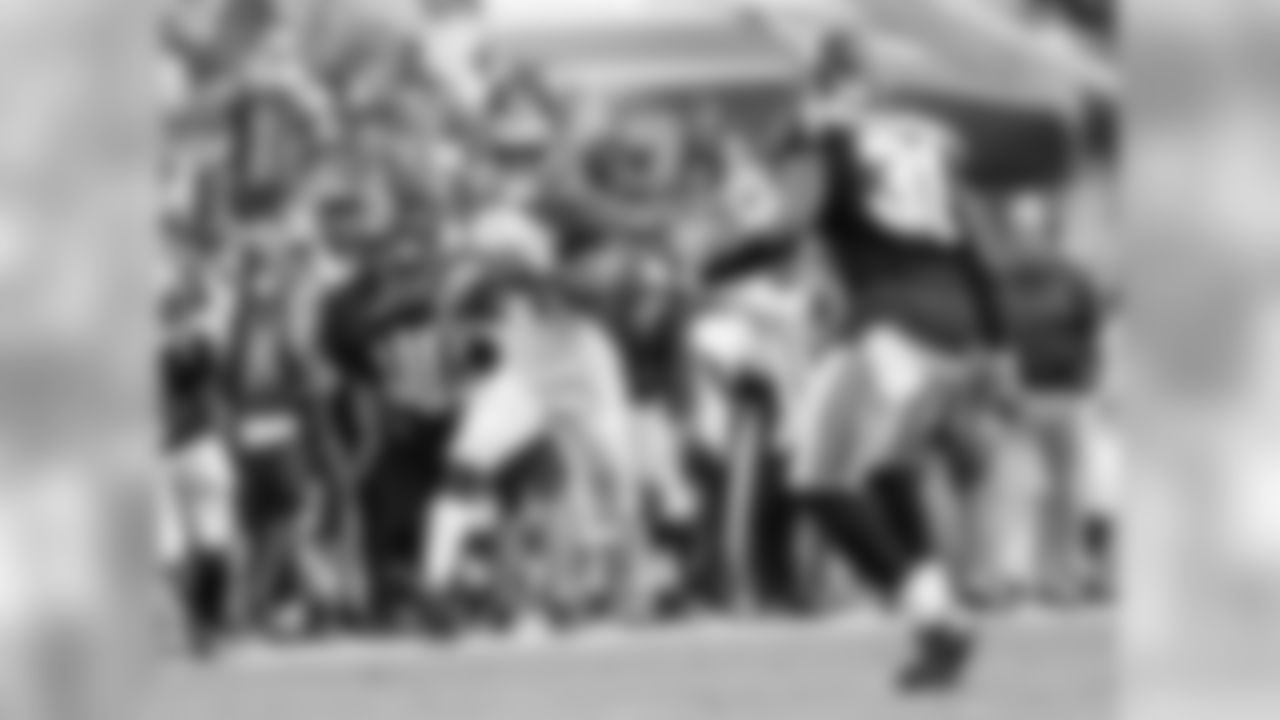
34 RB Charles Sims
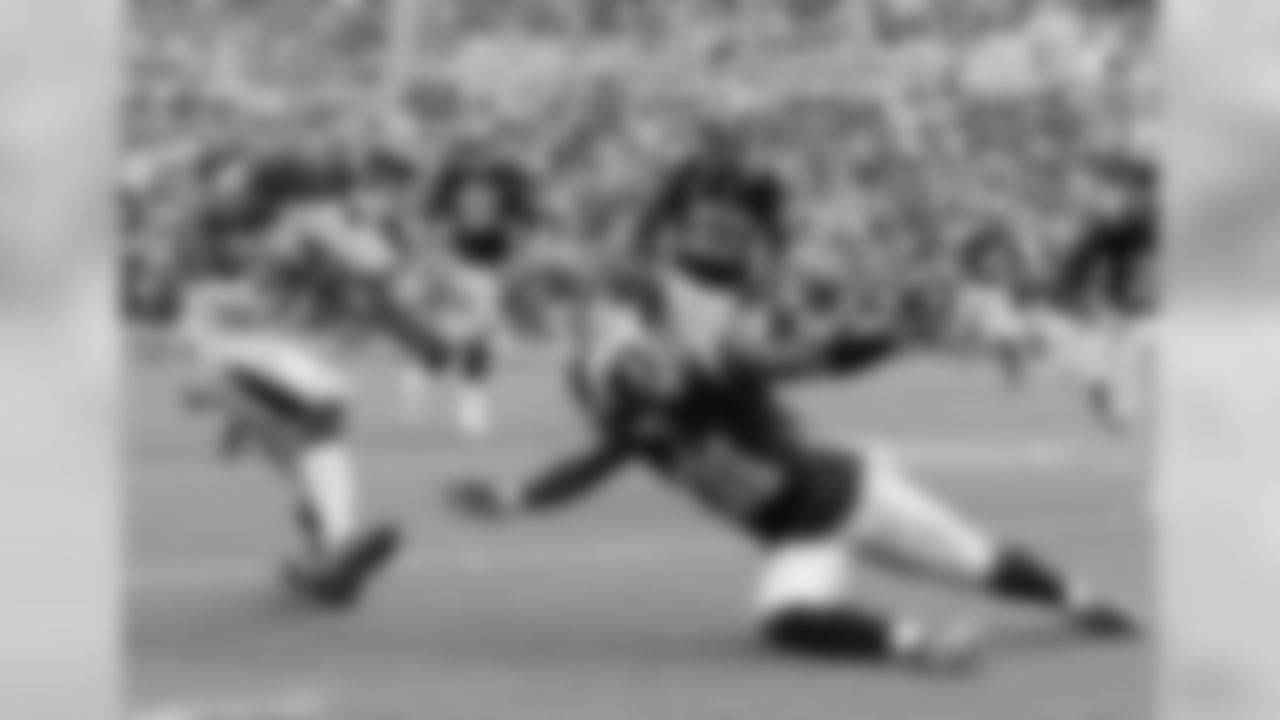
34 RB Charles Sims
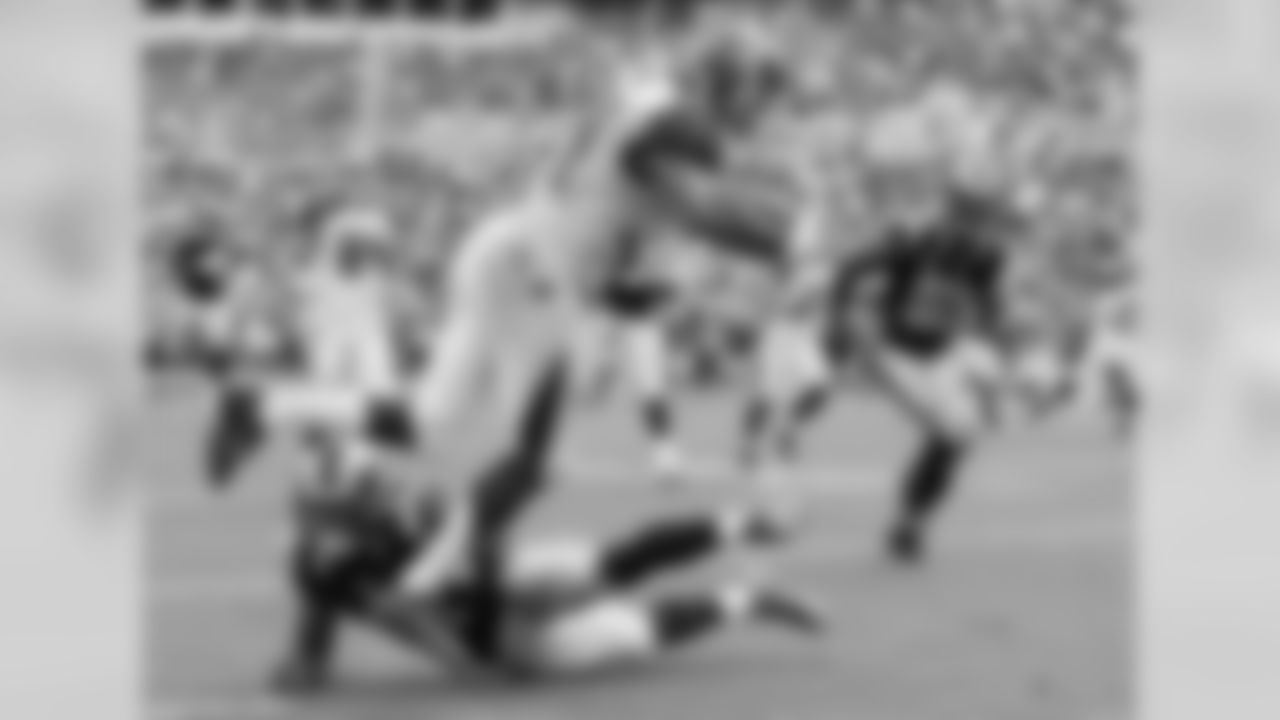
34 RB Charles Sims
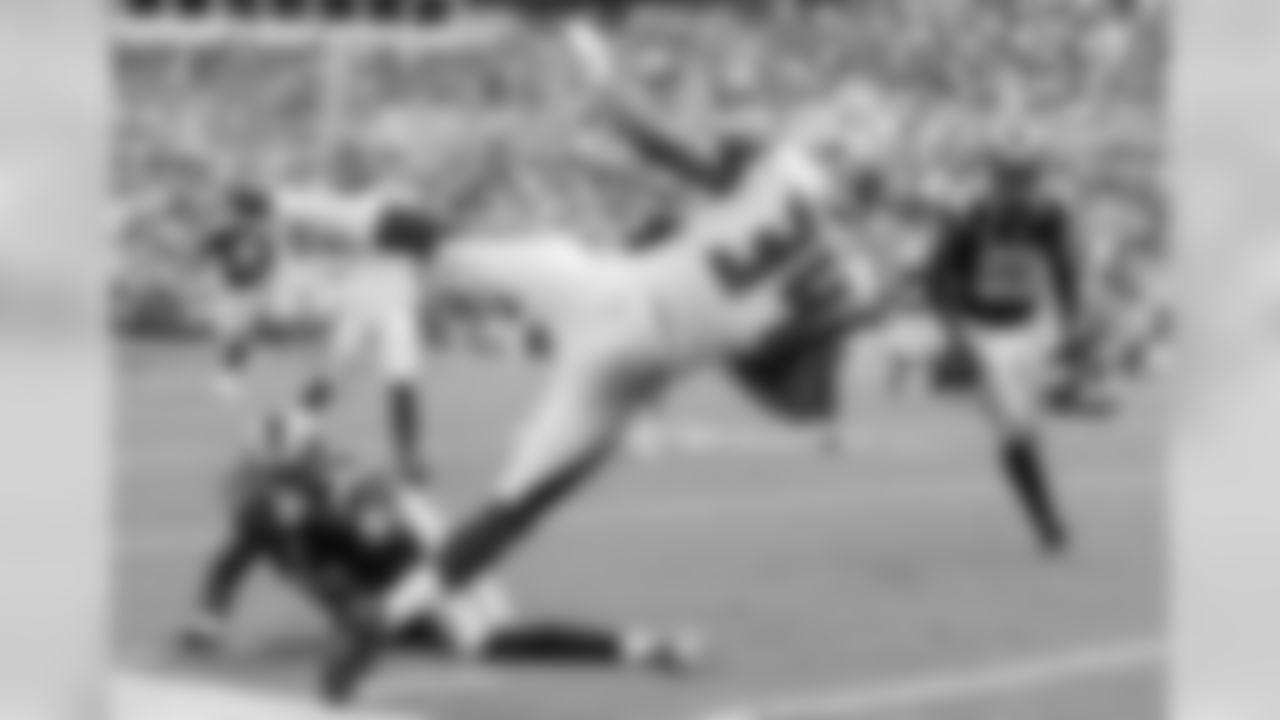
34 RB Charles Sims
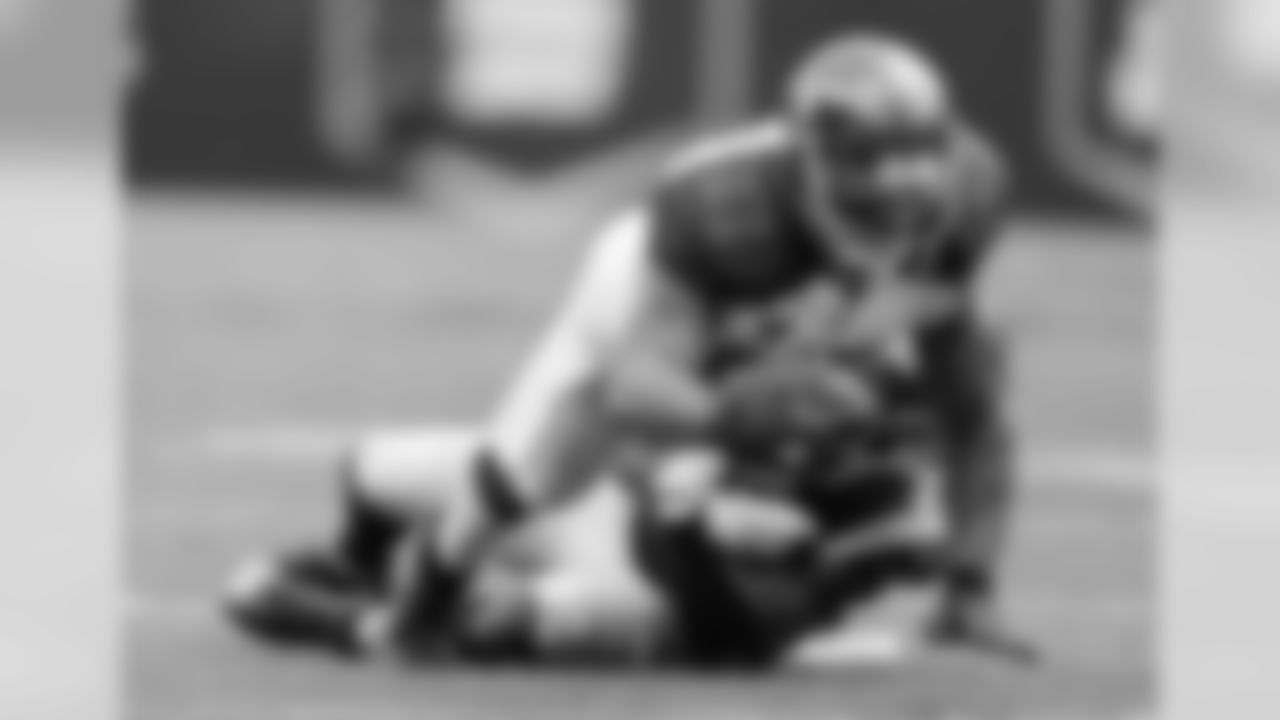
83 WR Vincent Jackson
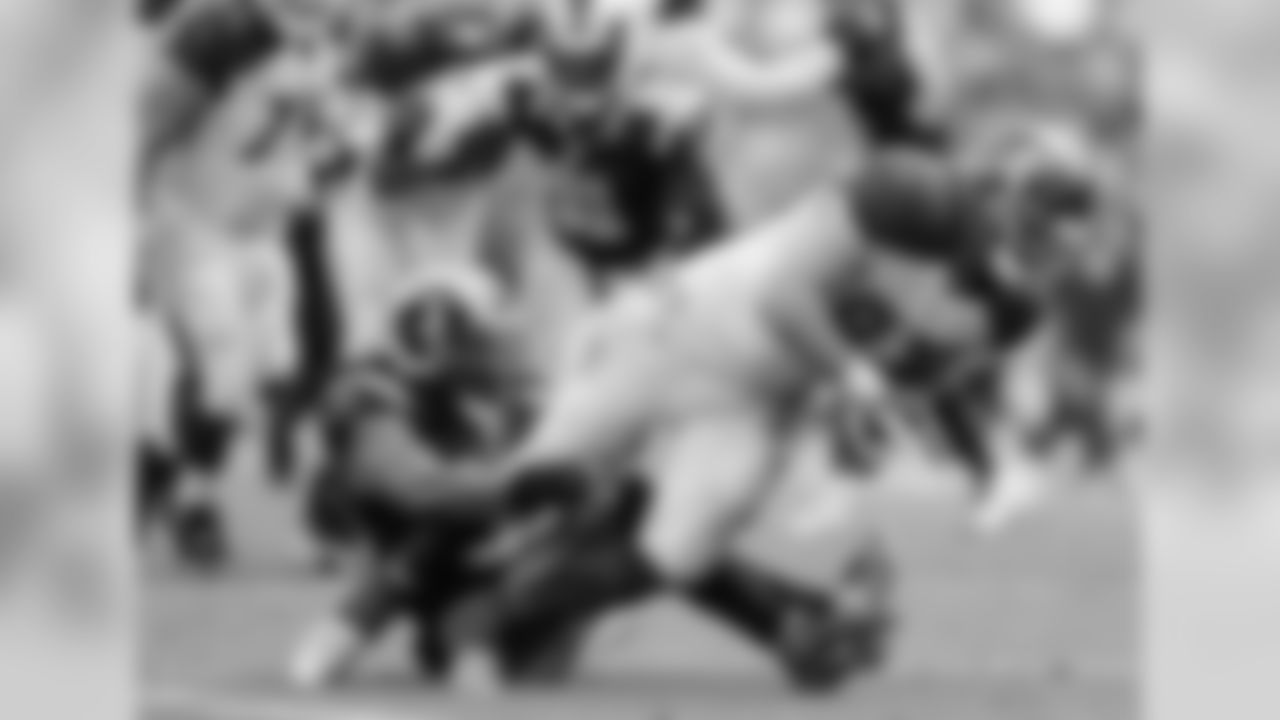
82 TE Brandon Myers
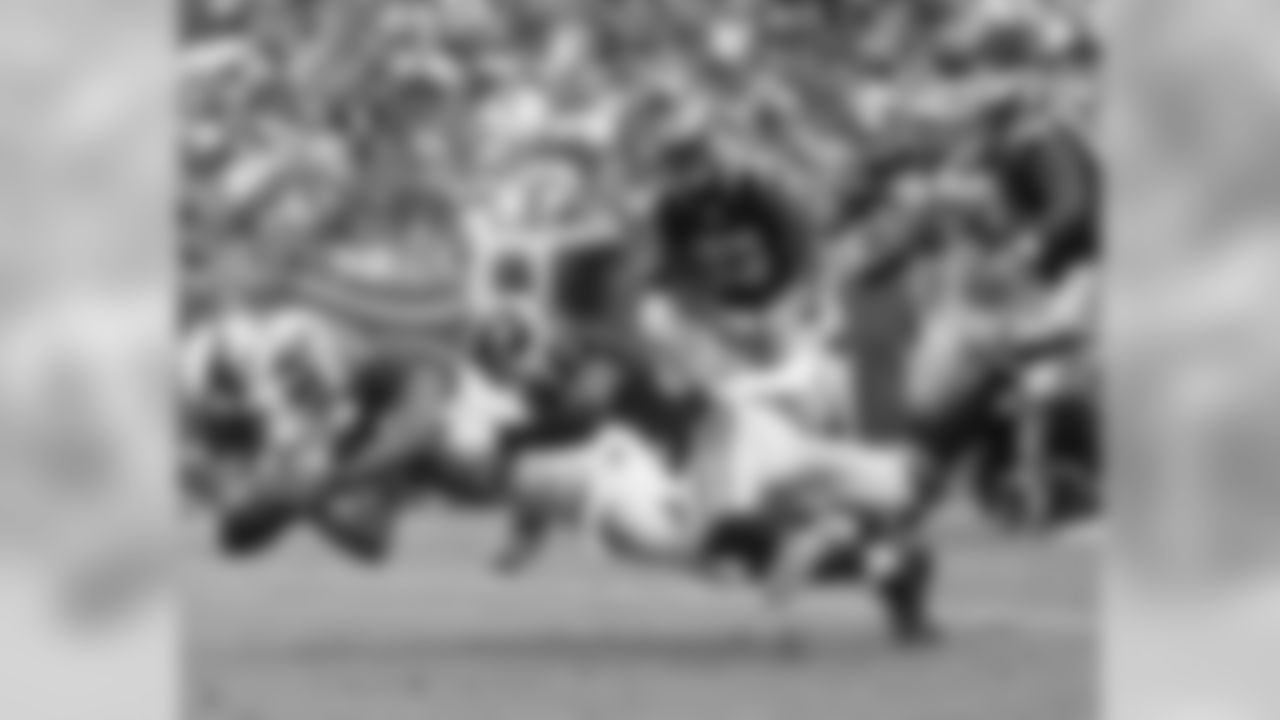
89 WR Russell Shepard
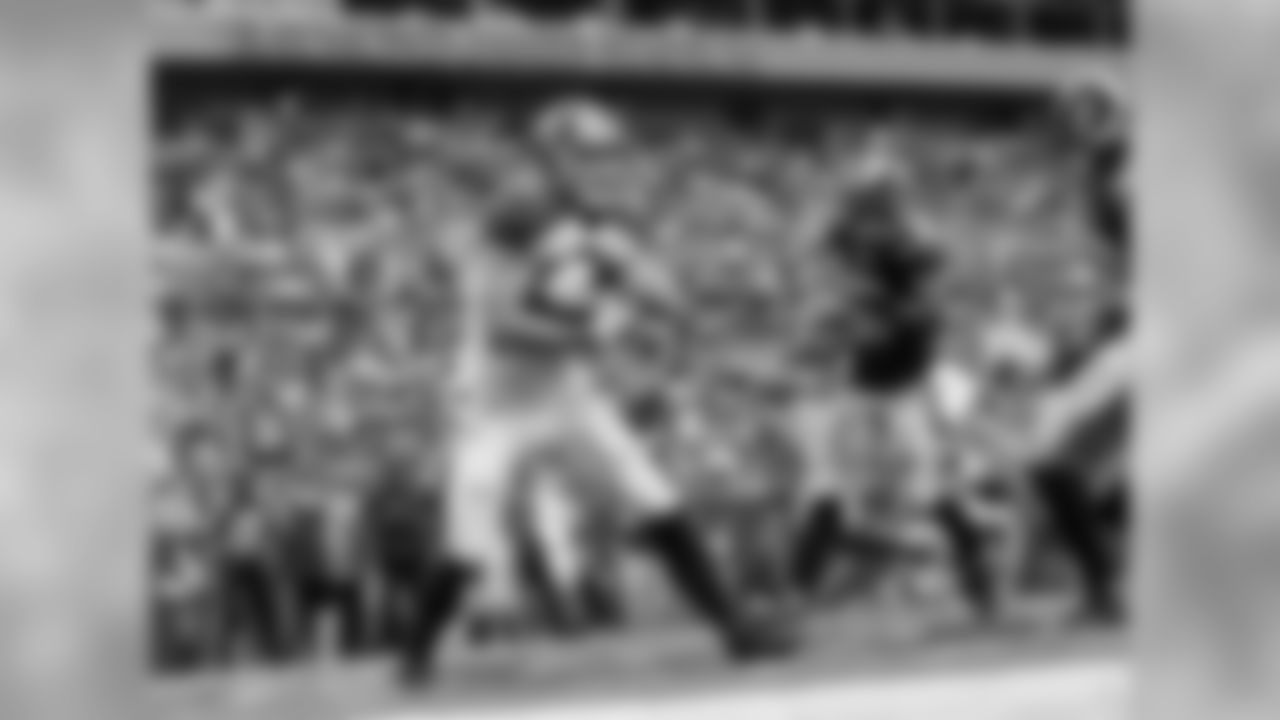
84 TE Cameron Brate
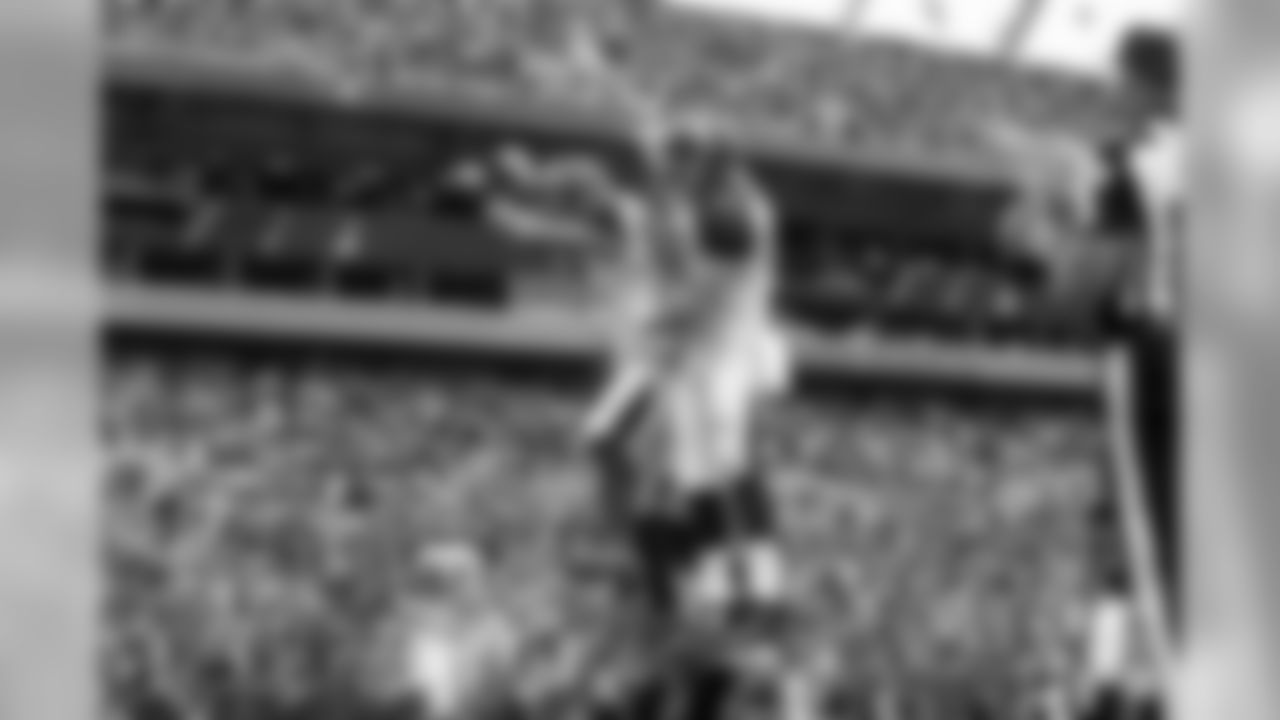
84 TE Cameron Brate and #45 TE Alan Cross
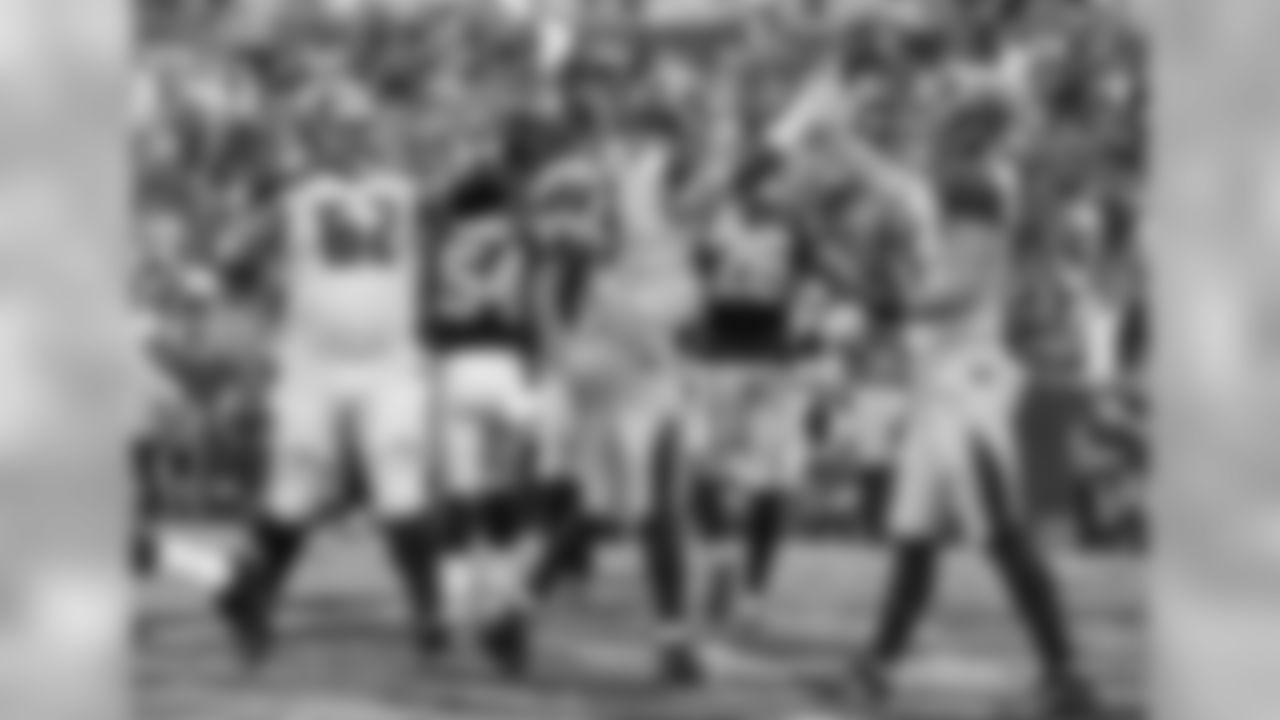
62 C Evan Smith, #3 QB Jameis Winston, and #84 TE Cameron Brate
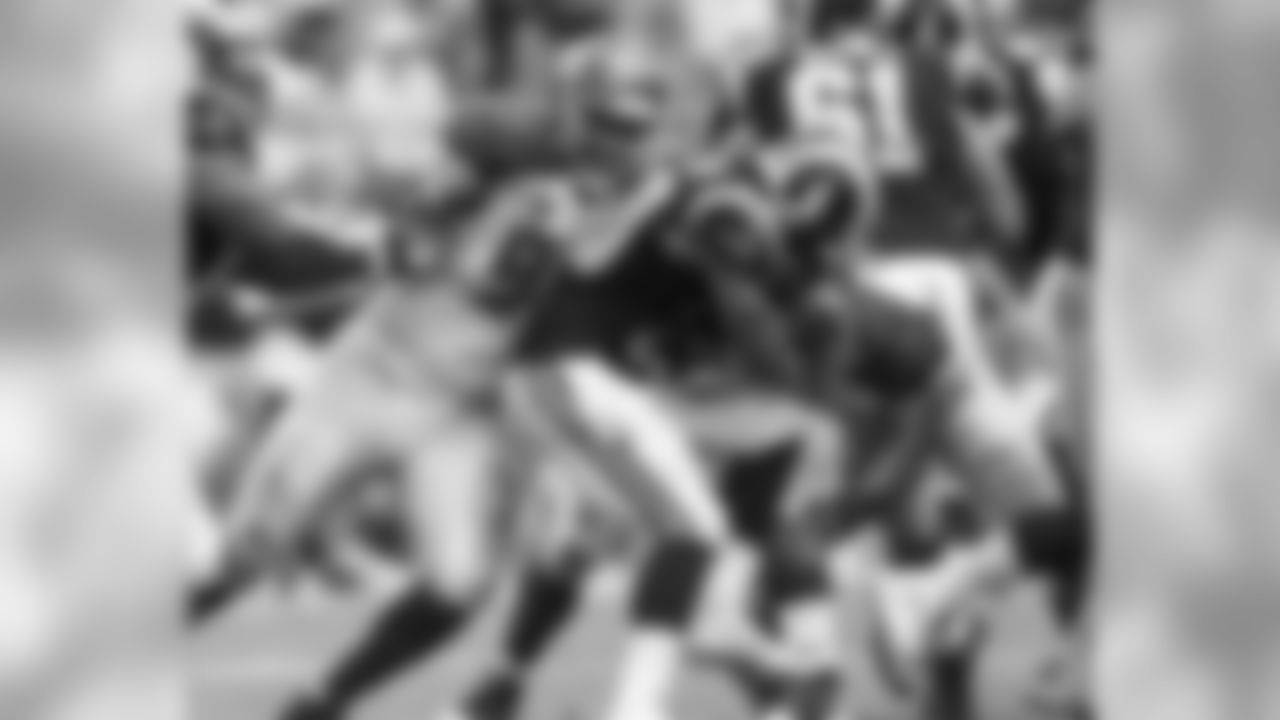
93 DT Gerald McCoy

98 DT Clinton McDonald
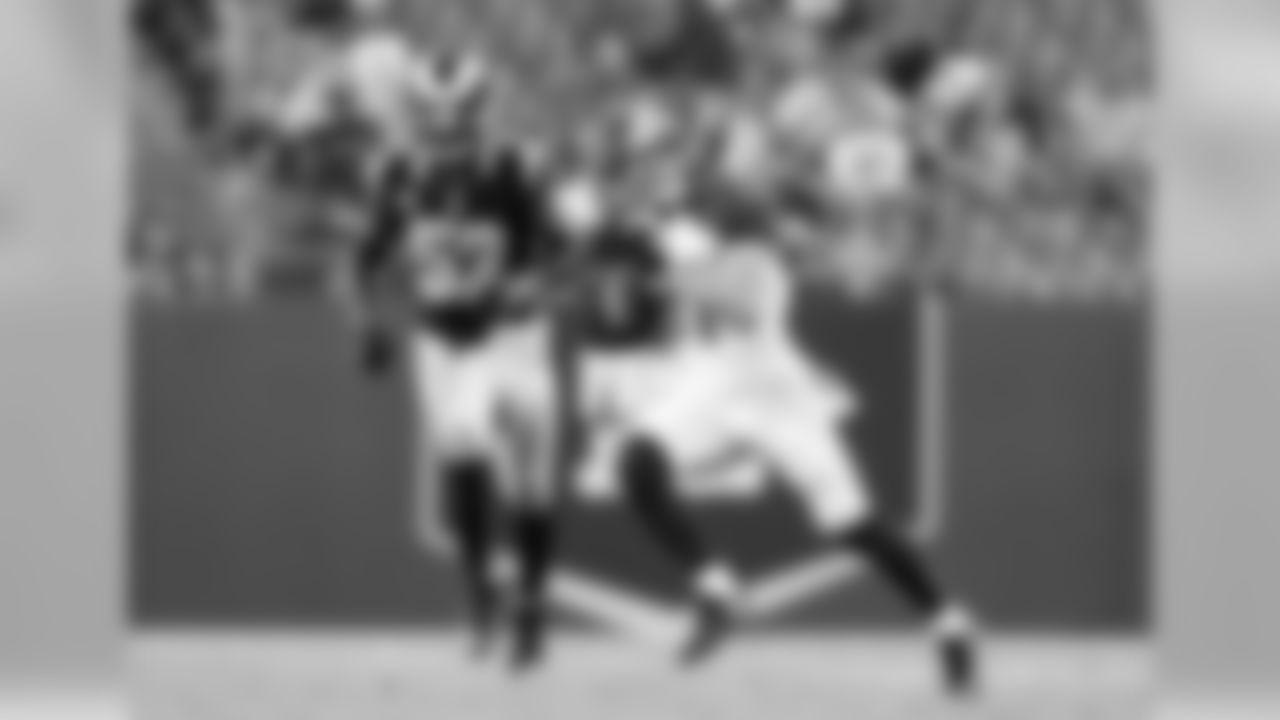
11 WR Adam Humphries
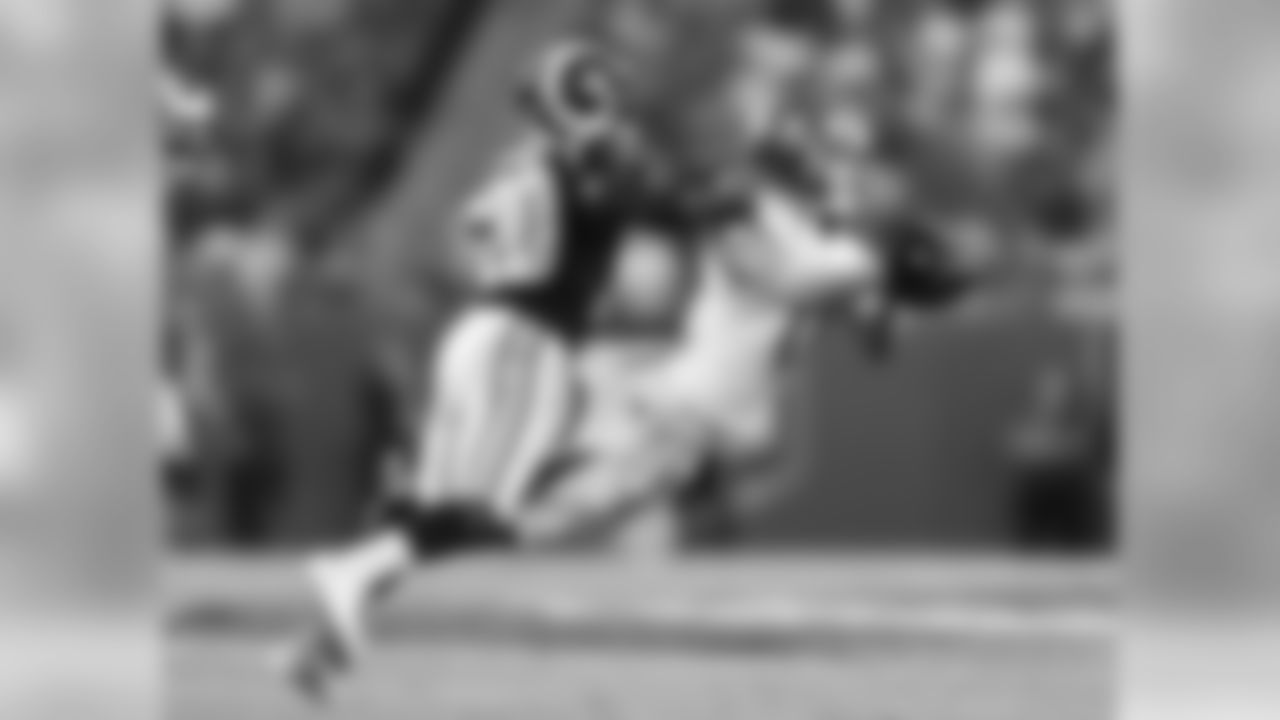
11 WR Adam Humphries

13 WR Mike Evans
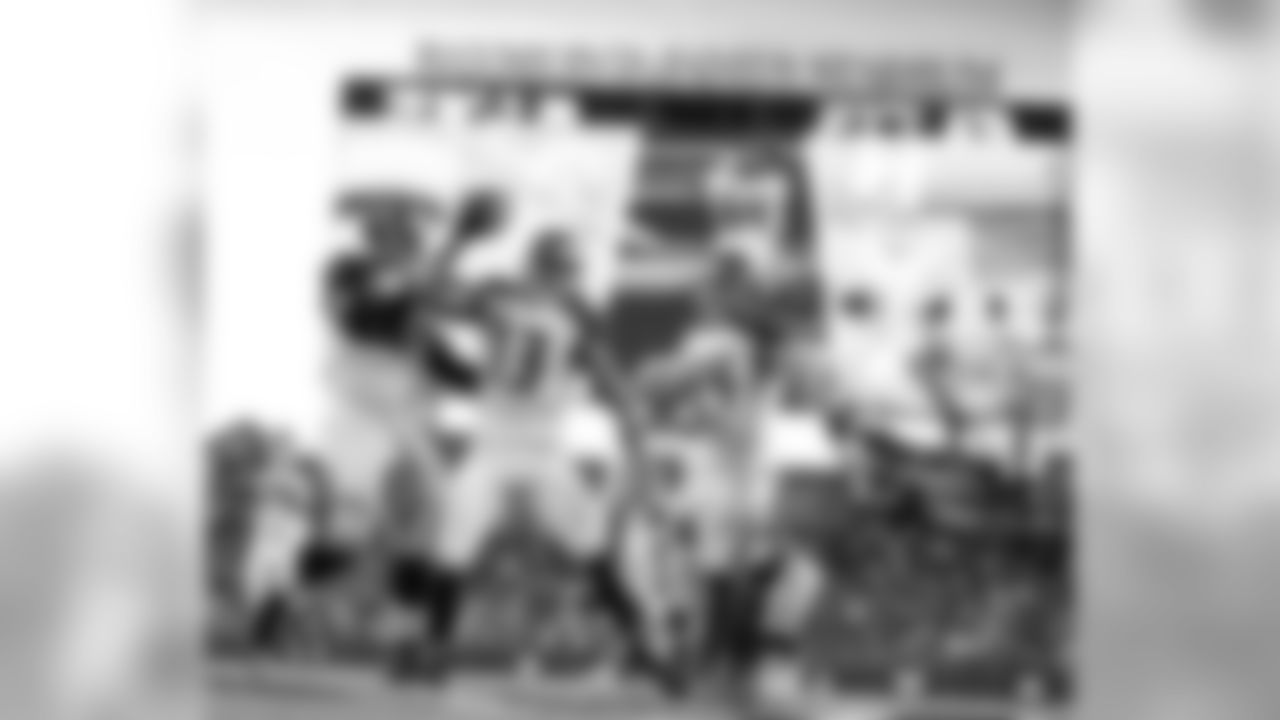
69 OT Demar Dotson, #13 WR Mike Evans, and #84 TE Cameron Brate

13 WR Mike Evans and #83 WR Vincent Jackson
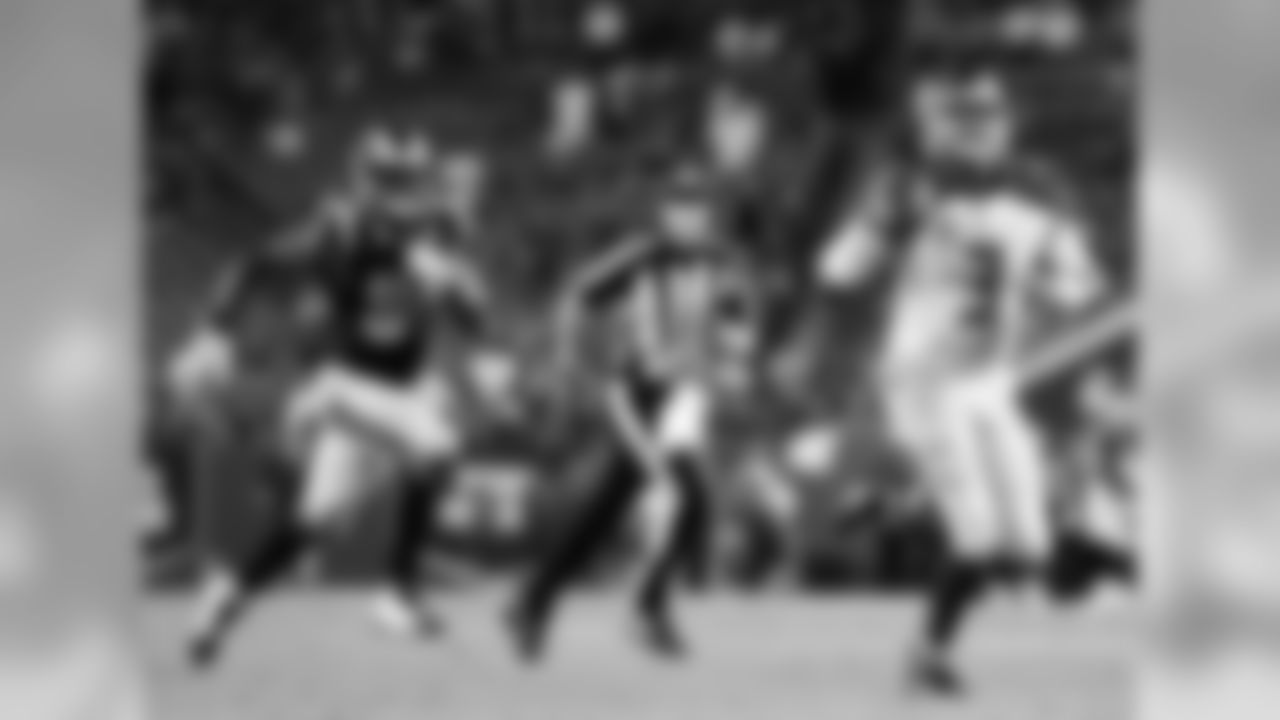
3 QB Jameis Winston
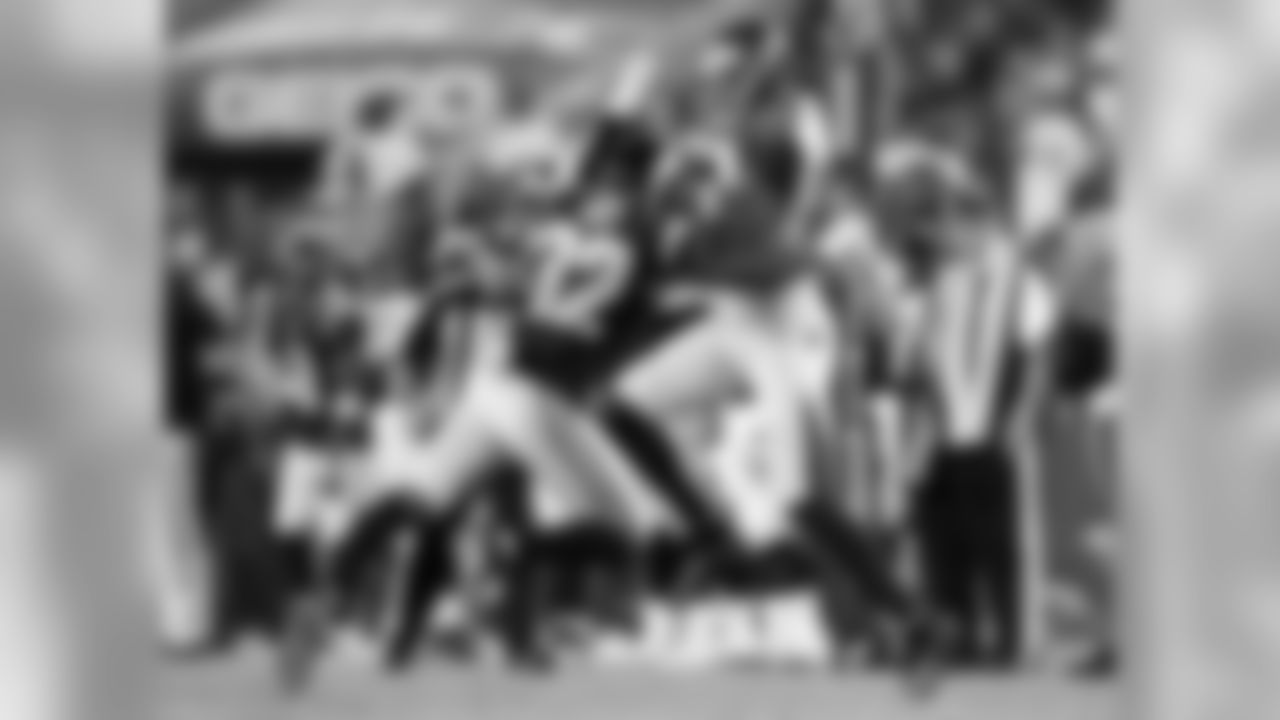
83 WR Vincent Jackson
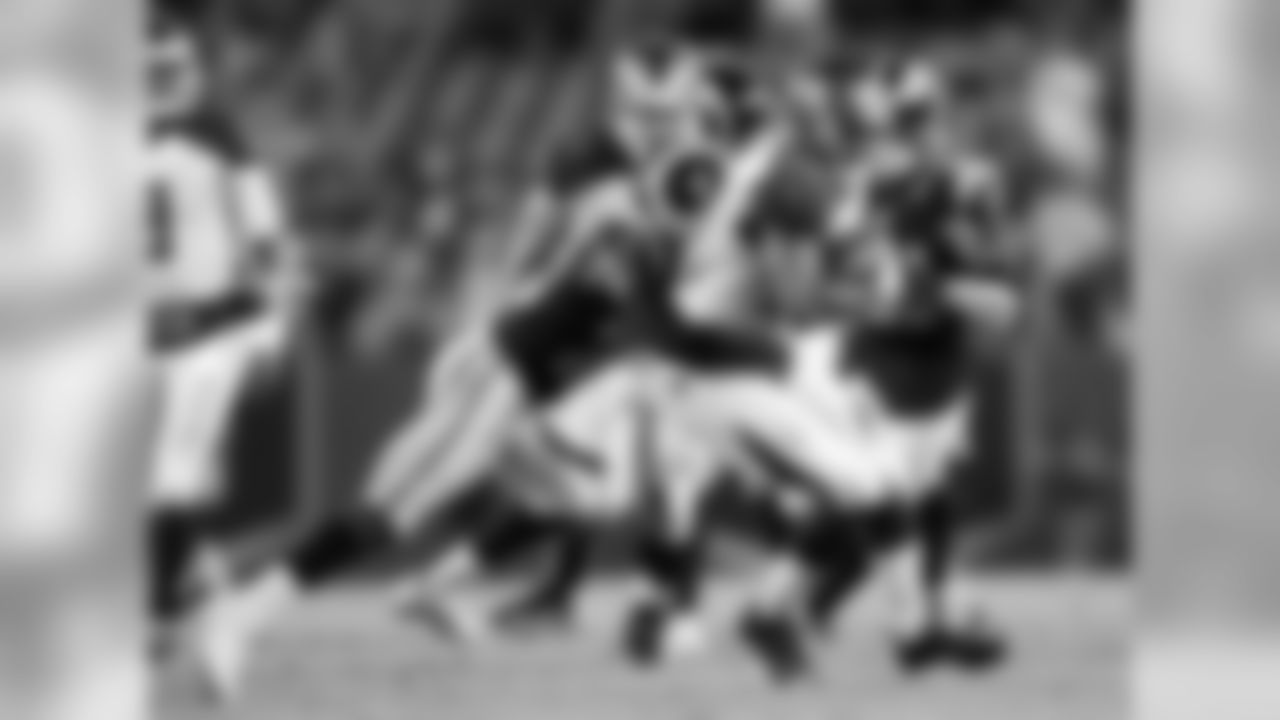
34 RB Charles Sims
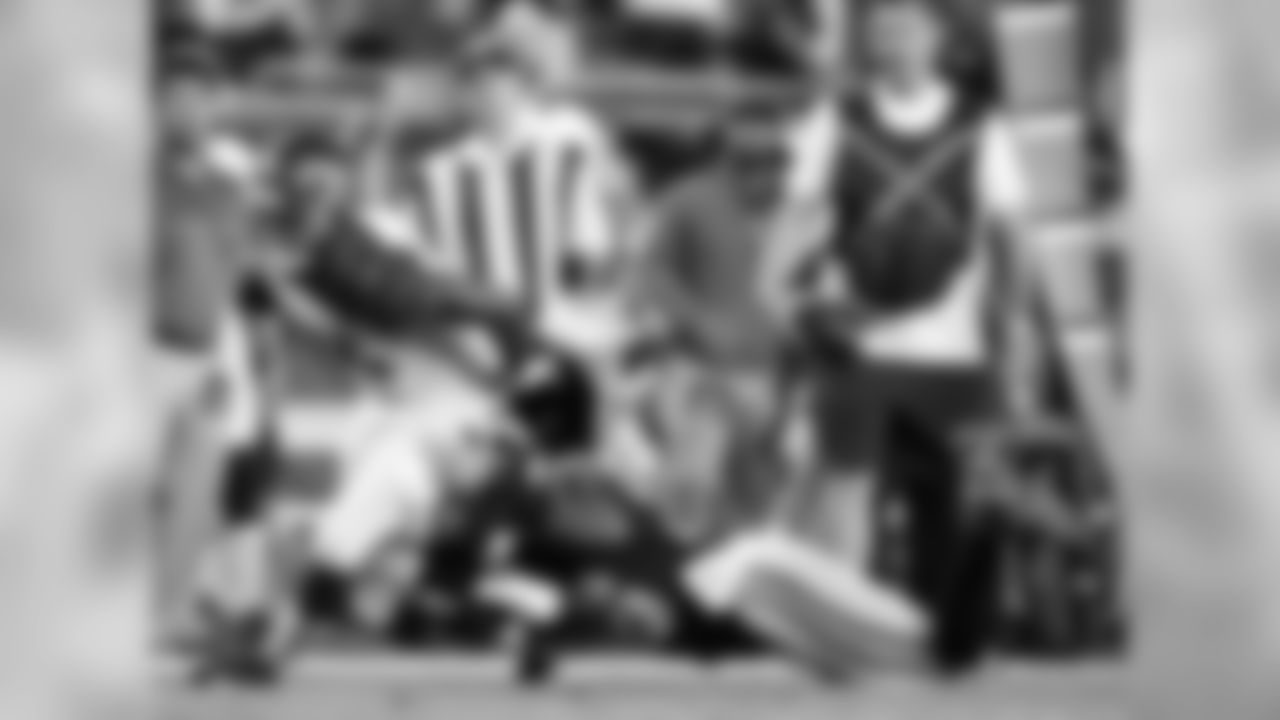
34 RB Charles Sims
In the final minute of the fourth quarter, with the Bucs in Rams territory and trying to score a game-winning touchdown, running back Charles Sims caught a short swing pass on second-and-10 and fought his way for 12 yards and a first down at the L.A. 15-yard line. The play started with 49 seconds on the clock, which kept running when Sims was brought down in-bounds. Koetter had two timeouts to work with at that point but elected to hurry on to the next play without a stoppage.
In the end, it didn't work. The next play, snapped with 26 seconds to go, was an incompletion. The Bucs eventually got a new first down thanks to a penalty but had just nine seconds left and were able to get off two plays from the 15. The last one was a 10-yard scramble by quarterback Jameis Winston, who couldn't find an open man and was tackled from behind by Robert Quinn at the five, with time expired.
Given that the sequence was unsuccessful and the game ended with the Bucs still in possession of a timeout, Koetter said immediately afterwards that he "probably should've used [the timeout] right there." On Monday, Koetter was asked again if he had second-guessed that decision and his answer hadn't changed, though there was a very clear explanation as to why he chose a different strategy.
"Oh, of course," he said. "No one second-guesses my calls more than I do. … We throw that ball to Charles Sims on the right sideline and we still have two timeouts. Charles absolutely does the right thing by going for yardage right there. I mean, he is so close to pulling out of that tackle and we've got Vince [Jackson] and Cam [Brate] ahead of him with one guy left. If he pulls out of that last tackle, he's going to score. At that point, we have a guy in the press box keeping an eye on the clock management and he was doing exactly what he was supposed to do. He was telling me, 'Timeout, timeout, timeout.' That's 100 percent me. We had a play that I'd been wanting to get to the whole game in no-huddle and I thought had a chance to be the game-winner. I wanted to keep the defense from huddling, I wanted to keep them going, so I decided to not go with the timeout and go with that play. We ran the play, thought it had a chance, it didn't, we weren't able to pull it off."
Koetter also pointed out that the Bucs still ran four more plays from that point, including two that were very close to working, and if any of them had been check-downs the remaining timeouts would have been critical.
"You can second-guess any call that doesn't work," said Koetter. "Like I said, I beat myself up over that kind of stuff more than anybody else ever will. But when you're going in the spur of the moment and you have just a couple of seconds to make it, and I knew exactly why we were doing it, had a lot of confidence in our no-huddle offense and in the plays we had in there…it just didn't work out this time."
If anything, Koetter would like to have back a decision he made late in the first half without as much clock-draining pressure in the mix. After a slow start, the home team had used two takeaways on defense to build a 20-10 lead, and the defense had just stopped the Rams for a fourth time in a row to get the ball back before halftime. The Bucs took over on their own 18 with three minutes to play and got a first down on an unnecessary roughness call. Given that Winston and the two-minute offense had been quite successful in the past, Koetter decided to push it and go for another score before halftime.
Unfortunately, it was the Rams who would get a critical score before halftime. Sims bobbled a short pass out to the left and was hit by cornerback Trumaine Johnson before he could haul it in. The football deflected right to linebacker Mark Barron, whose interception set up an eventual one-yard Todd Gurley touchdown run.
"Really the key point, the key play in the whole game, was 2:52 in the second quarter, we're up 20-10 and I thought their defense was tired," said Koetter. "We had just gotten a first down, and we turn the ball over. You talk about second-guessing yourself – I second-guess myself way more over throwing the ball there than I do about not calling the timeout at the end. To me, that was a way more critical play."
2. That aforementioned sequence in the second quarter underscores the role the Bucs' offense has played in the defense's rough start to the season.
After three weeks, Tampa Bay ranks 32nd in the NFL in points allowed per game (33.7). The defense has given up 12 passing plays of 20 or more yards, including six of 40 or more, four of which have gone for touchdowns. While there have been decent stretches of stifling defense, especially against the run, the high number of "explosive" plays allowed have rendered them moot.
The Buccaneers will continue to search for answers as they adapt and learn in the scheme imported by coordinator Mike Smith, but the scoring problem doesn't stop with the defense. Eight turnovers in three games, five of which have led to touchdowns (including two returned directly for scores) have consistently put the defense in tough situations. After that interception described above, for instance, the Rams still needed seven plays and two favorable penalties to barely punch it in on third-and-goal
"Of 101 points or whatever it is, our offense has contributed way, way too much to that," said Koetter. "We moved up one spot in turnover margin, from 32nd to 31st. When you really look at that game last night, at one point we were plus-two [in turnovers] and we had a 10-point lead."
Even after that interception allowed the Rams to tighten the score before halftime, the Bucs were still in good position to win the game. Los Angeles took the lead back late in the third quarter on a Gurley touchdown but the Bucs immediately drove back down into the red zone on the next possession. Winston was looking towards the end zone on a third-and-six when Quinn blazed around behind him and swatted the ball from his hand. Defensive end Ethan Westbrooks picked up the loose ball and ran 77 yards for a touchdown.
A behind-the-scenes look at the Buccaneers' game against the Rams.

Bucs vs. Rams
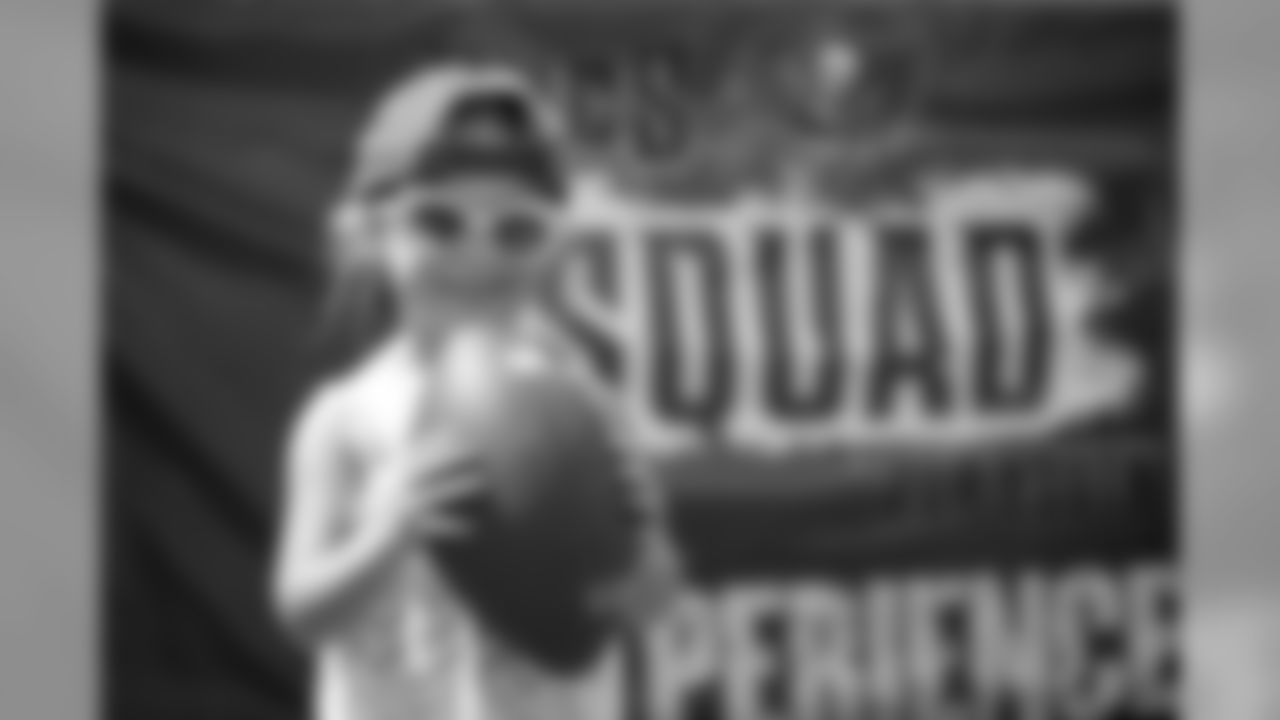
Bucs fan

Bucs Cheerleaders Lindsey and Brooke with fans
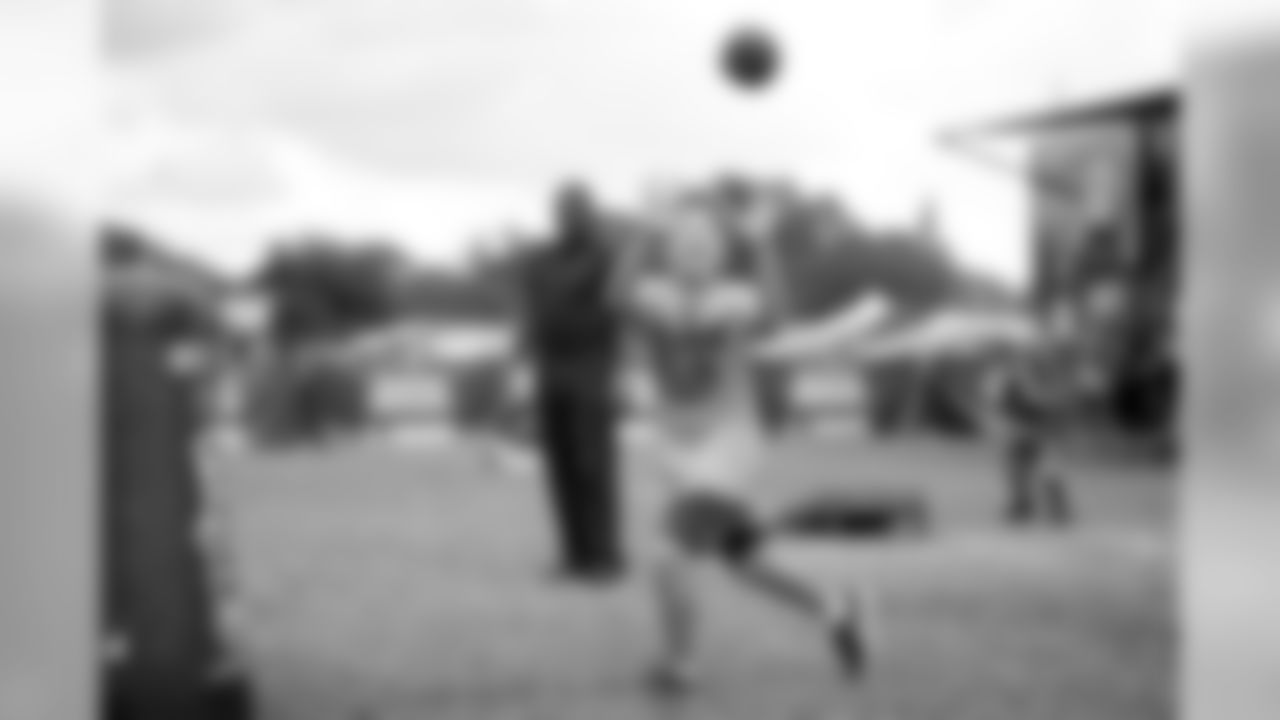
Bucs fan
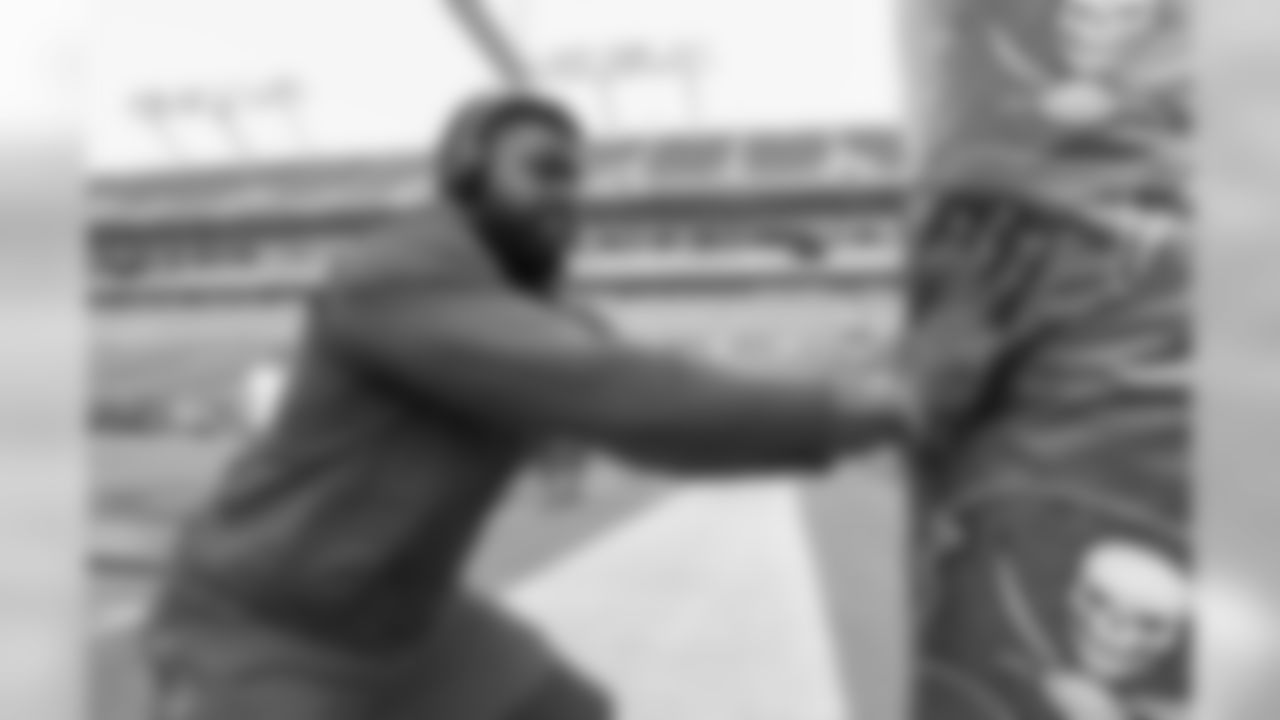
77 OL Caleb Benenoch
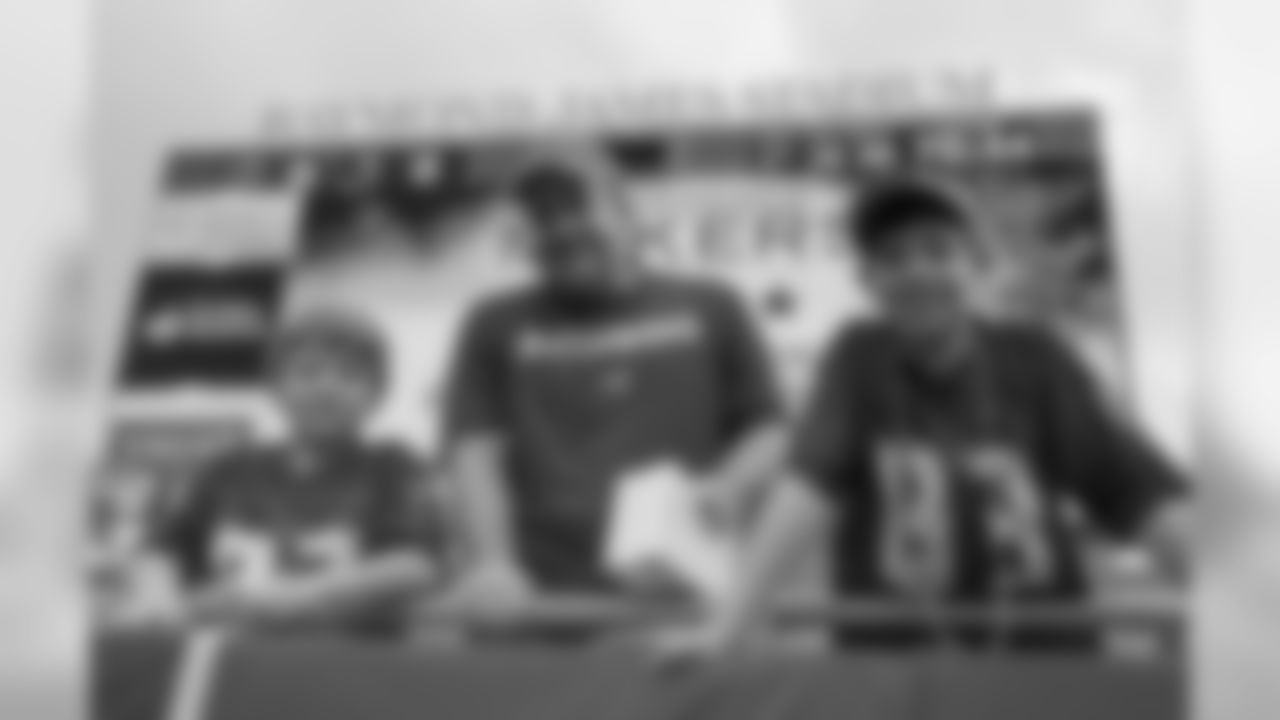
Bucs fans
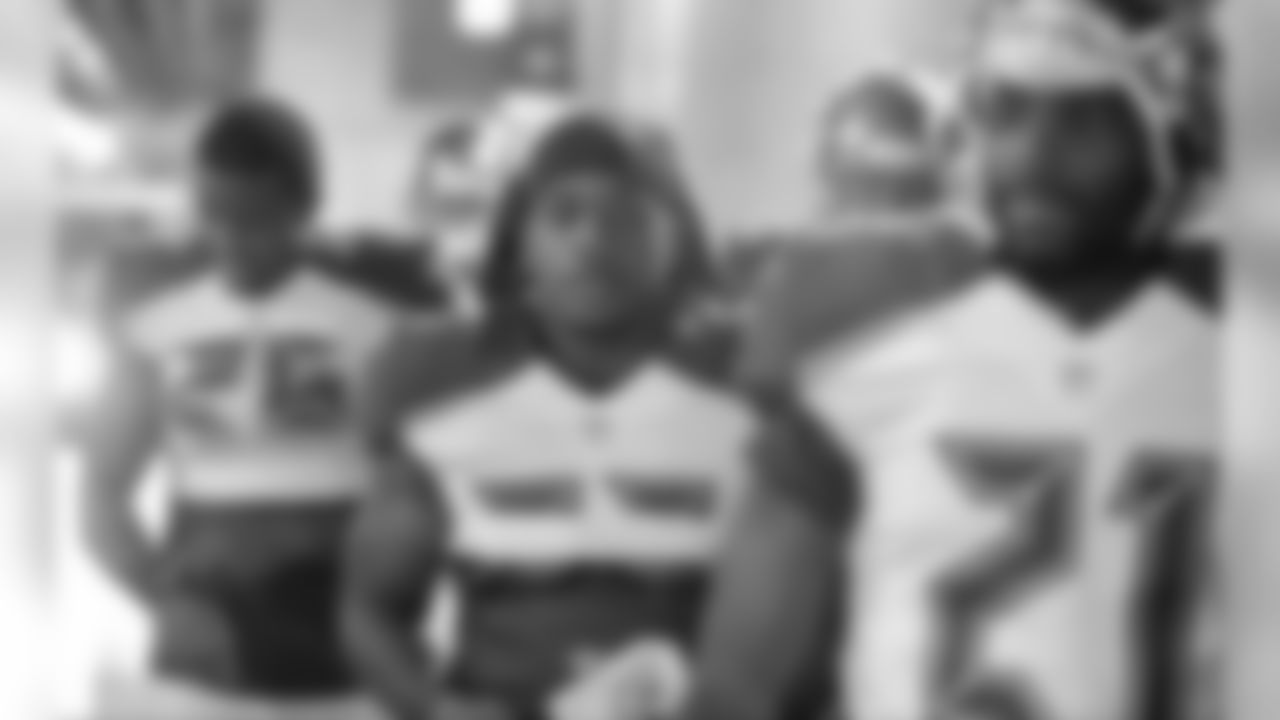
32 RB Jacquizz Rodgers

83 WR Vincent Jackson

Run Game Coordinator and Offensive Line Coach George Warhop
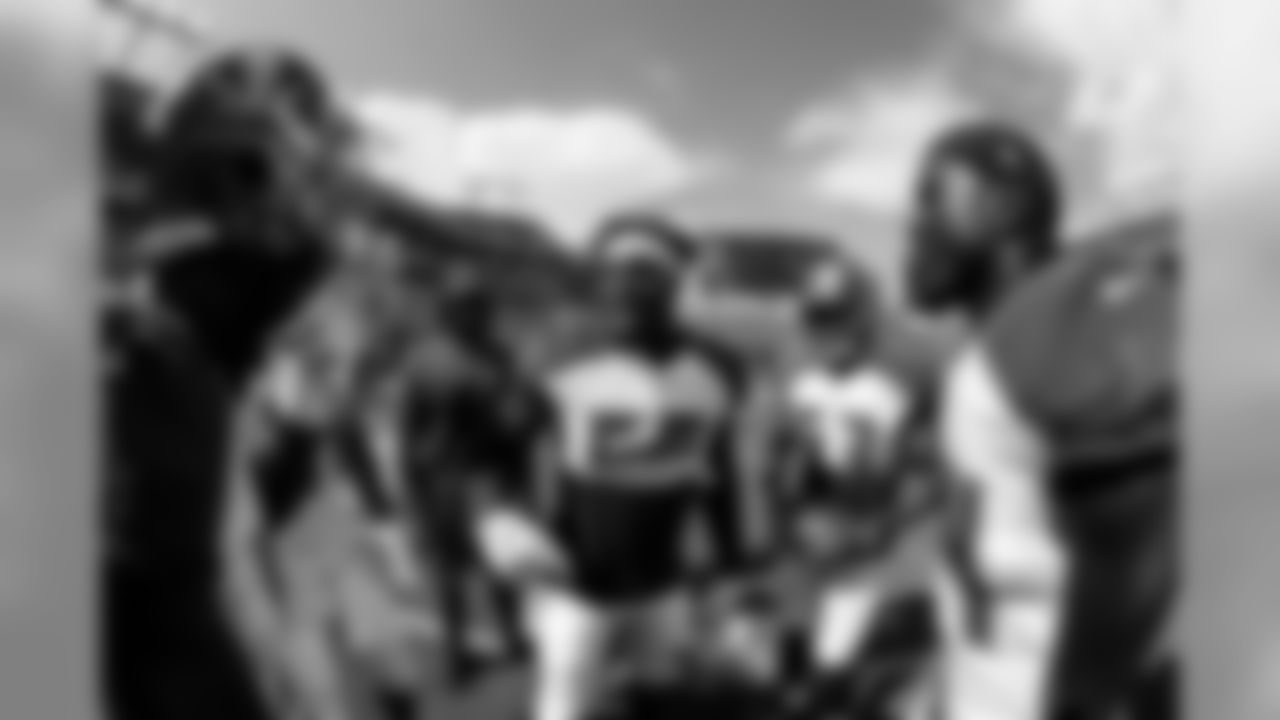
58 LB Kwon Alexander
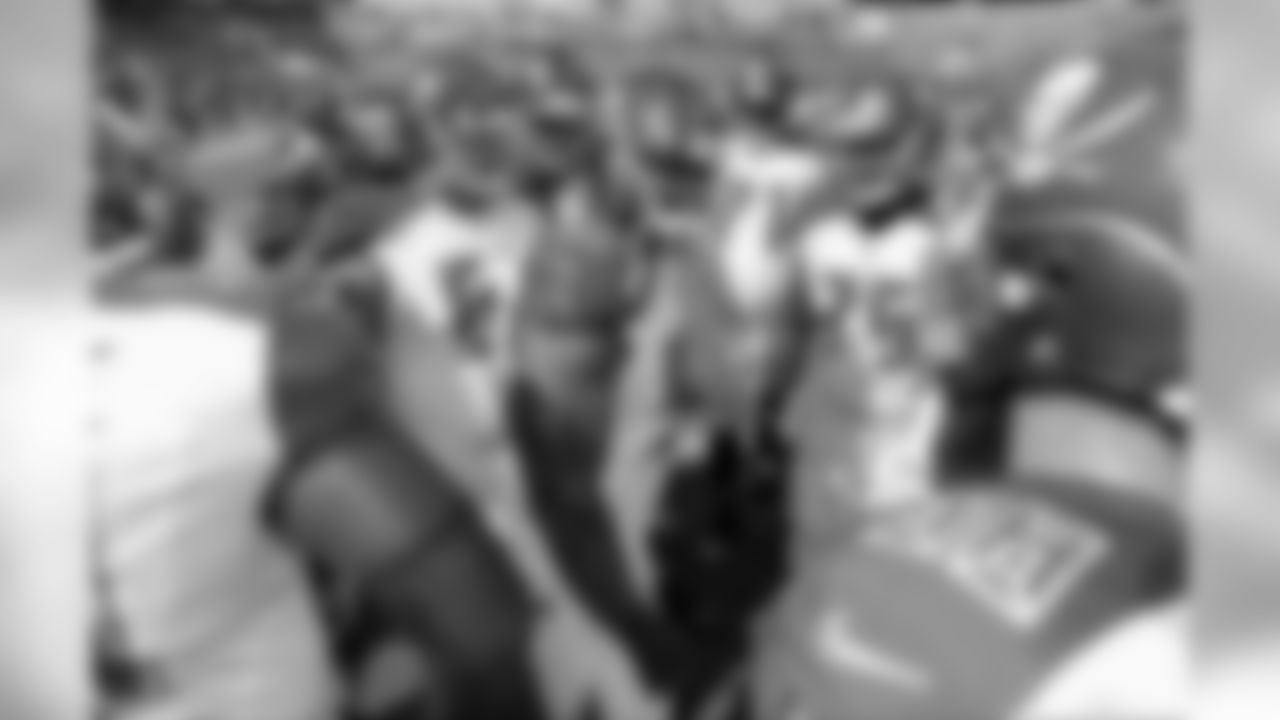
98 DT Clinton McDonald

Head Coach Dirk Koetter

93 DT Gerald McCoy
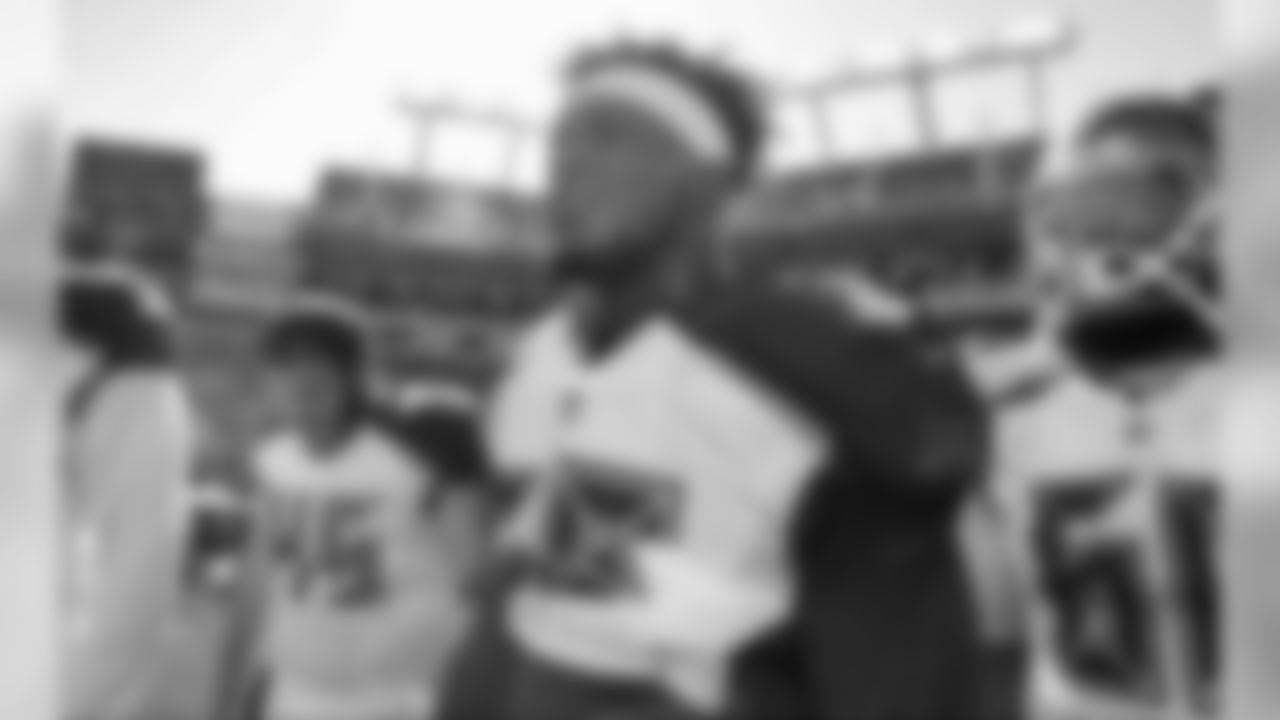
58 LB Kwon Alexander

76 OT Donovan Smith, #74 G Ali Marpet, and #64 OT Kevin Pamphile

Bucs fan

Bucs Cheerleader Lindsey
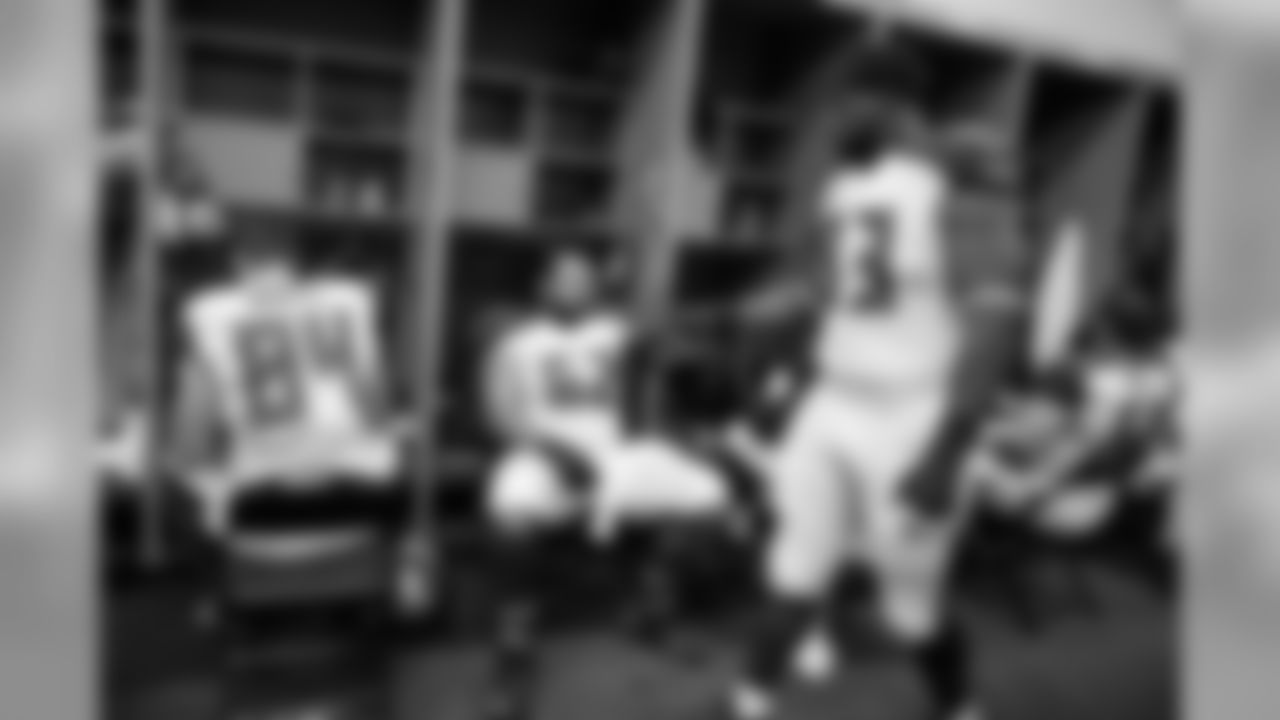
84 TE Cameron Brate, #62 C Evan Smith, and #93 DT Gerald McCoy

13 WR Mike Evans

84 TE Cameron Brate
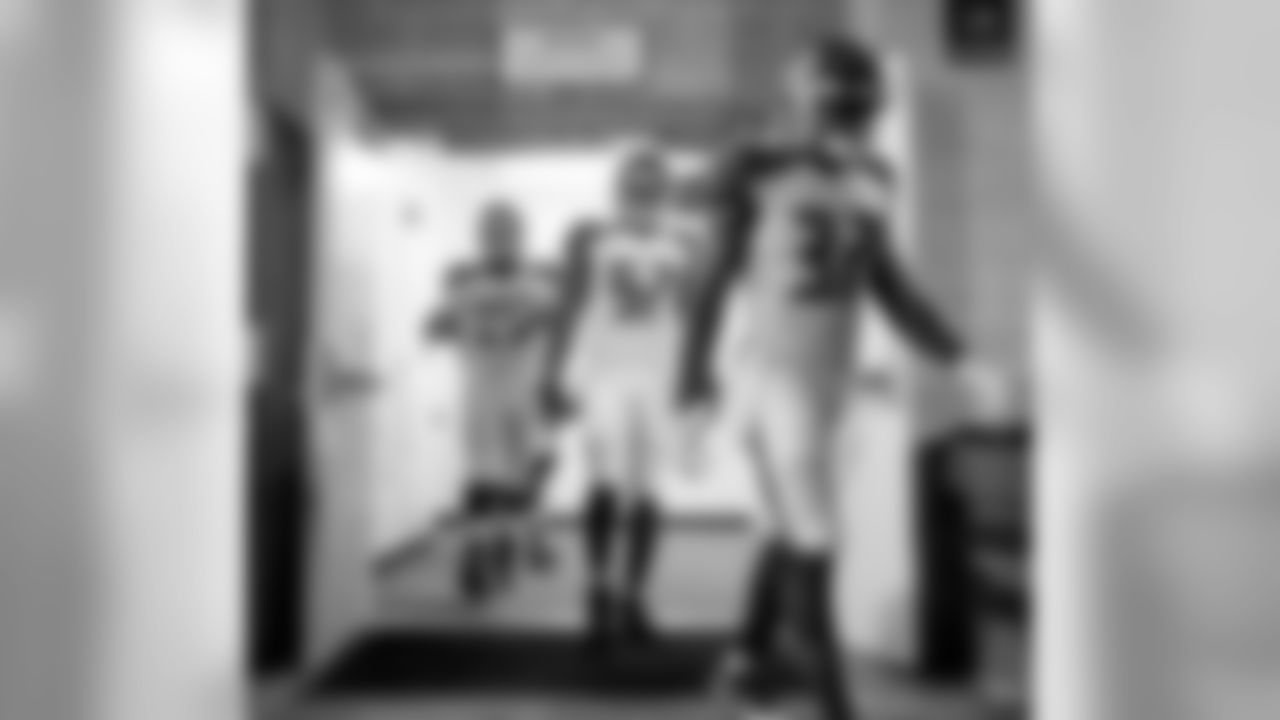
62 C Evan Smith, #57 DE Noah Spence, and #37 S Keith Tandy
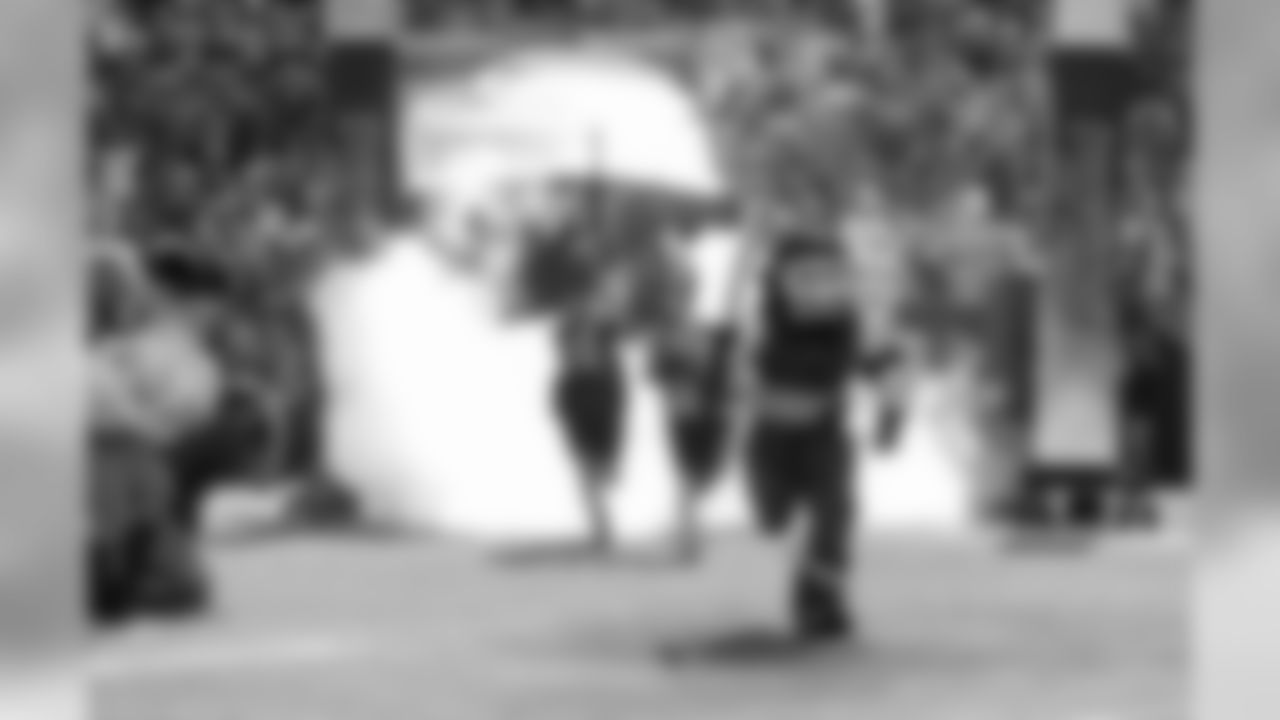
Captain Fear

Bucs flag holders
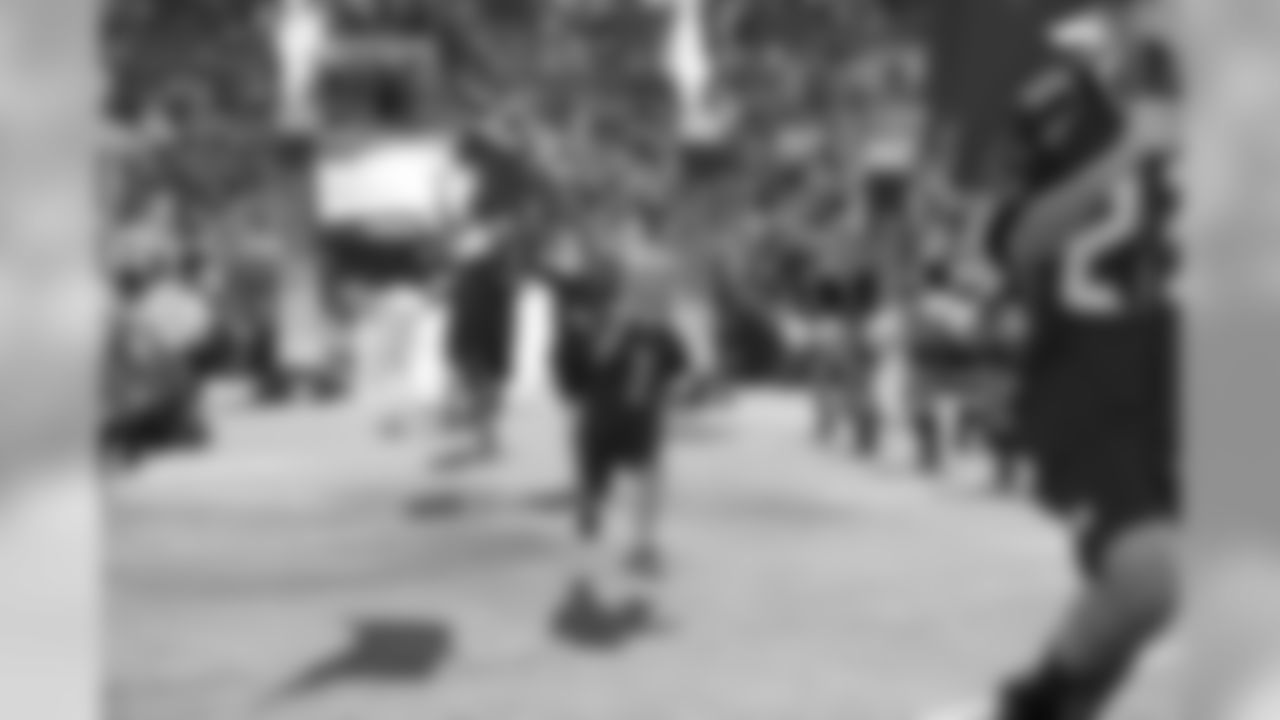
Bucs flag holder
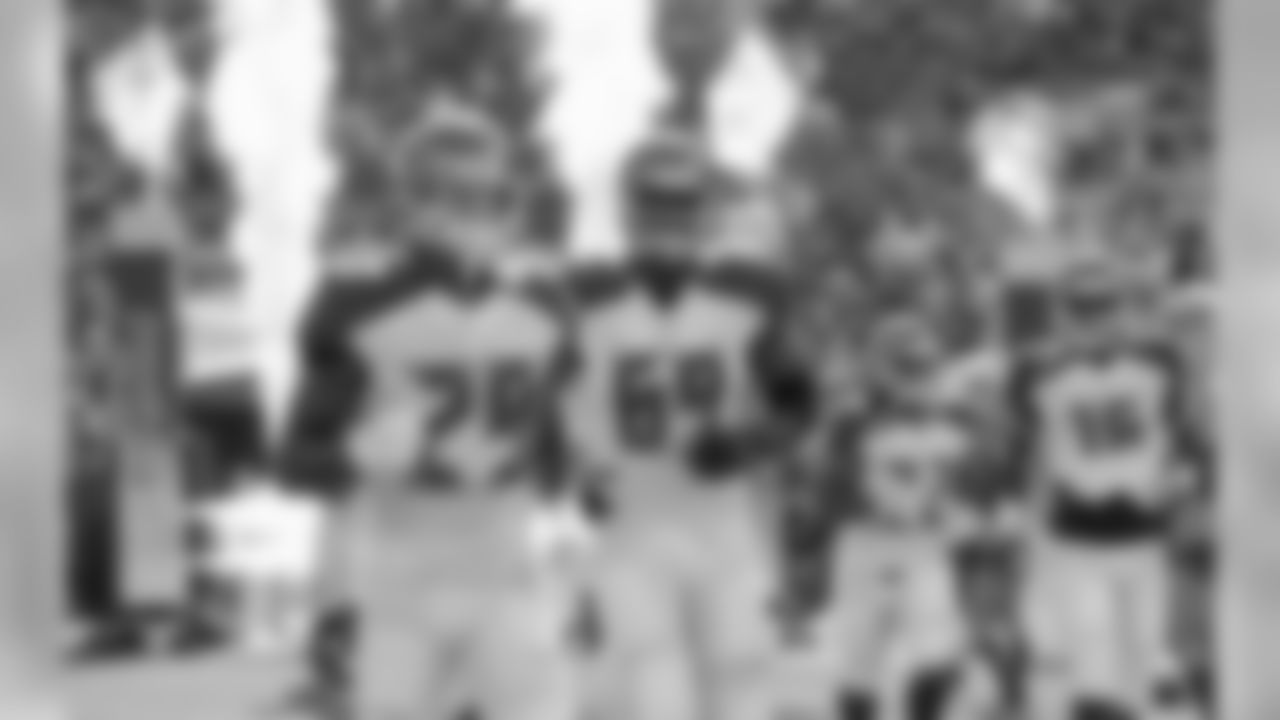
29 DB Ryan Smith and #69 OT Demar Dotson

30 S Bradley McDougald

28 CB Vernon Hargreaves

Bucs vs. Rams
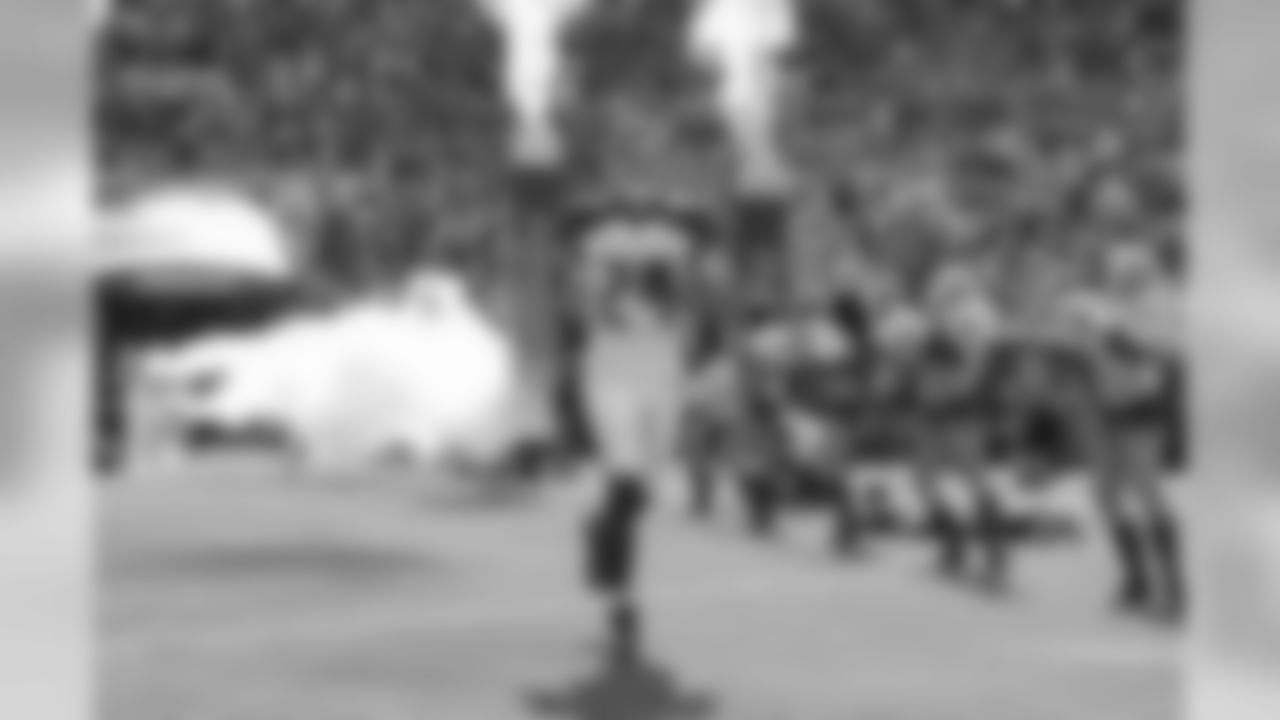
24 CB Brent Grimes
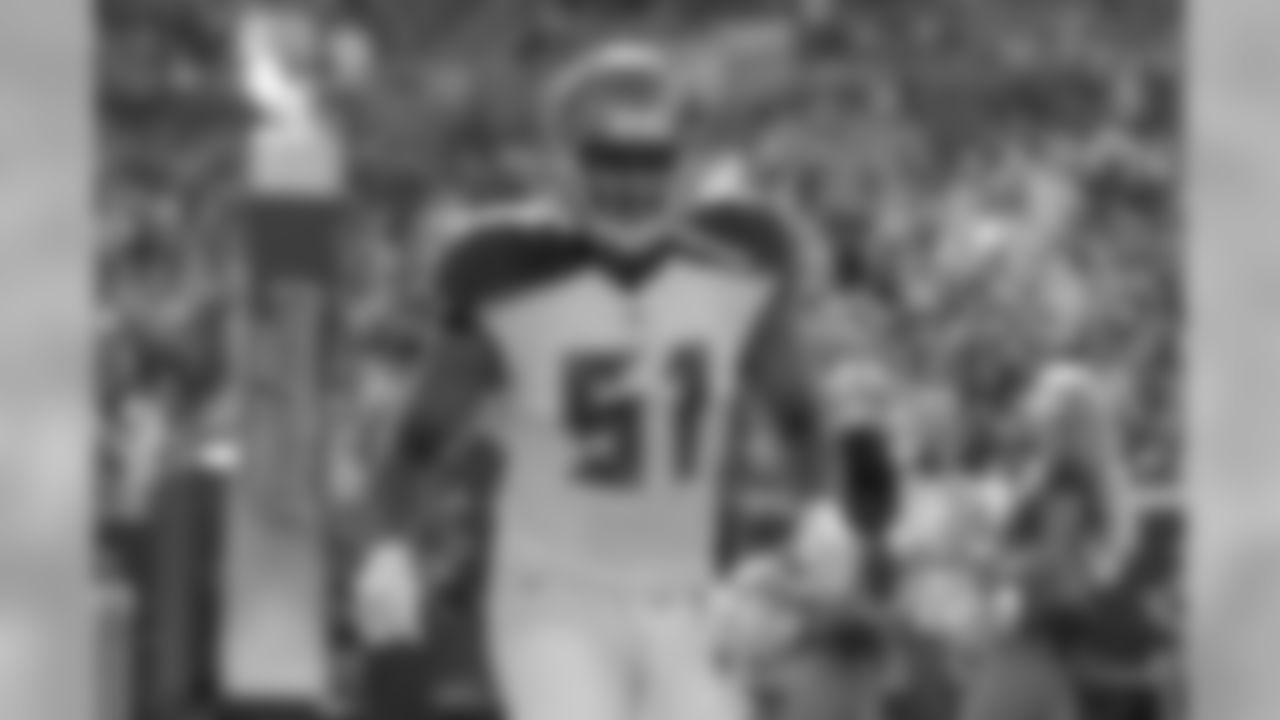
51 LB Daryl Smith

93 DT Gerald McCoy

Bucs vs. Rams

Bucs vs. Rams
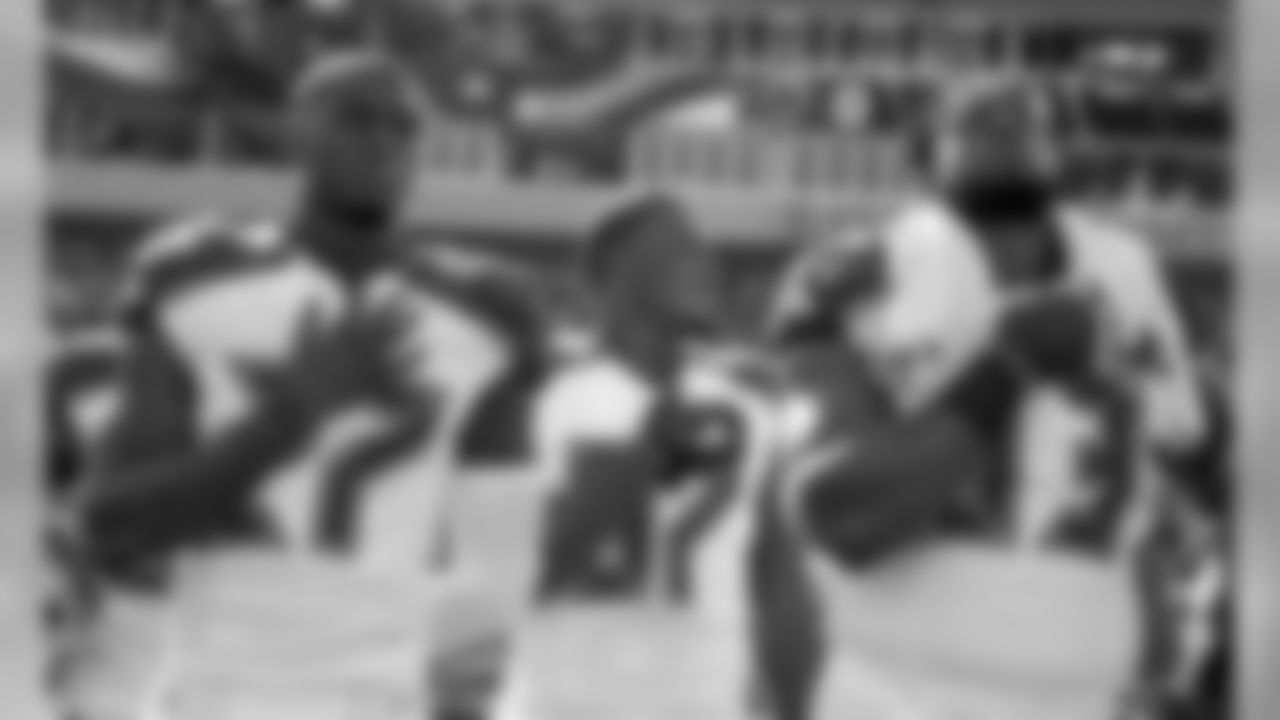
27 CB Johnthan Banks, #57 DE Noah Spence, and #93 DT Gerald McCoy
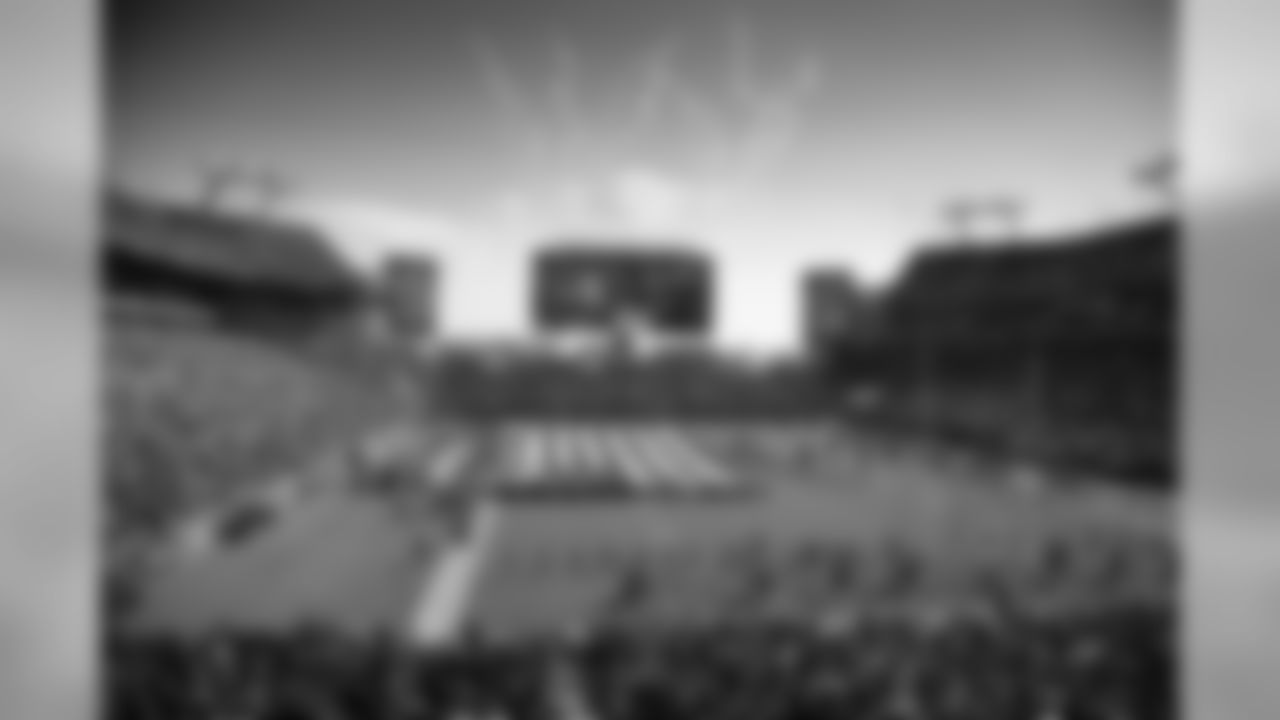
Bucs vs. Rams
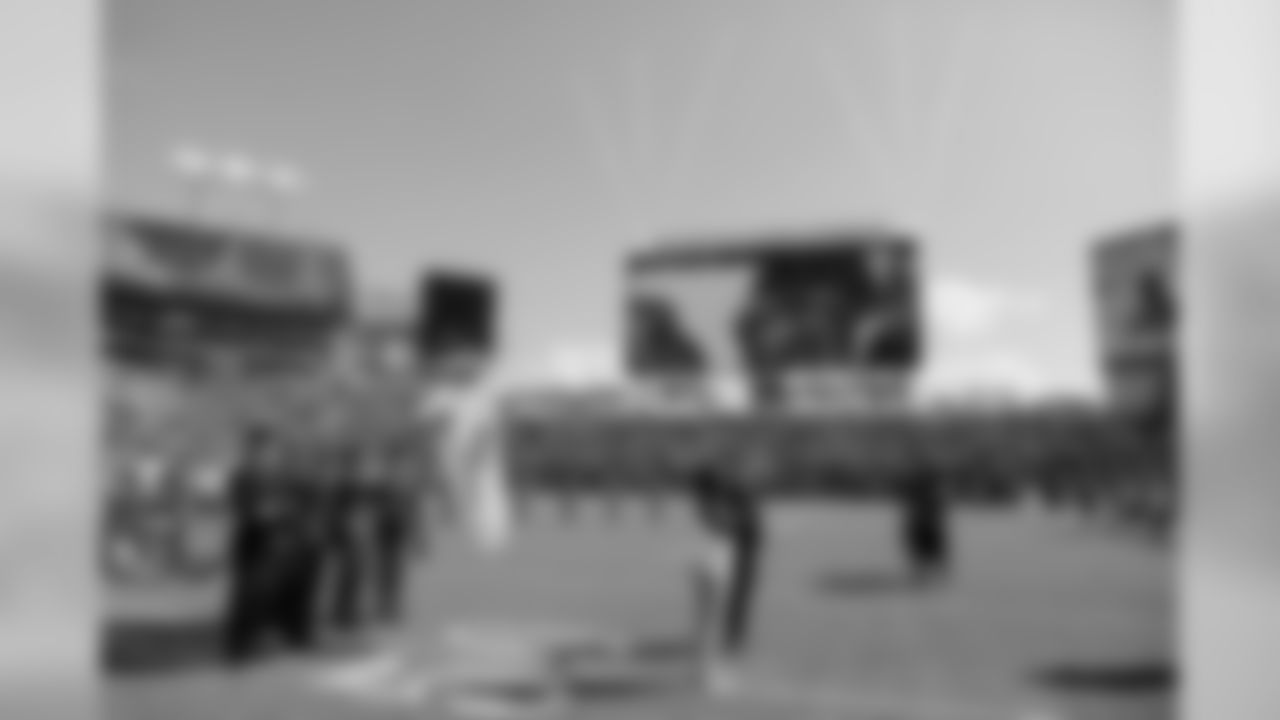
Bucs vs. Rams

Bucs vs. Rams
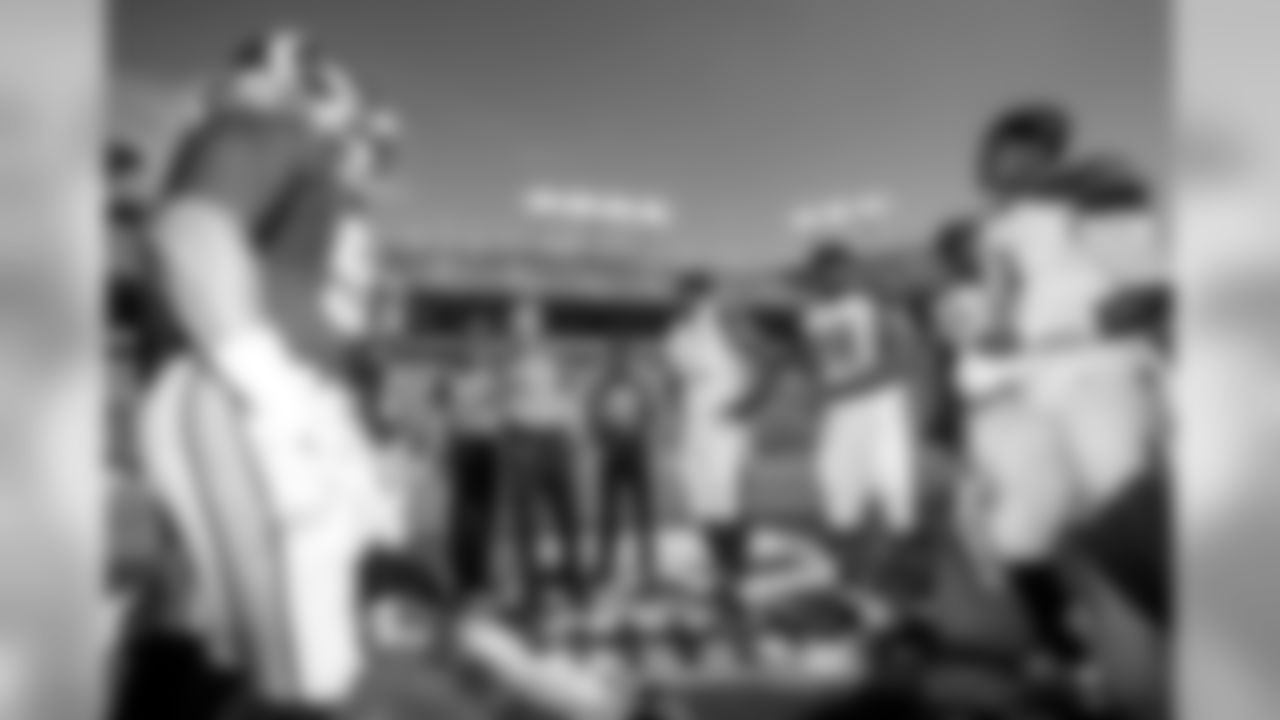
93 DT Gerald McCoy, #98 DT Clinton McDonald, #54 LB Lavonte David, and #3 QB Jameis Winston
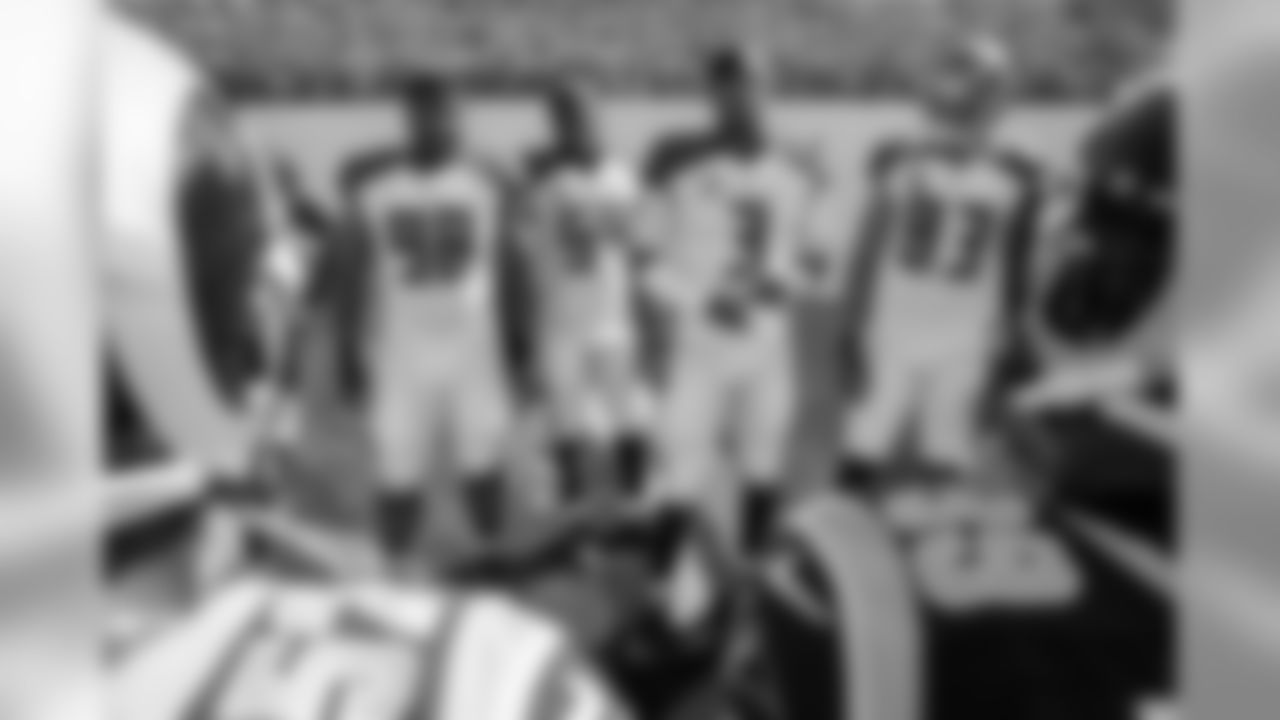
98 DT Clinton McDonald, #54 LB Lavonte David, #3 QB Jameis Winston, and #83 WR Vincent Jackson

Special Teams Coordinator Nate Kaczor
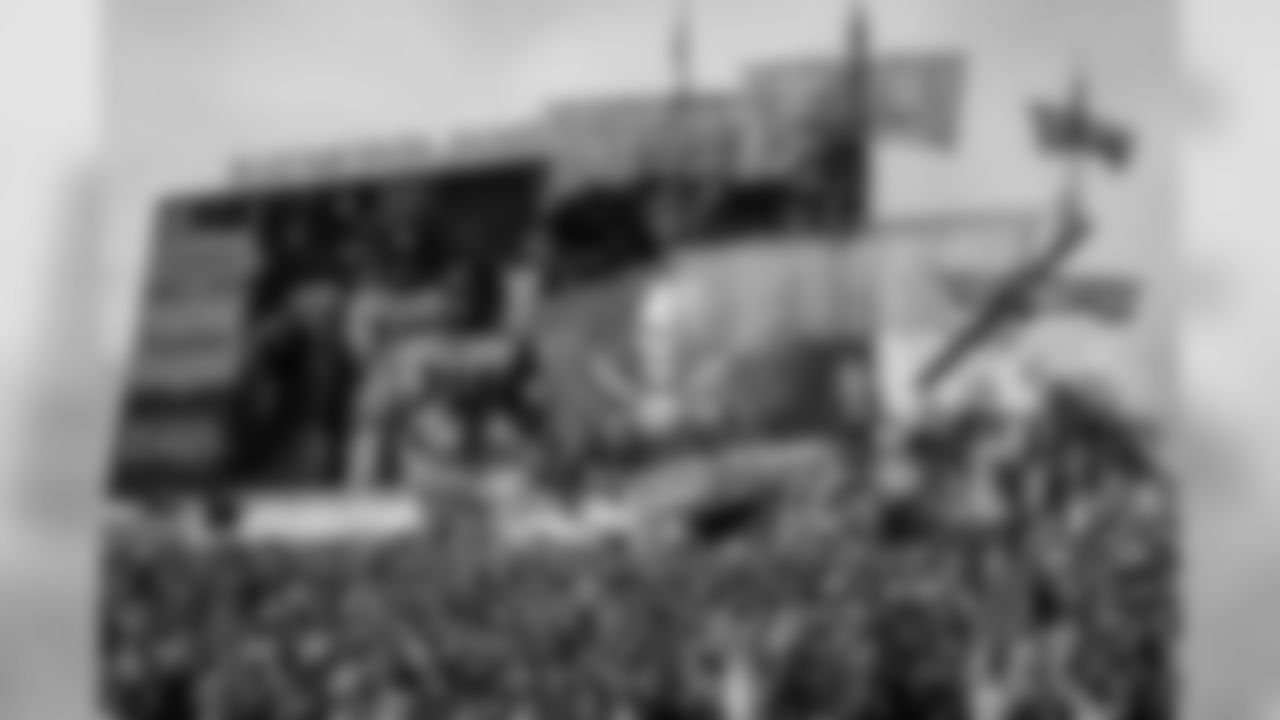
Bucs fans
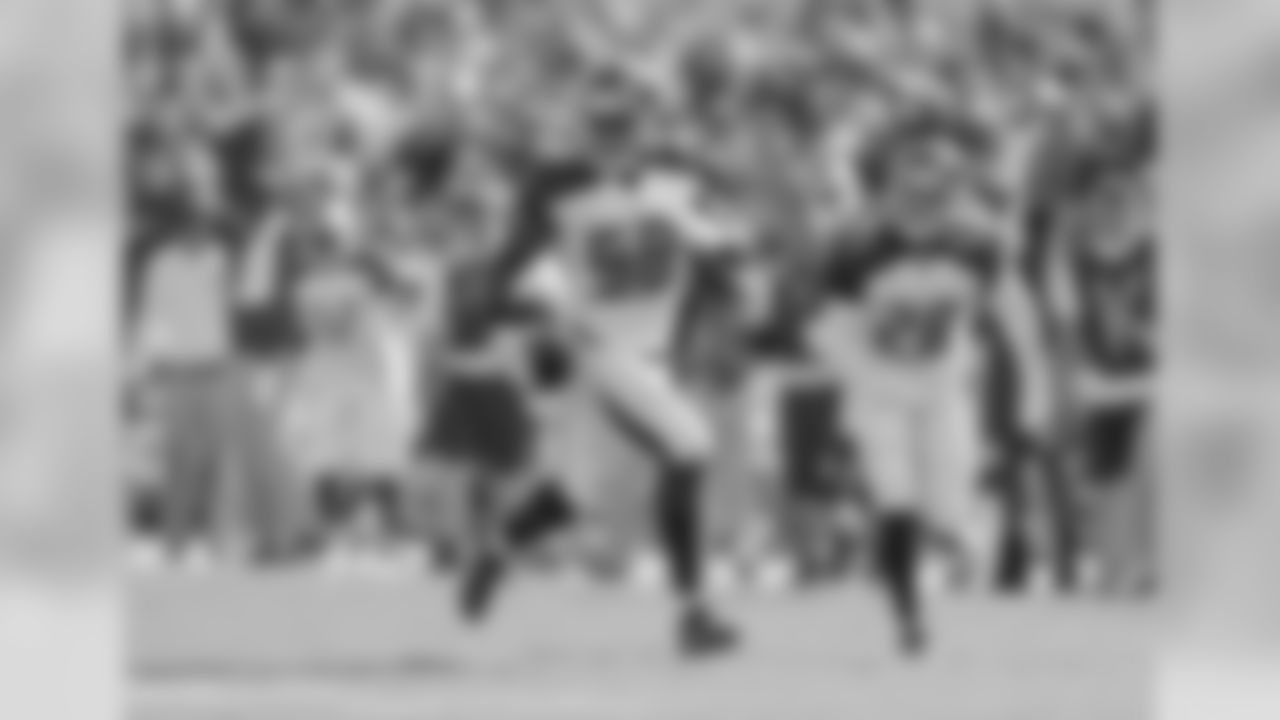
58 LB Kwon Alexander and #28 CB Vernon Hargreaves
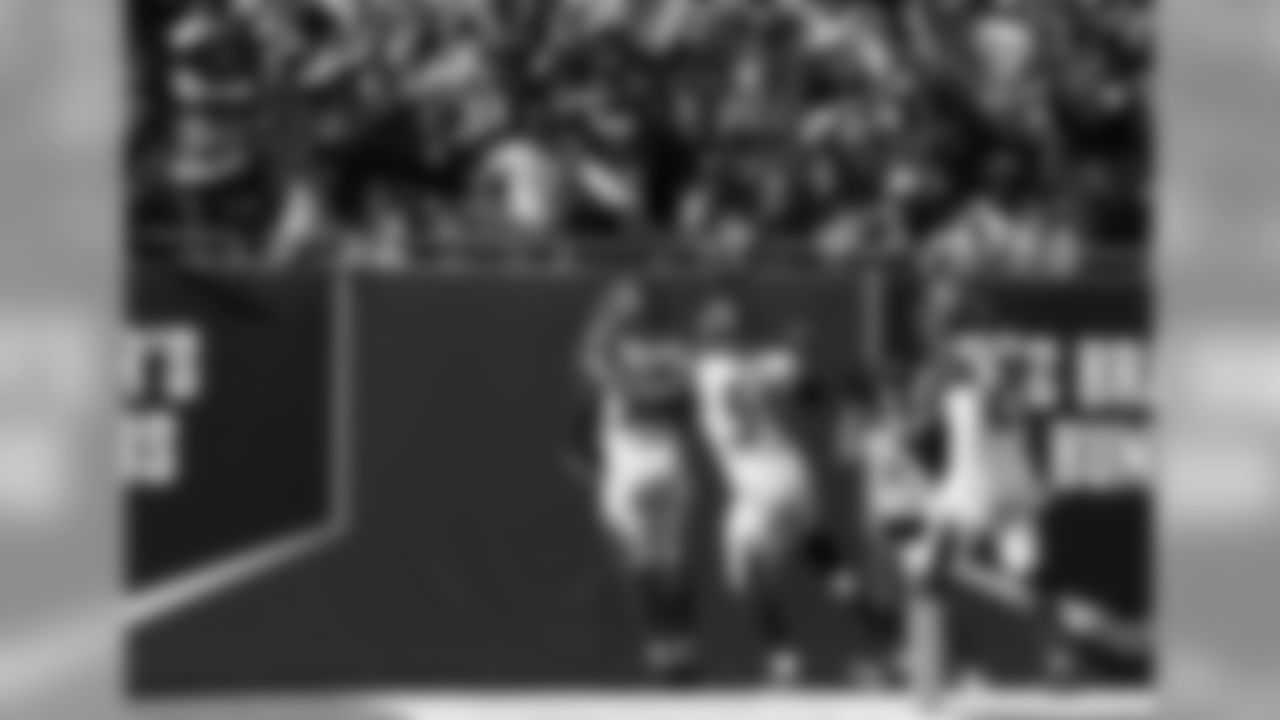
58 LB Kwon Alexander, #54 LB Lavonte David, and #28 CB Vernon Hargreaves

Bucs fans

Bucs fans
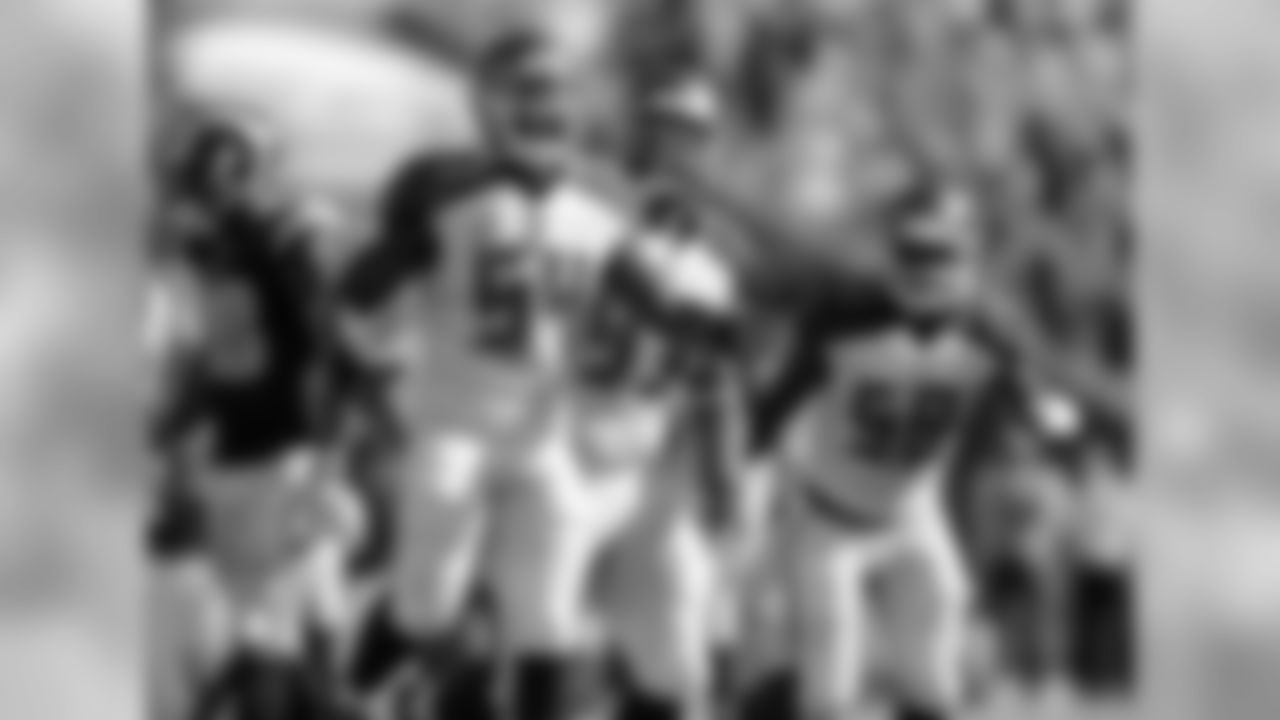
54 LB Lavonte David and #93 DT Gerald McCoy
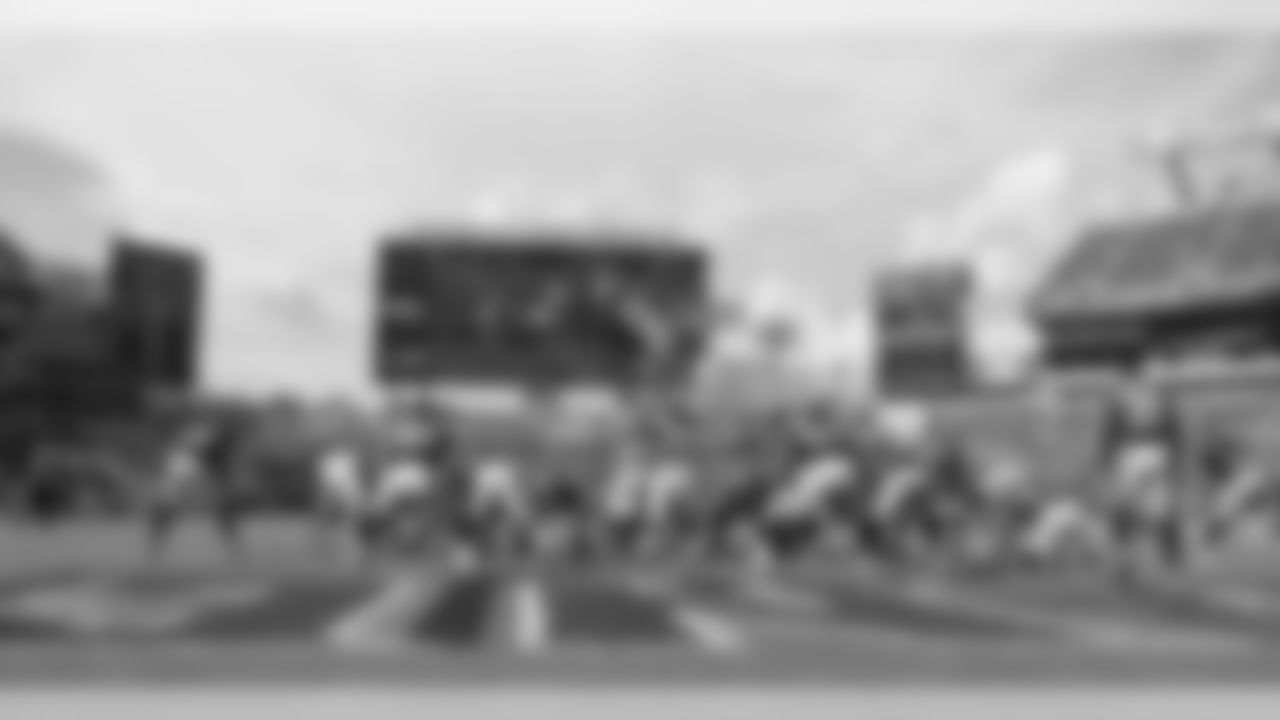
Bucs vs. Rams
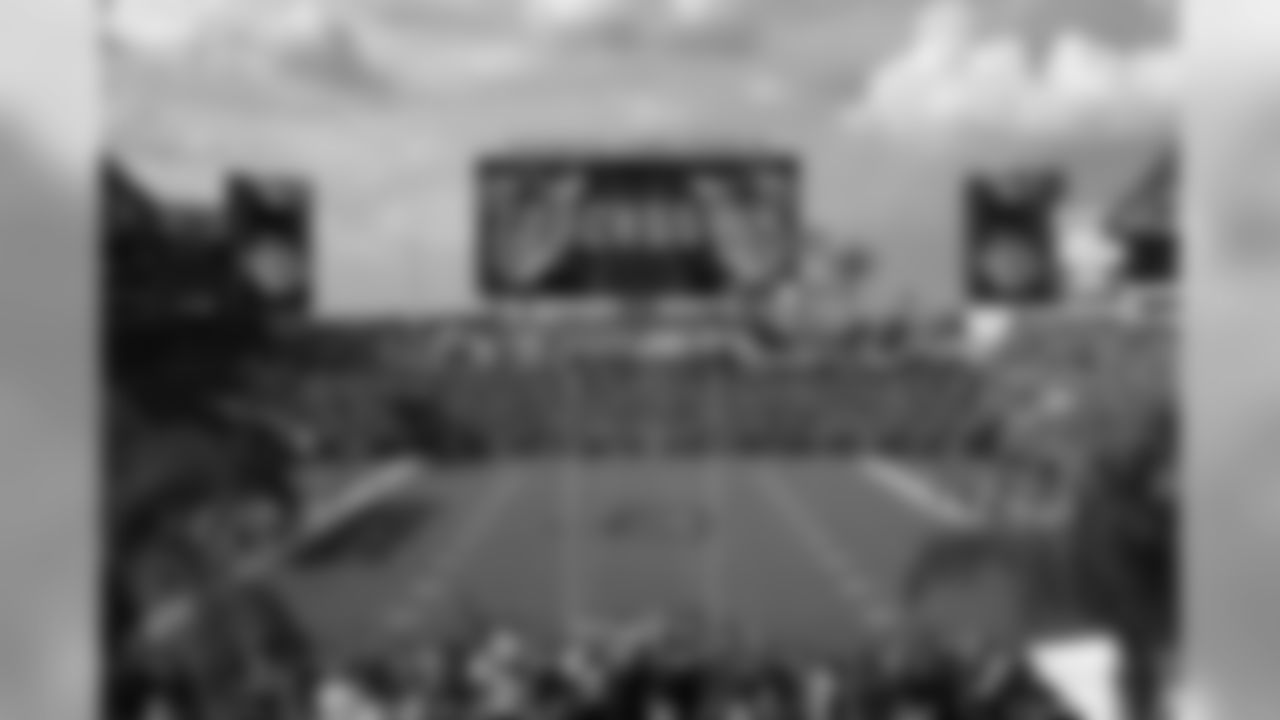
Bucs vs. Rams
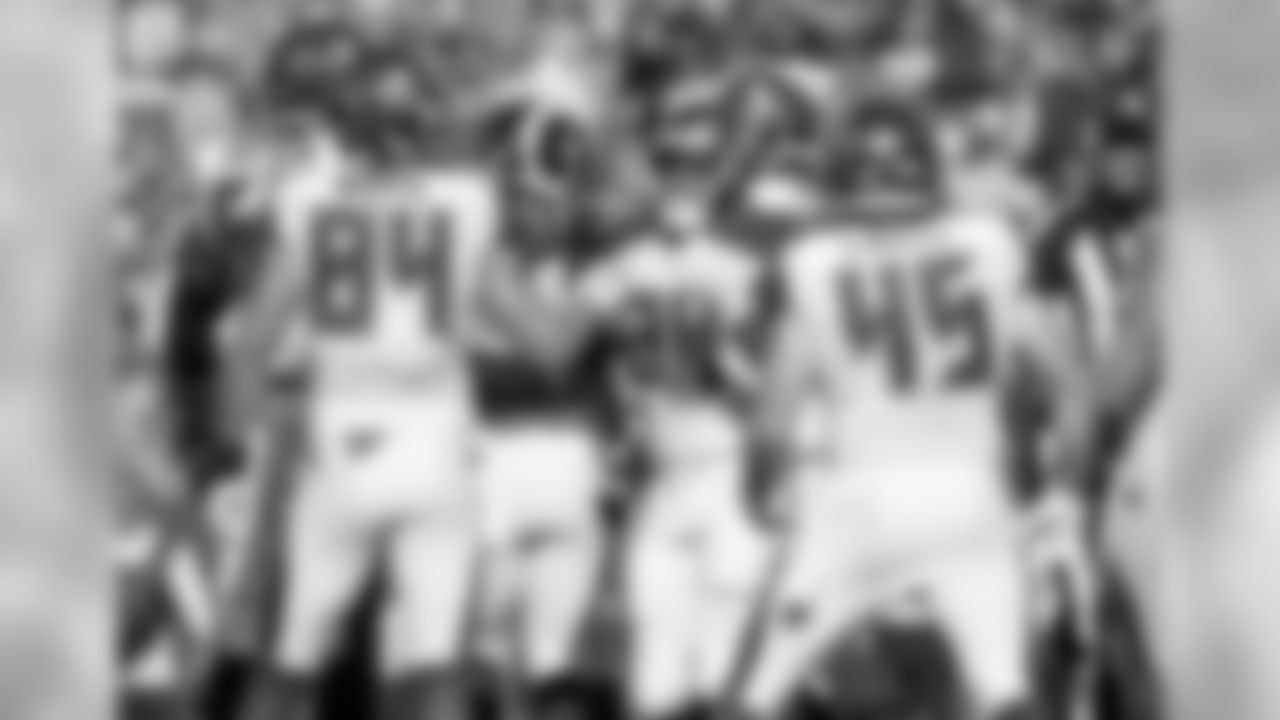
69 OT Demar Dotson, #84 TE Cameron Brate, #34 RB Charles Sims, and #45 TE Alan Cross

Bucs fans
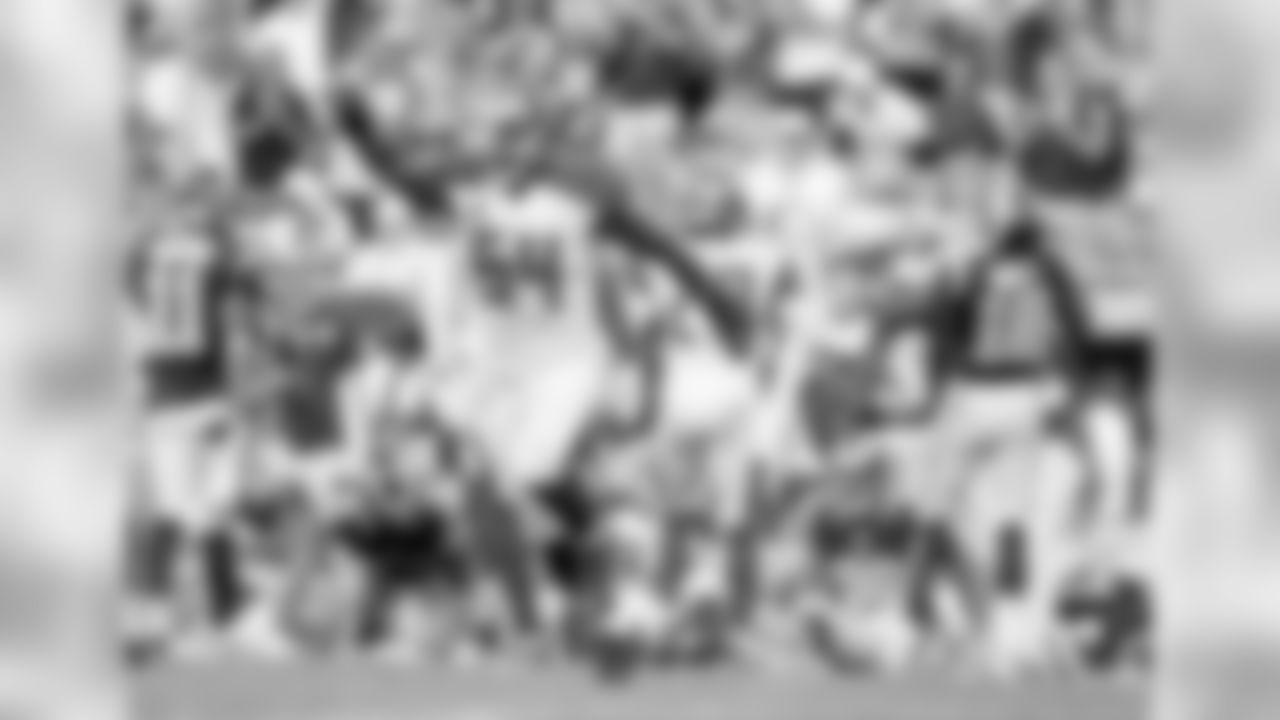
54 LB Lavonte David
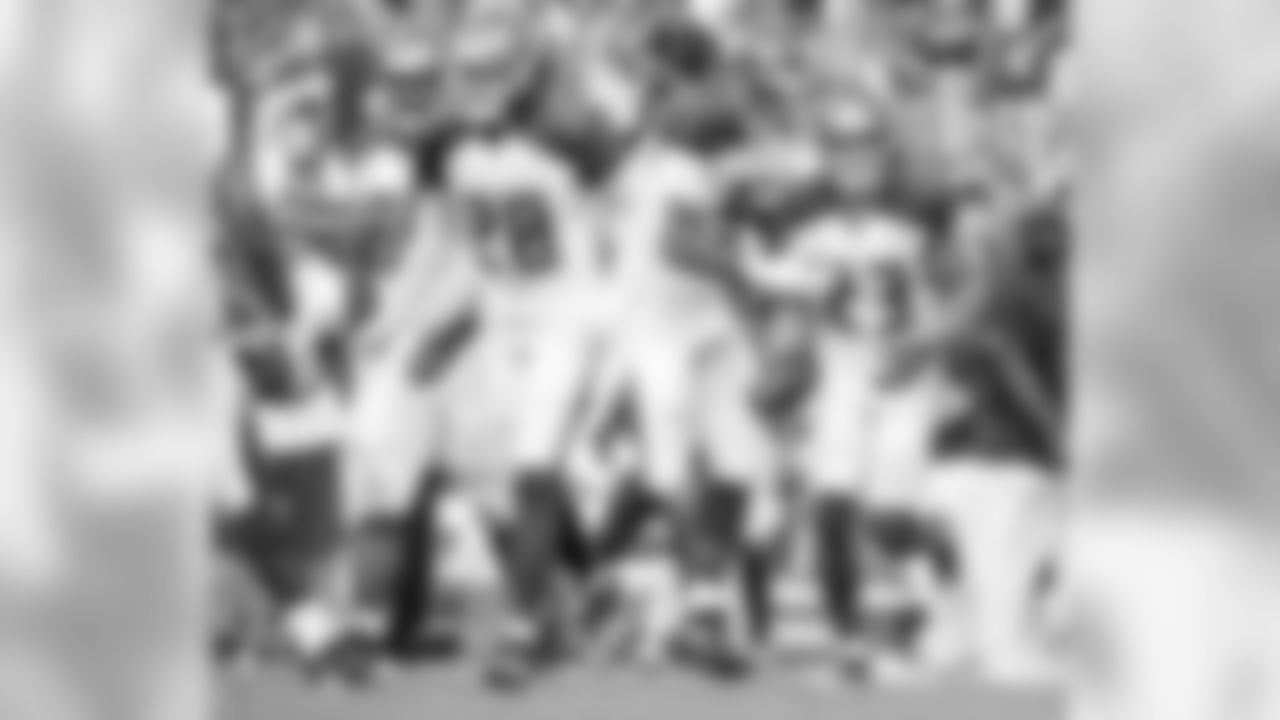
92 DE William Gholston and #23 S Chris Conte
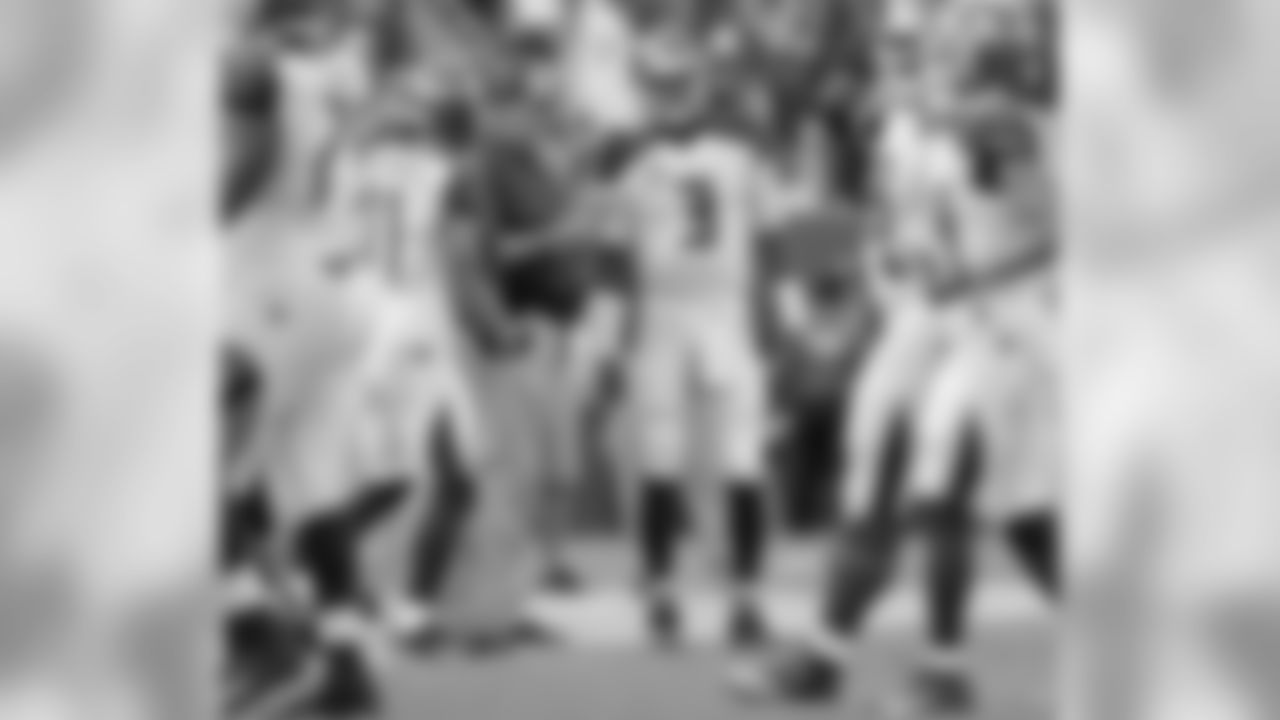
Head Coach Dirk Koetter and #3 QB Jameis Winston
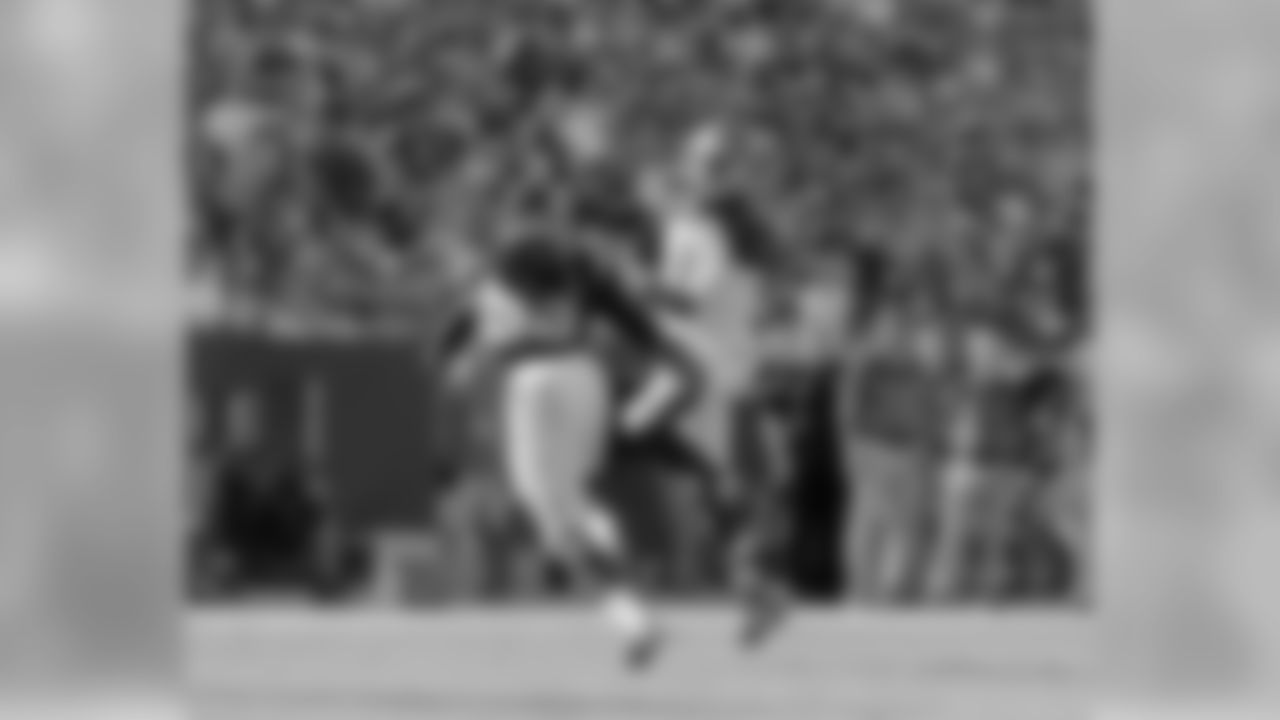
3 QB Jameis Winston
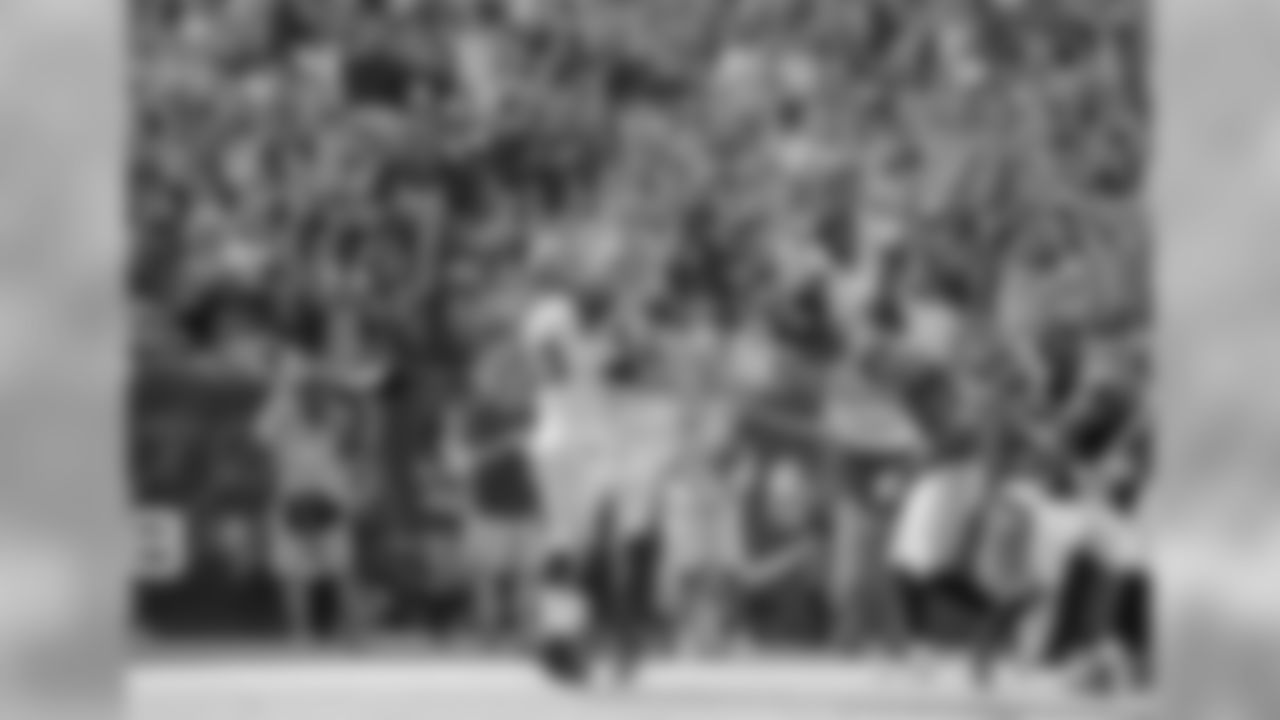
45 TE Alan Cross and #84 TE Cameron Brate

Bucs vs. Rams
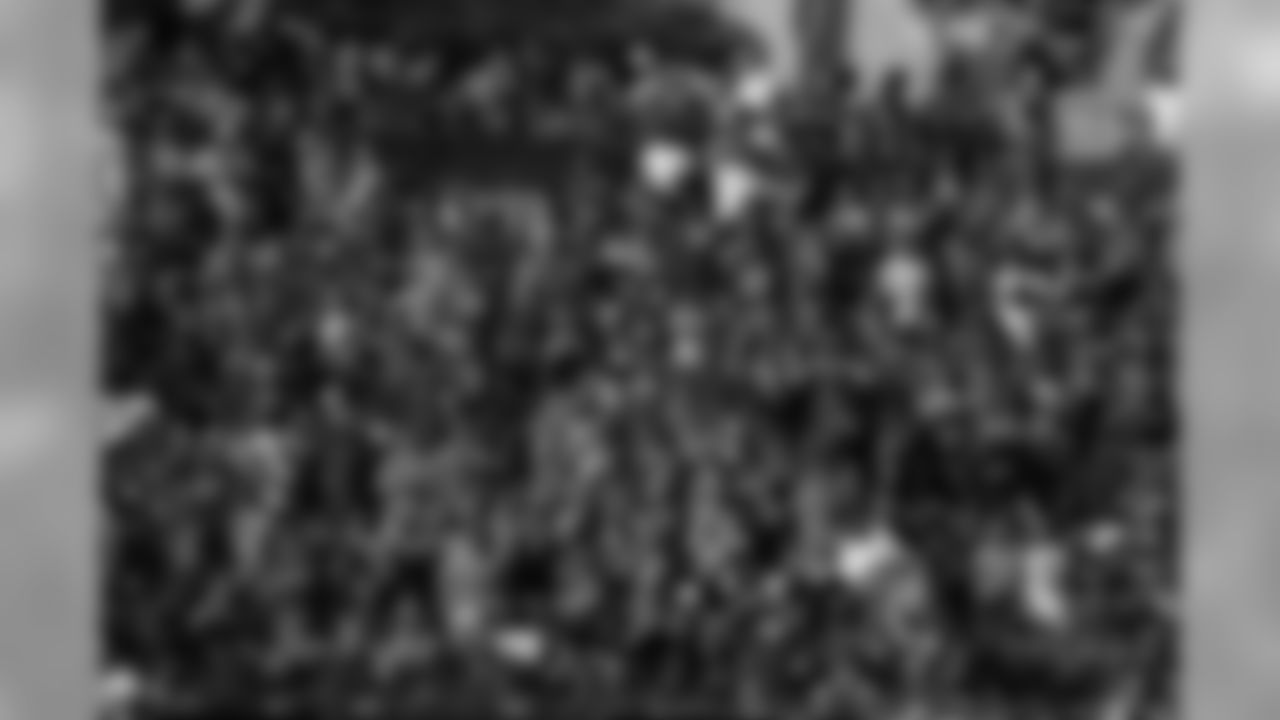
Bucs fans
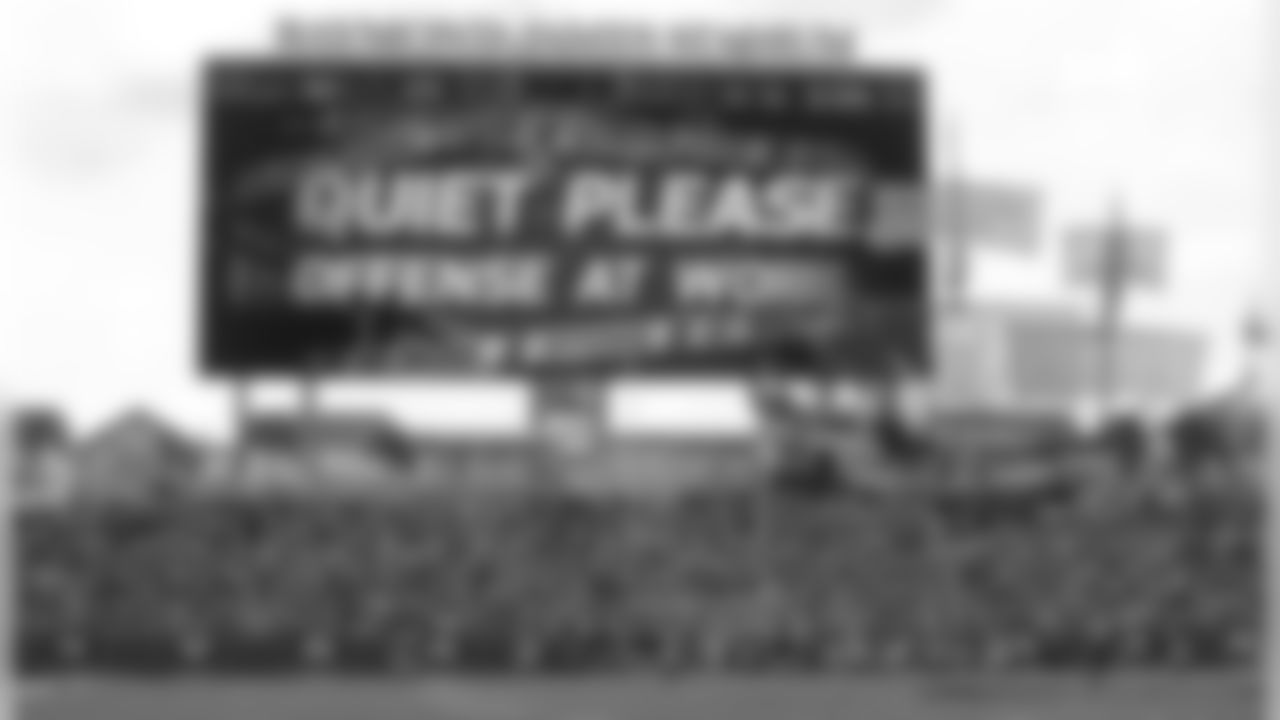
Bucs vs. Rams
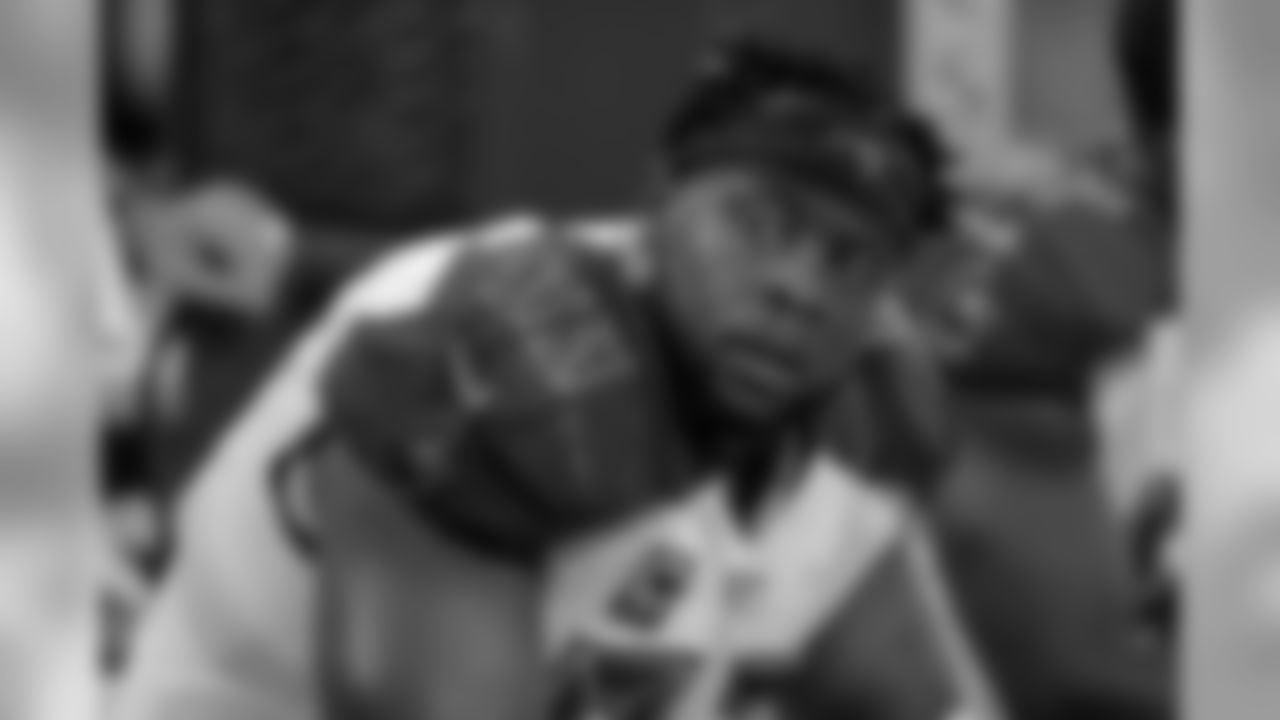
93 DT Gerald McCoy
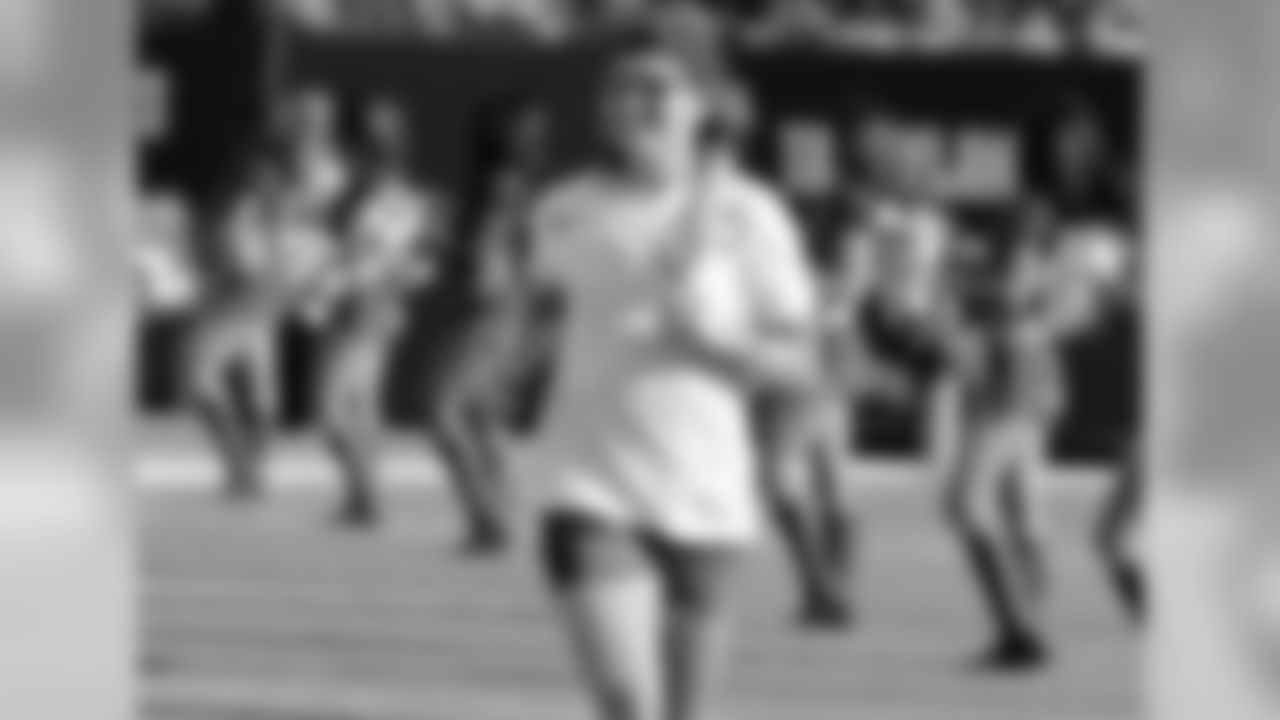
US Olympian Melanie Margalis
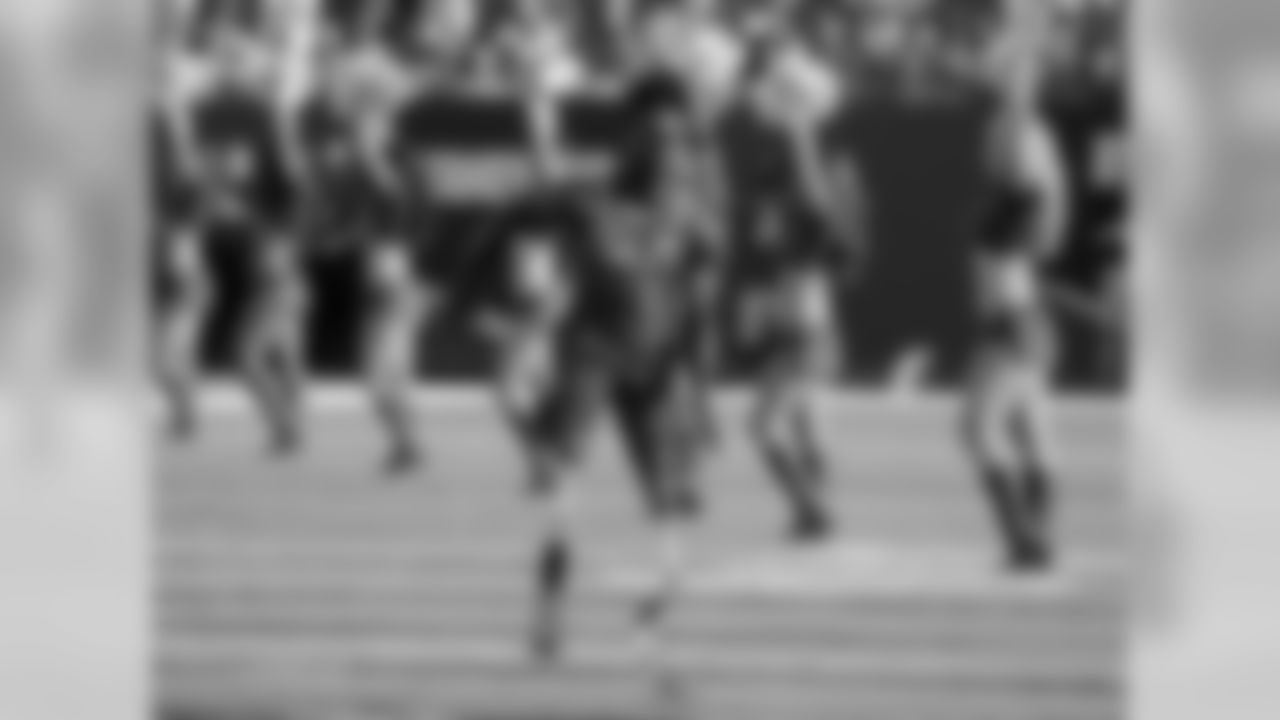
US Paralympian Regas Woods
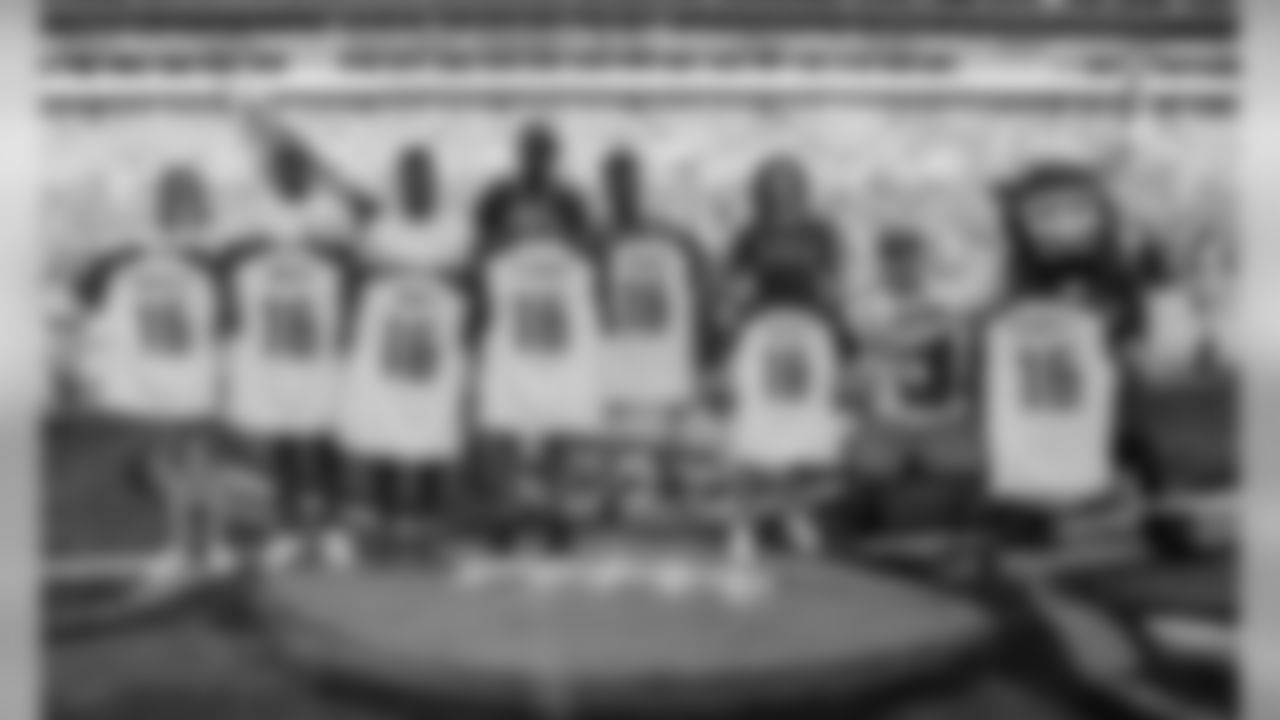
Melanie Margalis, Perry Baker, Marvin Bracy, Kerron Clement, Regas Woods, April Holmes, and Brad Kendell of the US Olympic and Paralympic Teams.

Bucs vs. Rams
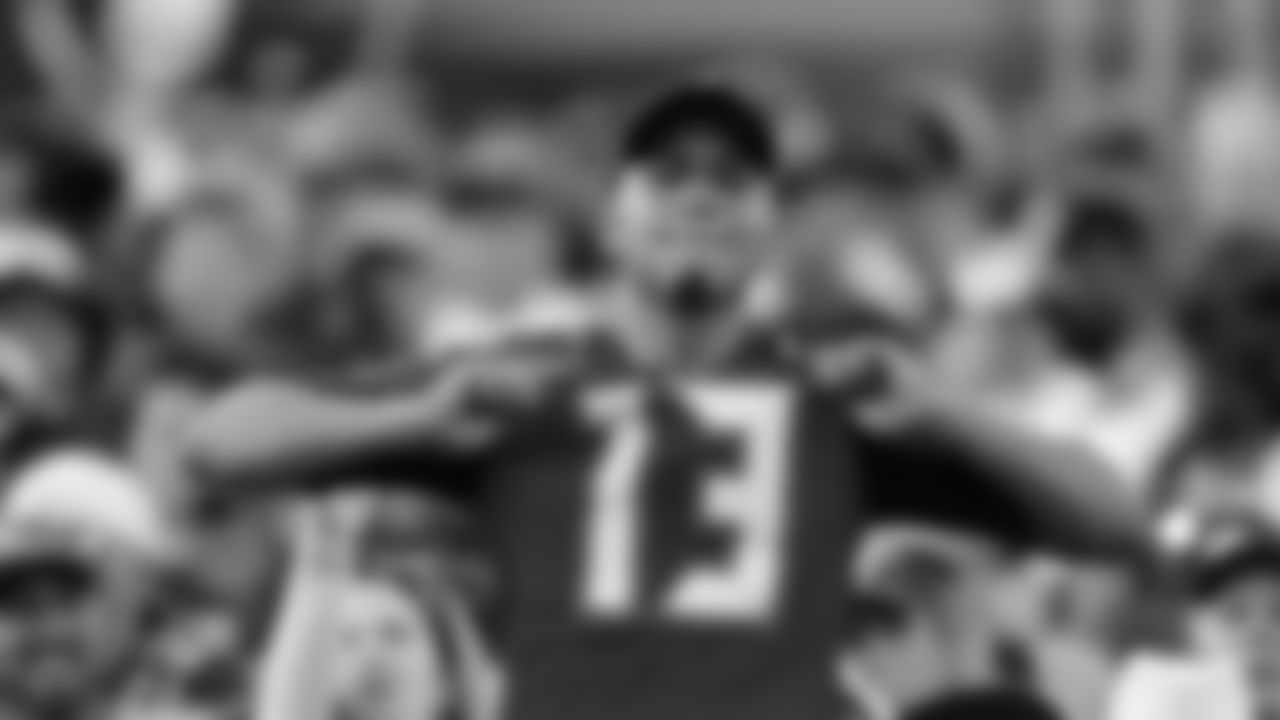
Bucs fan

Bucs fans
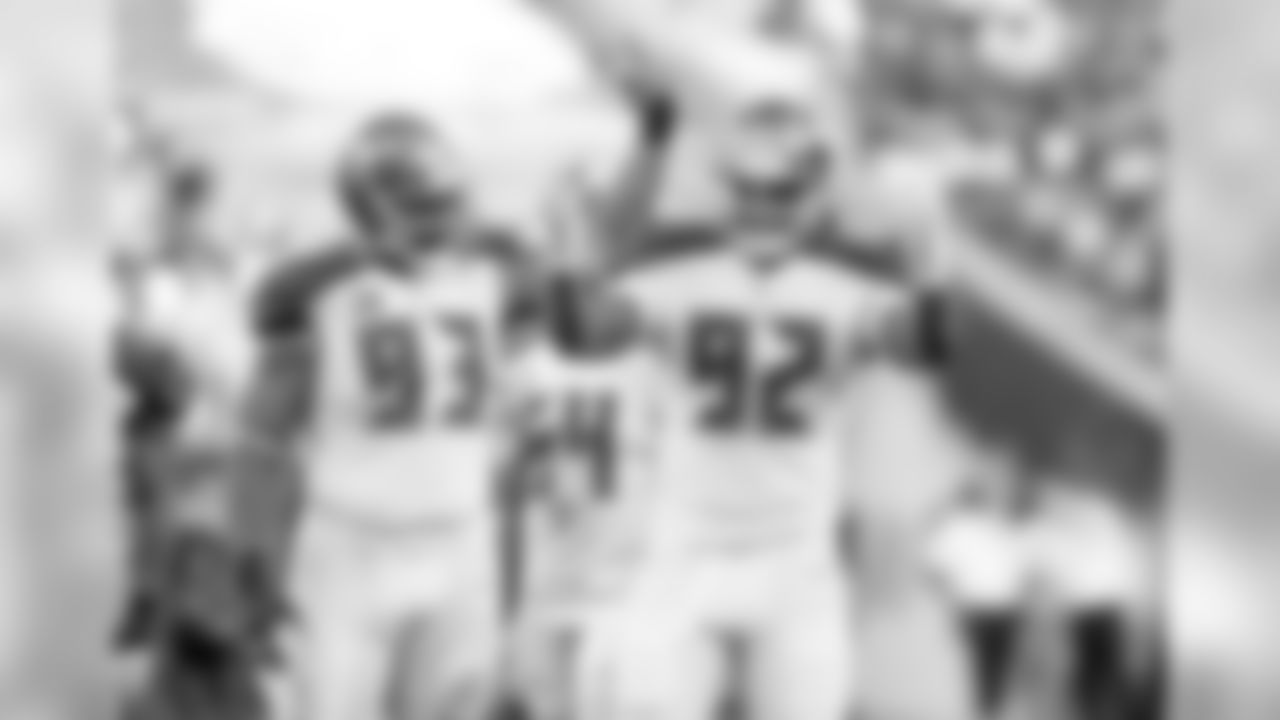
93 DT Gerald McCoy and #92 DE William Gholston

Bucs fan
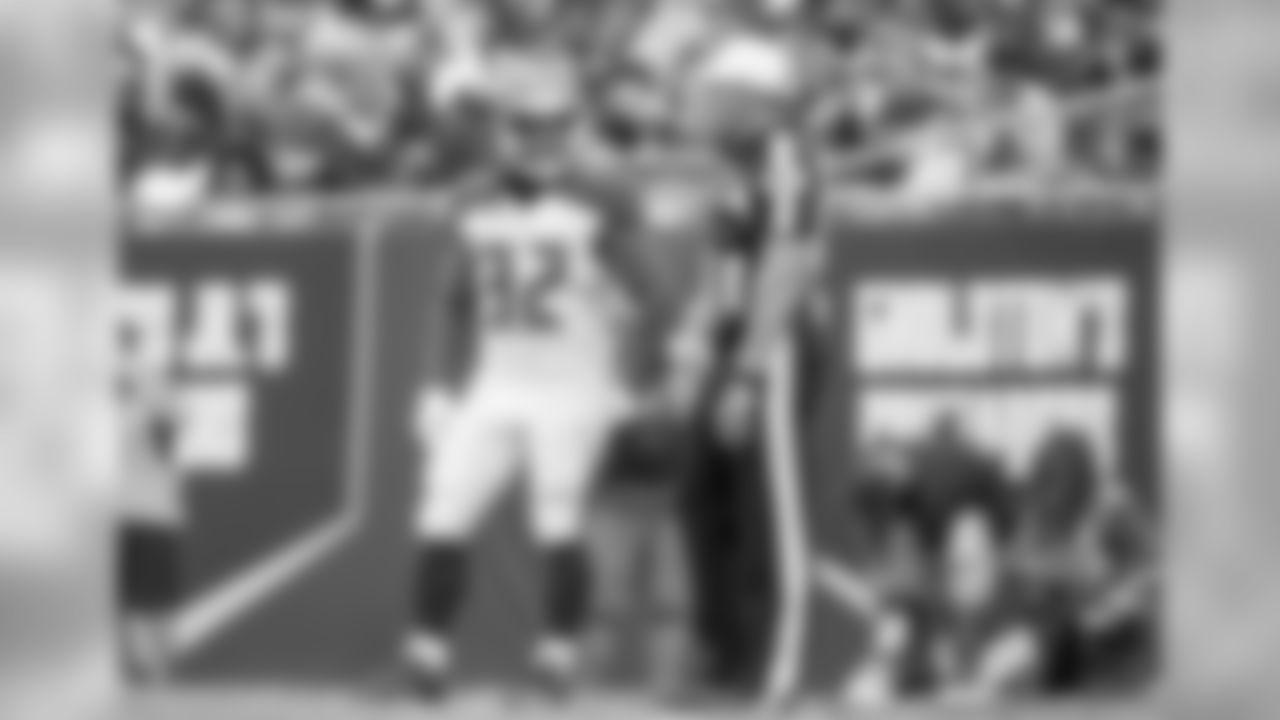
32 RB Jacquizz Rodgers
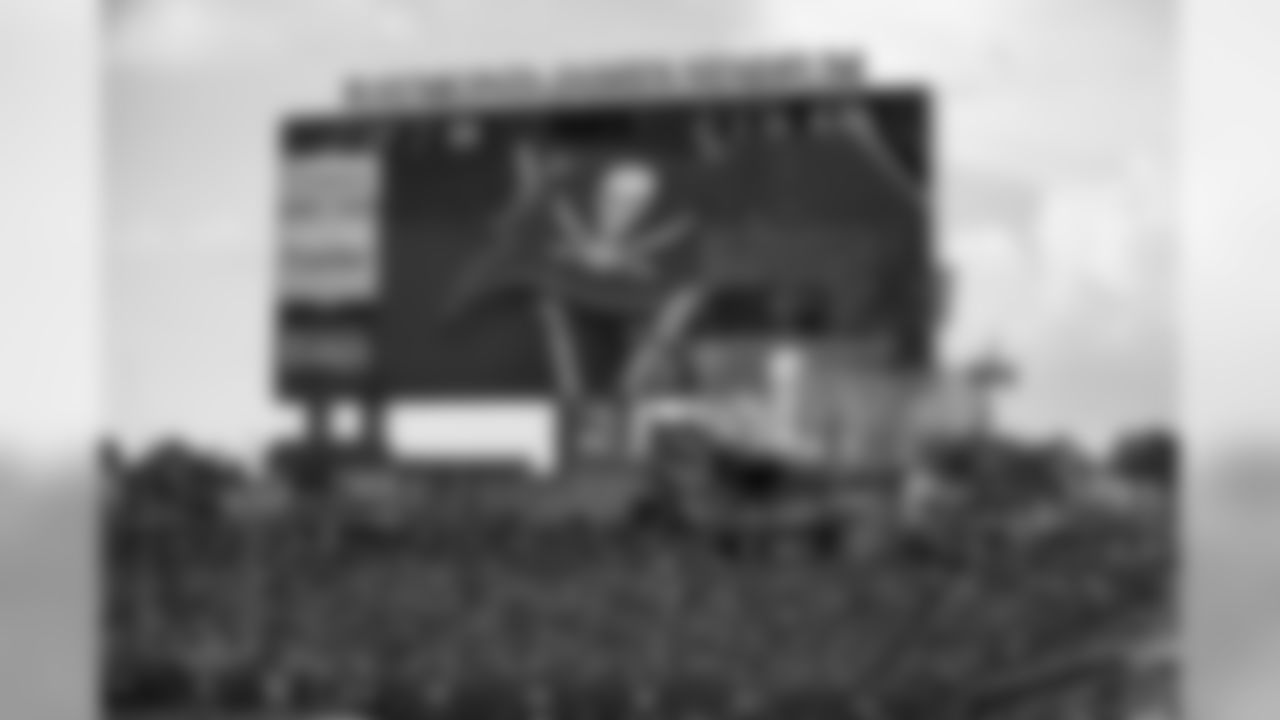
New BV6 scoreboard

Bucs fan
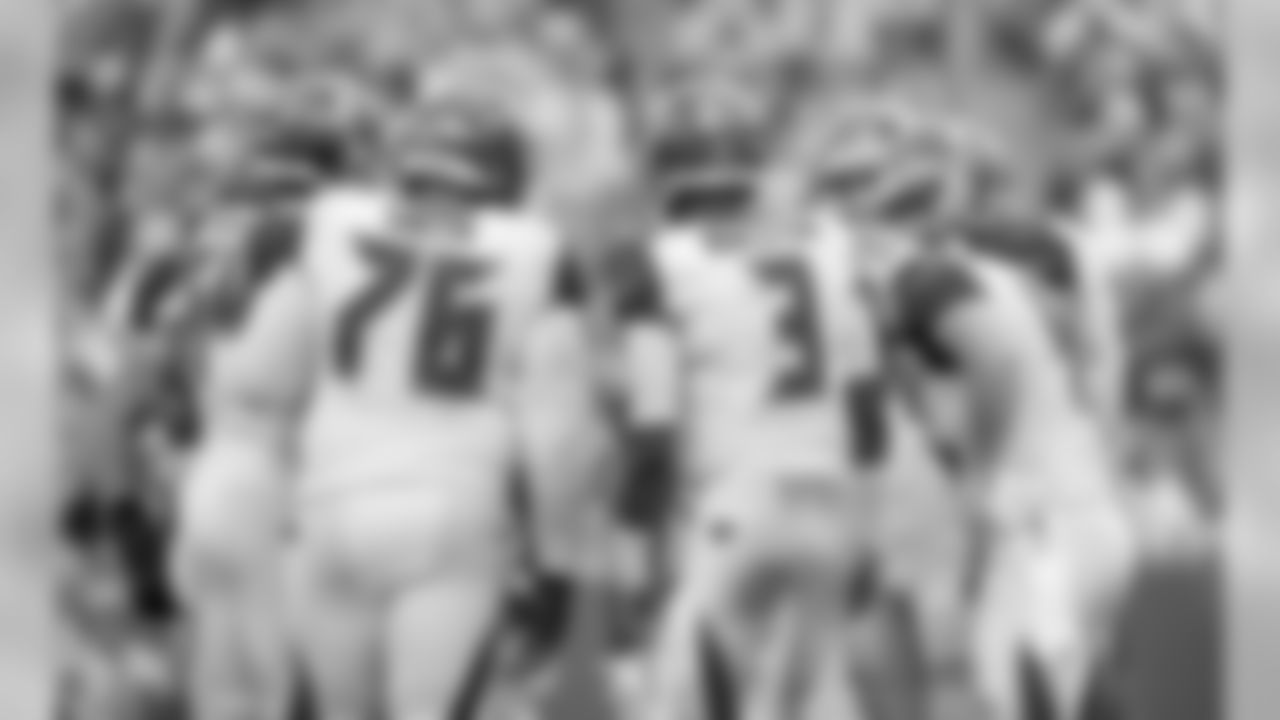
76 OT Donovan Smith and #3 QB Jameis Winston
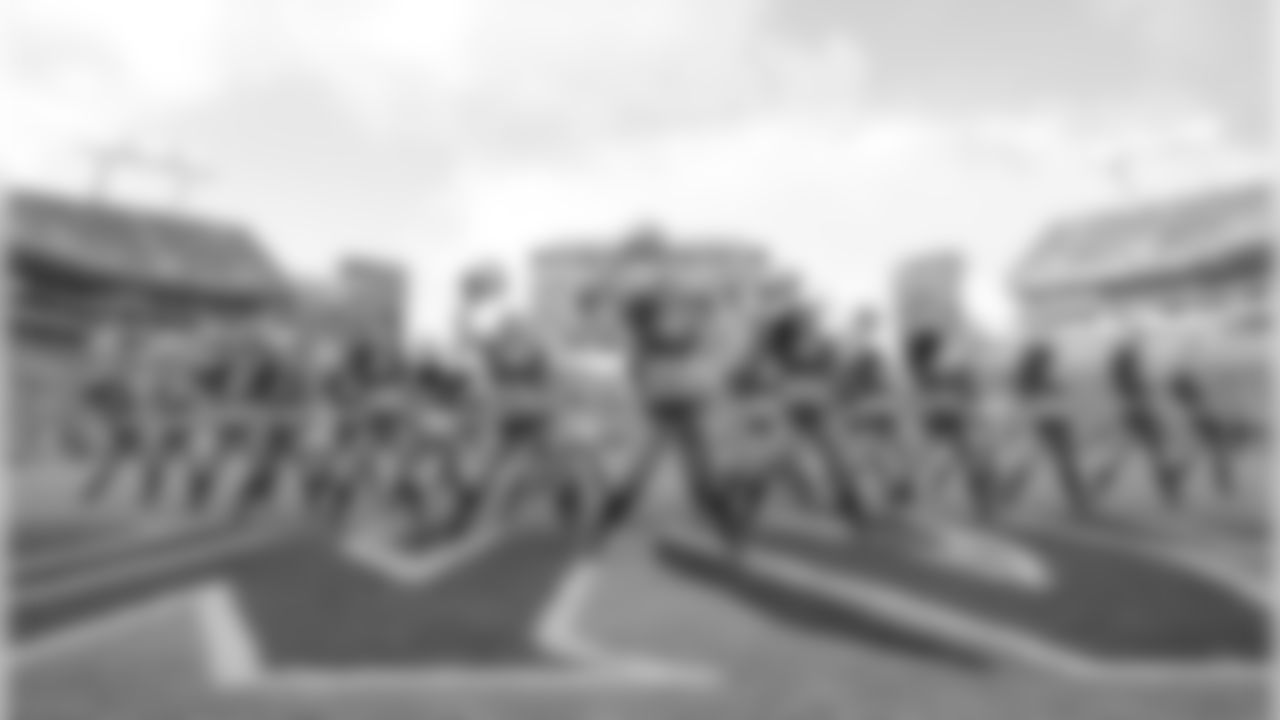
Bucs Cheerleaders

Bucs Cheerleader Julia

84 TE Cameron Brate
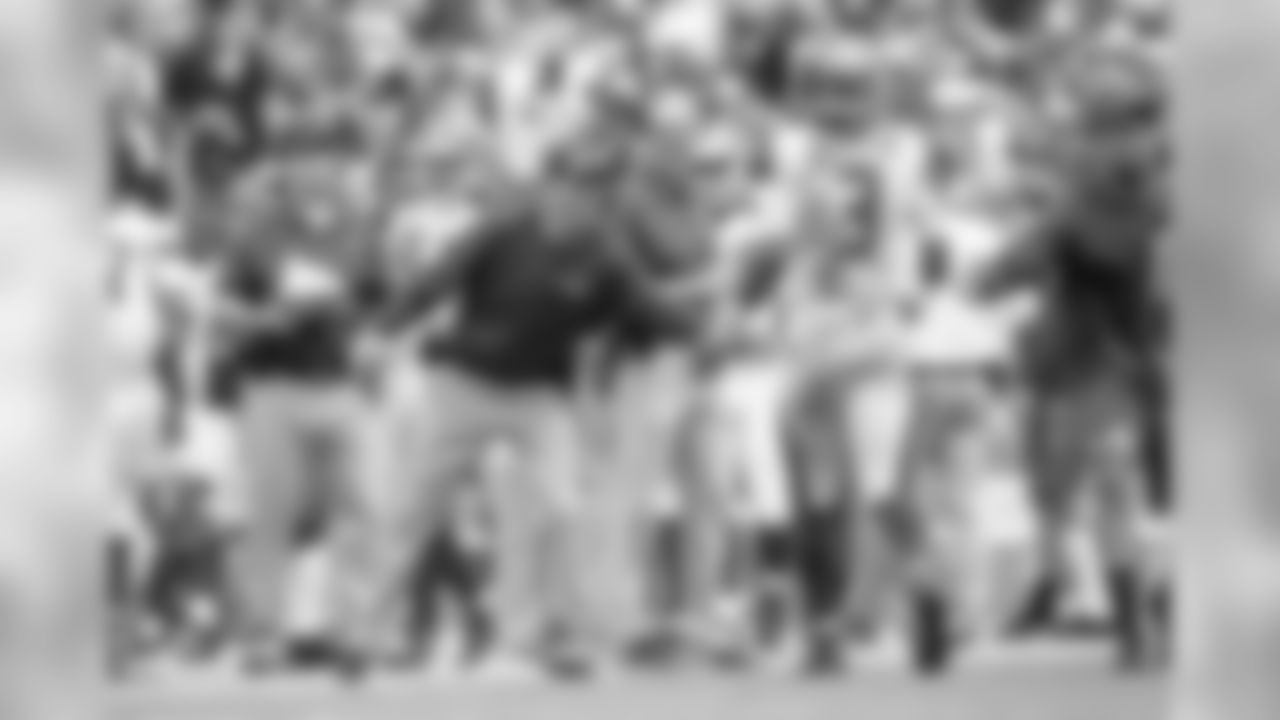
3 QB Jameis Winston
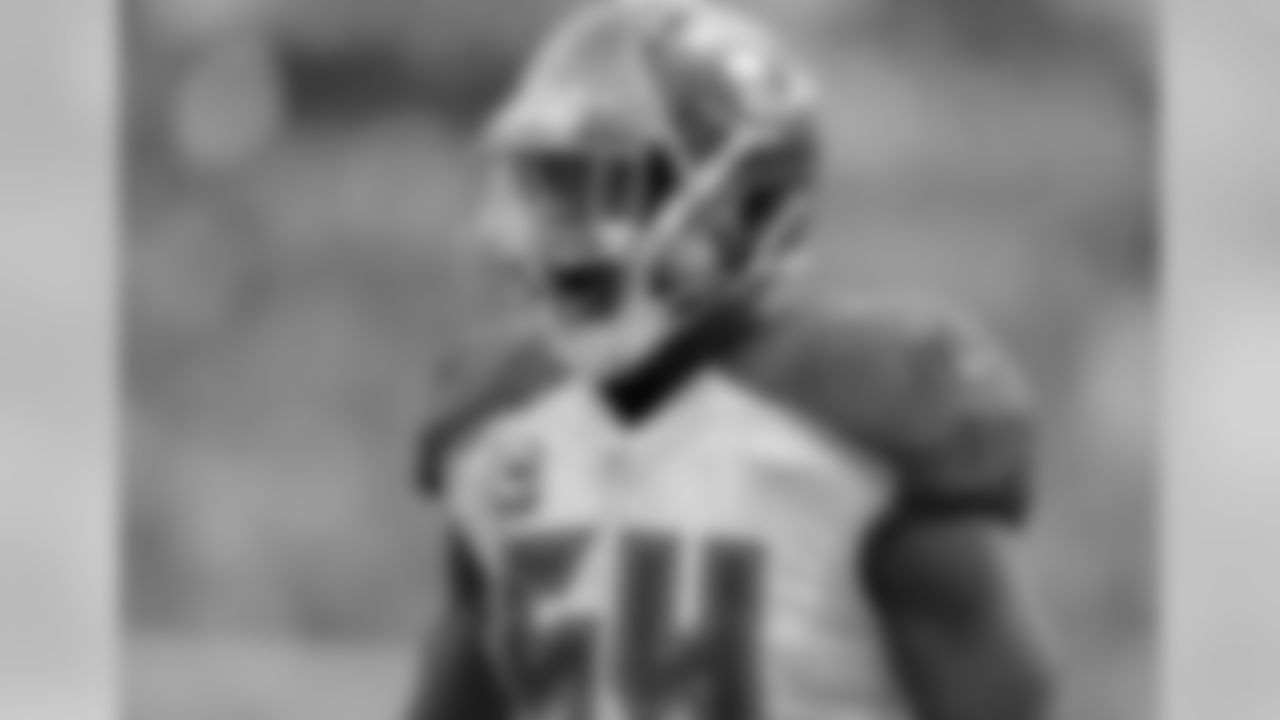
54 LB Lavonte David

Bucs vs Rams

Bucs vs. Rams
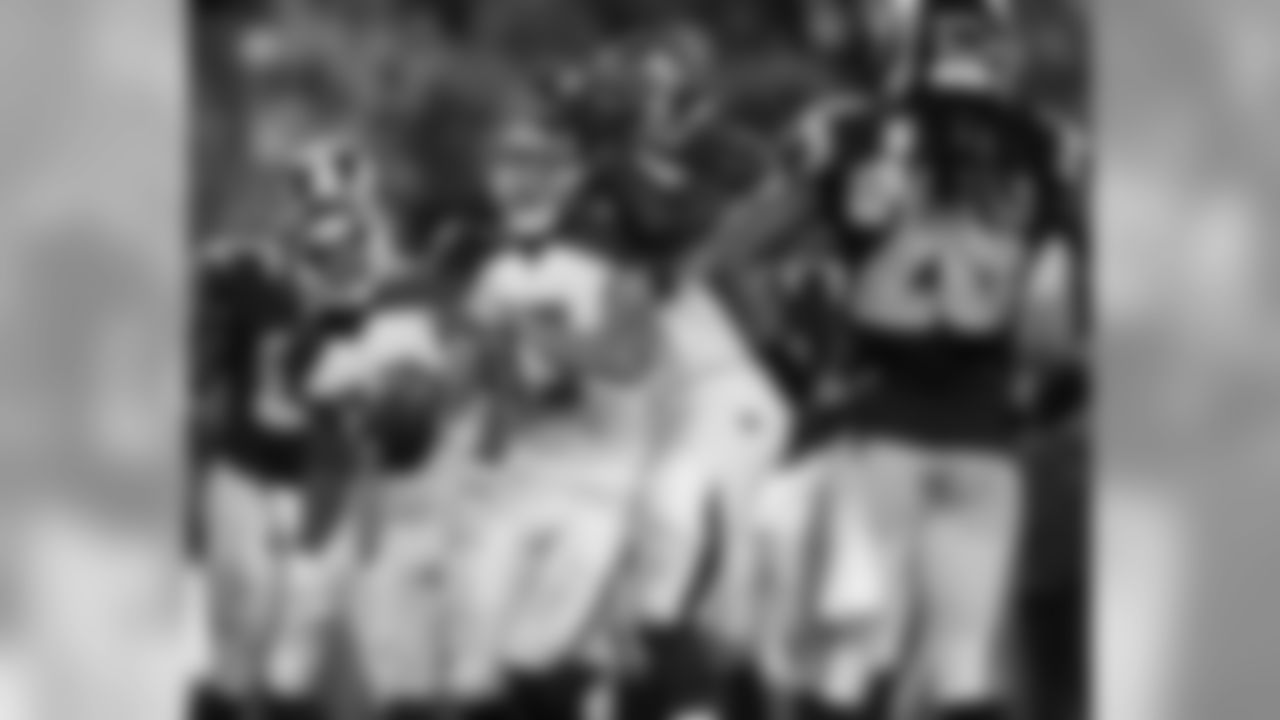
13 WR Mike Evans
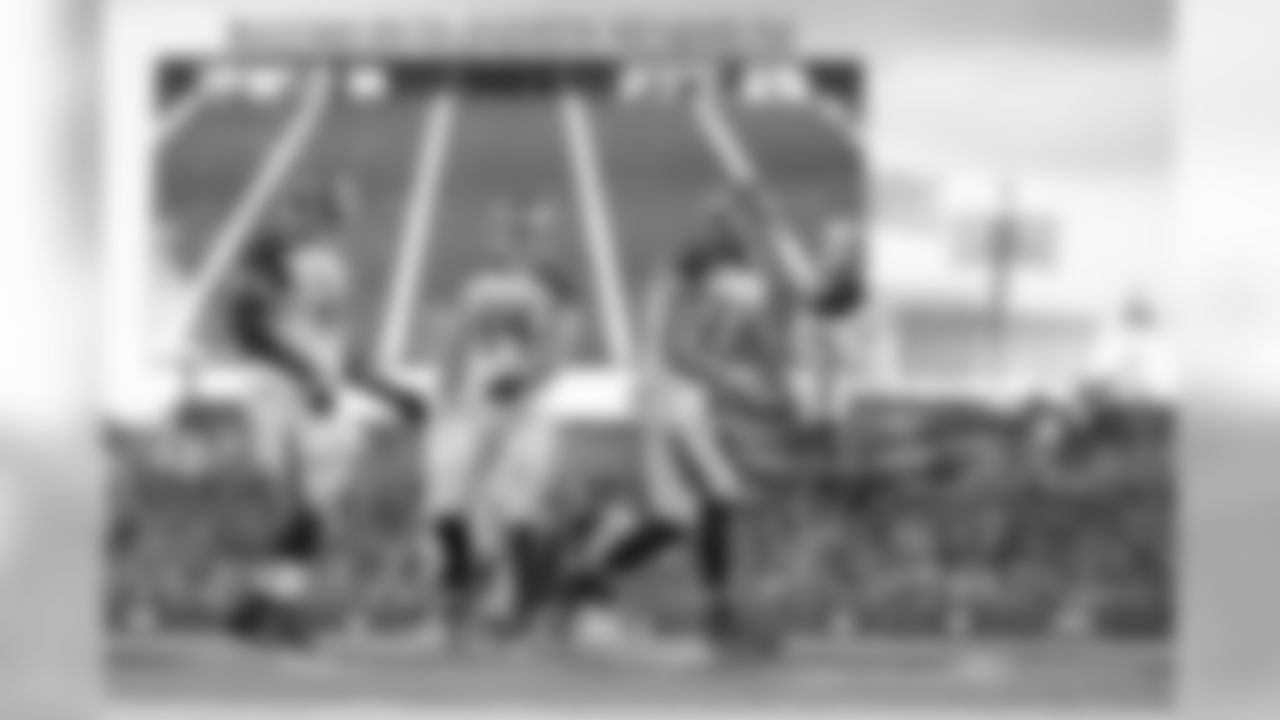
64 OT Kevin Pamphile, #84 TE Cameron Brate, and #13 WR Mike Evans
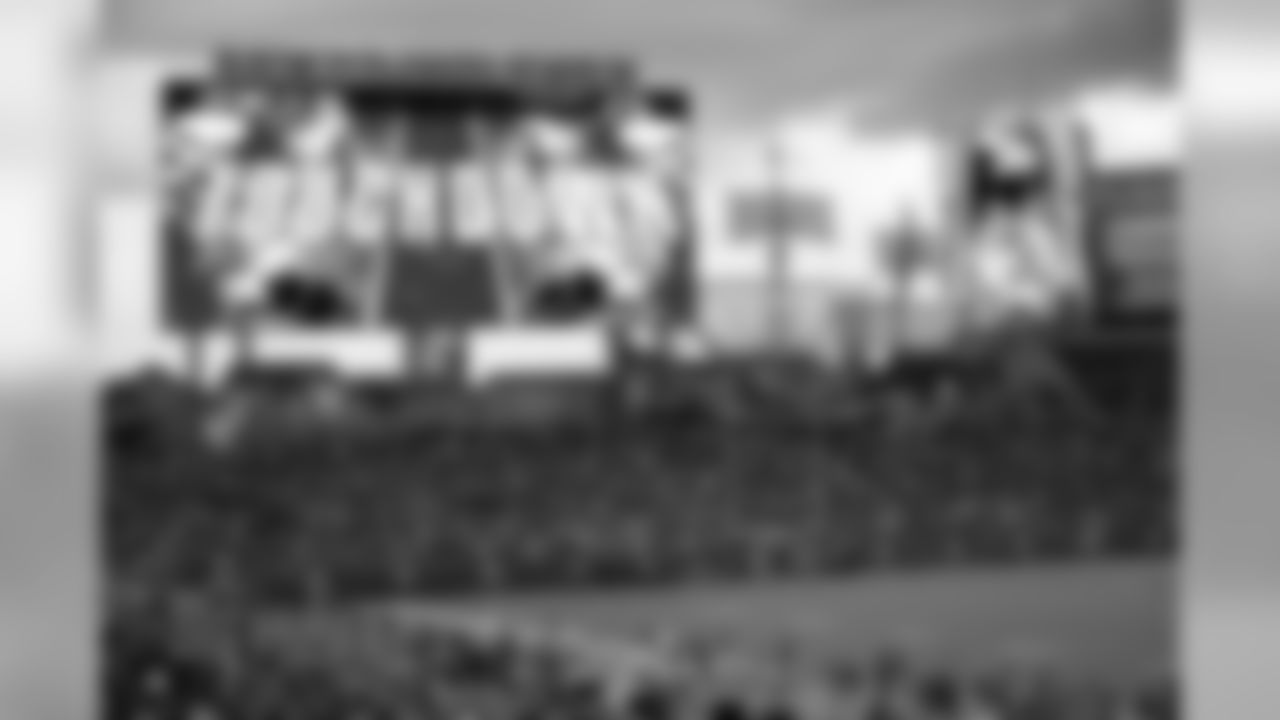
New BV6 scoreboards

Bucs fans

Bucs vs. Rams
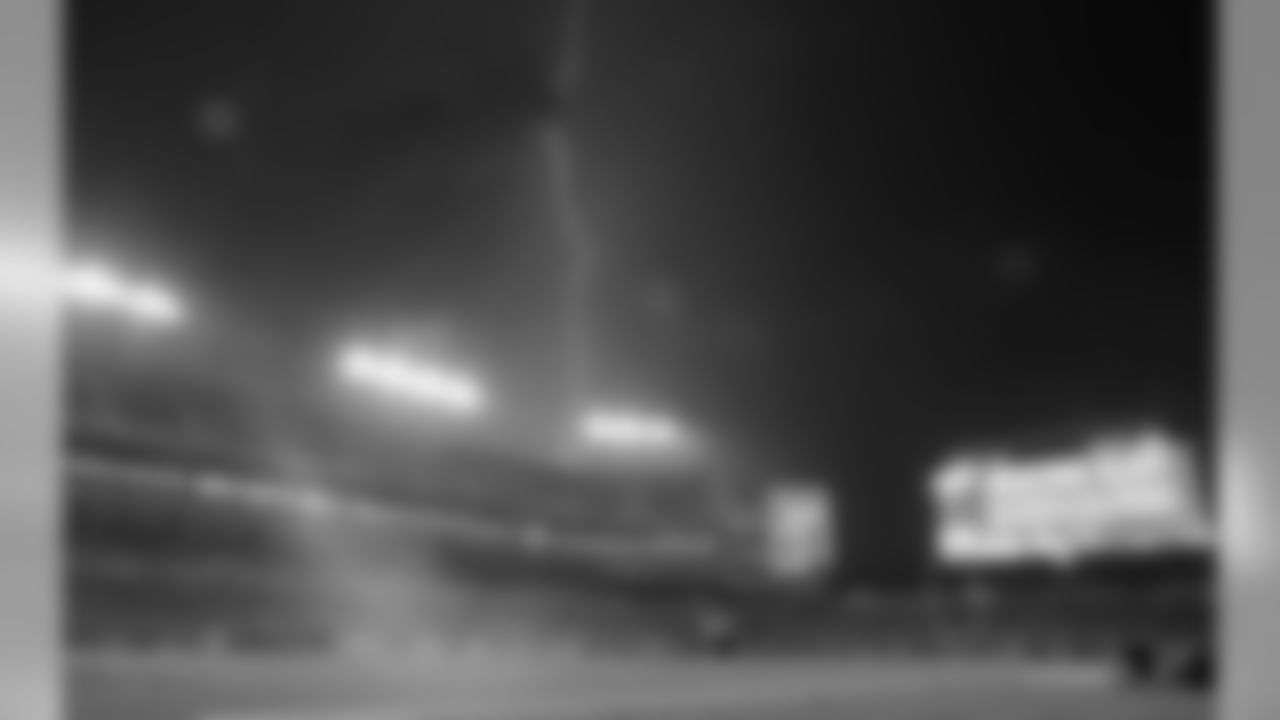
Bucs vs. Rams
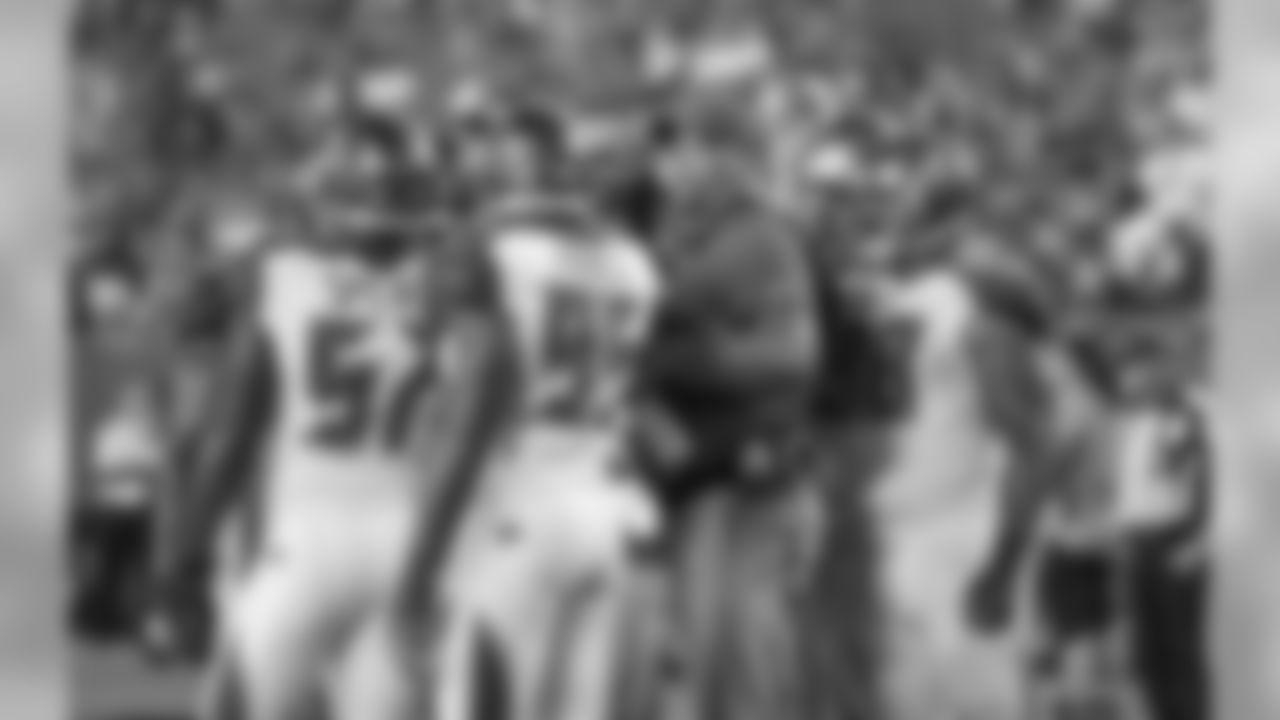
Defensive Line Coach Jay Hayes
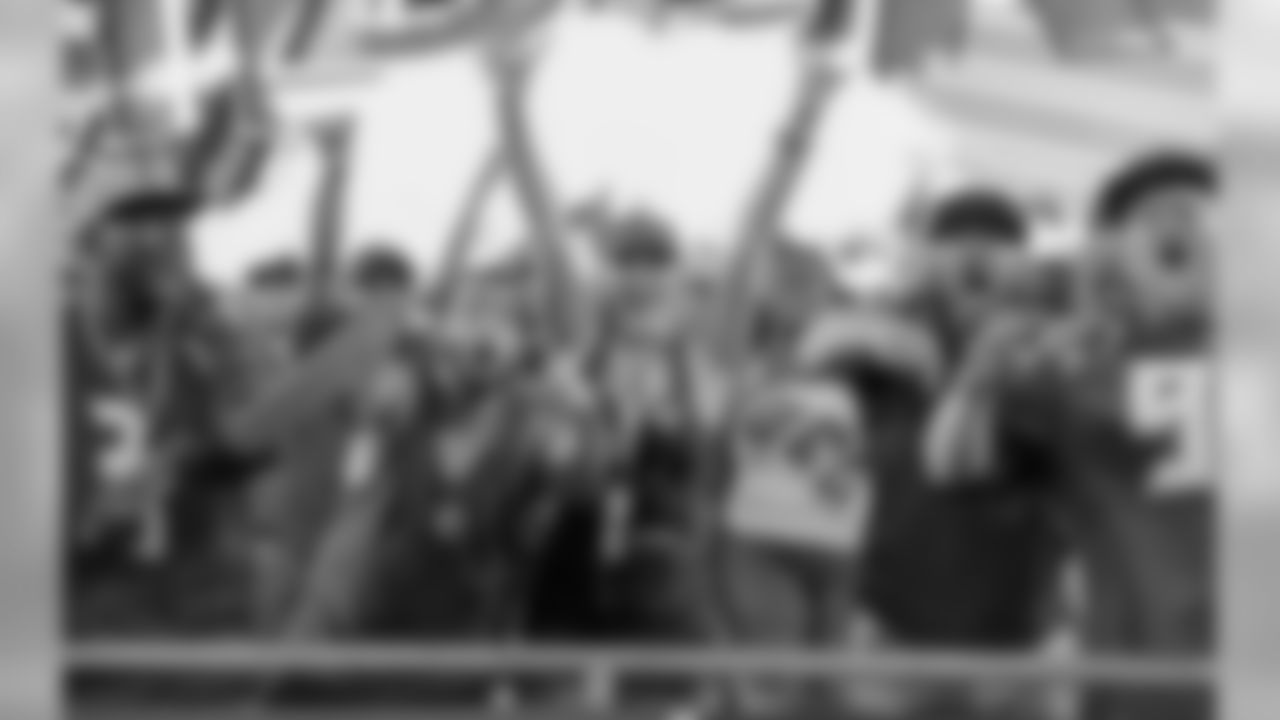
Bucs fans
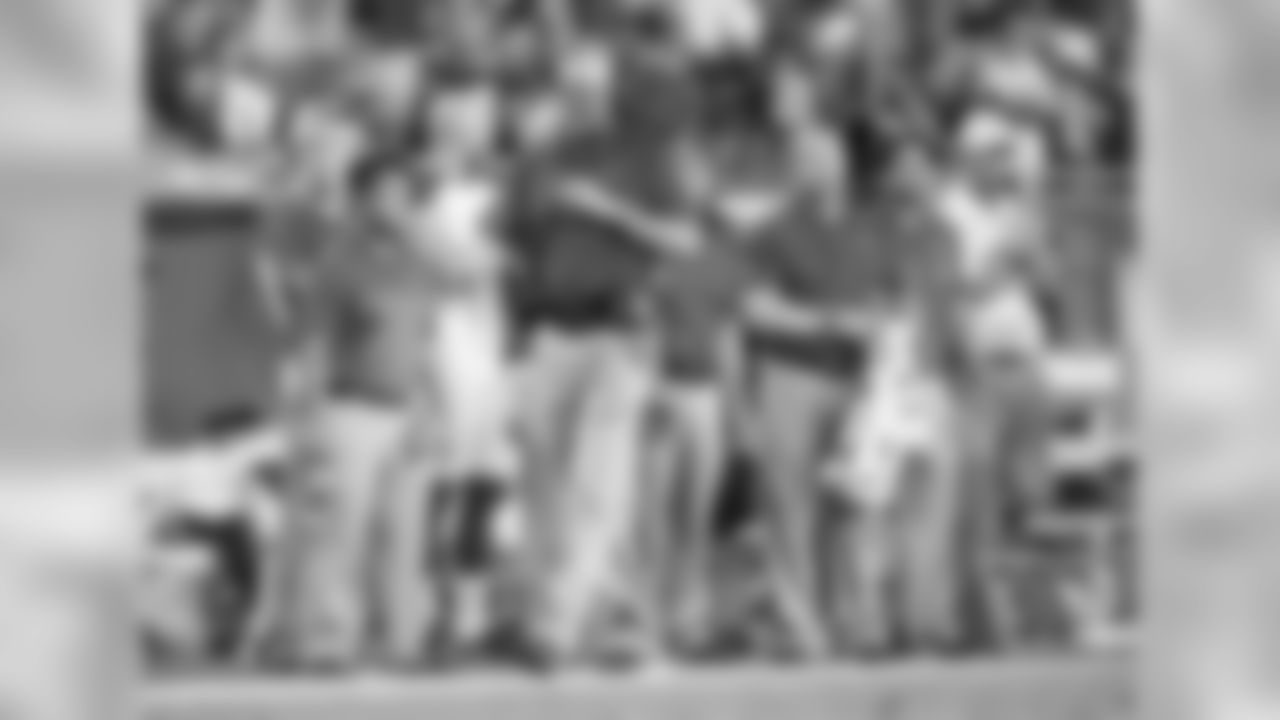
Head Coach Dirk Koetter
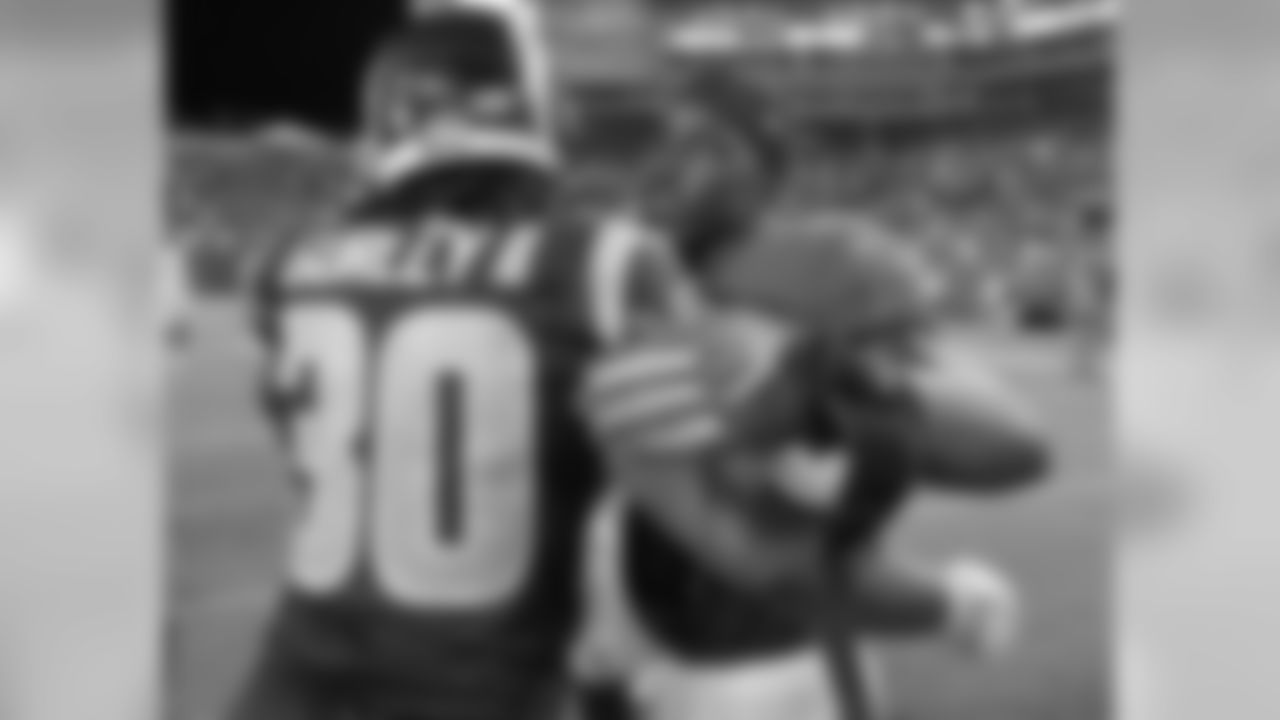
54 LB Lavonte David
Clearly, fixing the problem of allowing too many points is a full-team issue, which must be addressed with a unified front.
"We have another good drive in the third quarter and we get the sack-fumble, a very demoralizing play," said Koetter. "Should be a minimum of a 10-point turnaround right there, maybe 14. Like I just told the team today, 'Don't point fingers.' We had a lot of opportunities offensively, defensively, [in the] kicking game. We had opportunities. We know what we've got to do better. You ask me, 'Do I think the defense will come around?' Absolutely, I think the defense will come around."
3. After speaking about his desire to fix the "culture" of his team on Sunday night, Koetter emphasized that topic with his players on Monday, then clarified his comments in his press conference.
In his postgame press conference on Sunday, Koetter said this: "There is something about our culture, I wish I could grab it…I've been on teams that have had it and you don't want to let go of it but when you don't have it is hard to figure out what it is. But there's something in our culture and it's my job to fix it, along with the coaches, of letting games like this get away."
Koetter's comments were meant only to encompass the players and coaches, a group that he firmly believes can come together and be consistent winners. He spent time on Monday morning discussing the topic in the first team meeting of the week.
"When I'm talking about the culture, I'm talking about the culture of our football team," he said. "I'm not talking about our organization, I'm not talking about ownership, I'm not talking about this building, I'm not talking about our fans. I'm talking about the 53 players, the 10 practice squad guys and however many coaches we have, the guys that are coming up with the game plan, putting the game plan together and trying to execute the game plan.
"The best teams that I've been on beat with one heart, and they count on the guy next to them to do their job, every time. They win and lose together. Maybe our fans have cheered for a team like that at one point. Hopefully all of our players have played on [such] a team. I know when I've been on teams like that, you can feel it and, man, you want to grab it and hold onto its tail because it's elusive. When you don't have it, you can also feel it. We're just missing something, I feel like, and as my title suggests it's my job to speak up. I feel like sometimes we find too many ways to lose a game instead of creating ways to win a game.
"Now, when I say that, I put myself right at the top. I'm number-one on that list. I'm not calling out any player or any coach above myself. That's just how I feel. Until we change that, we're going to have nights like last night."
When his team does figure out how to establish that culture of winning, Koetter knows that the fan base will be ready to make the most of it. He was very impressed with the Raymond James Stadium crowd on Sunday after the 69-minute weather delay.
"We ask the fans to hang with us; it makes a difference," said Koetter. "Man, those fans that were there at the end, however many that was, those fans when we came back out, that was the loudest the stadium was all night, when our defense went back out there for that third-and-11. It's our job to give the fans something to cheer about during the whole game. We've got to find it, and I just don't think we should sit back and act like it doesn't exist because in my eyes it does. I've been on those teams that have it and we're going to keep looking for it until we find it."






















